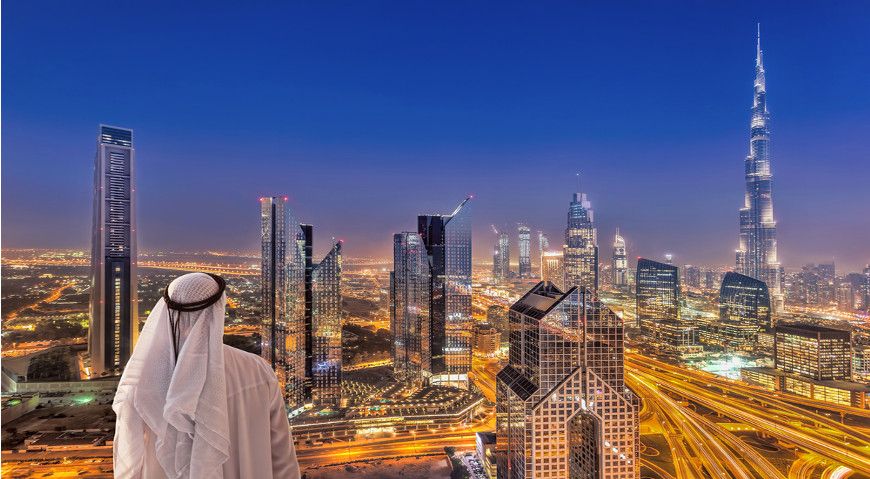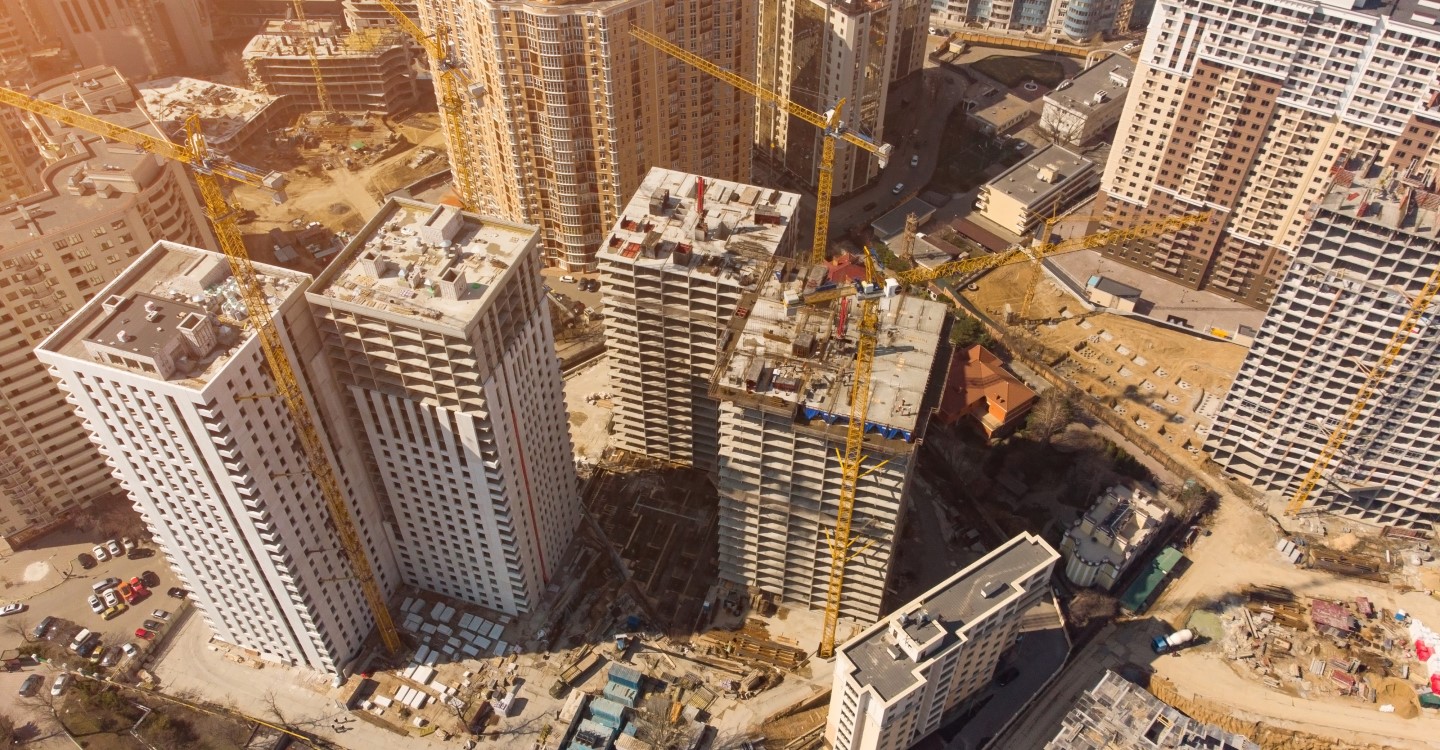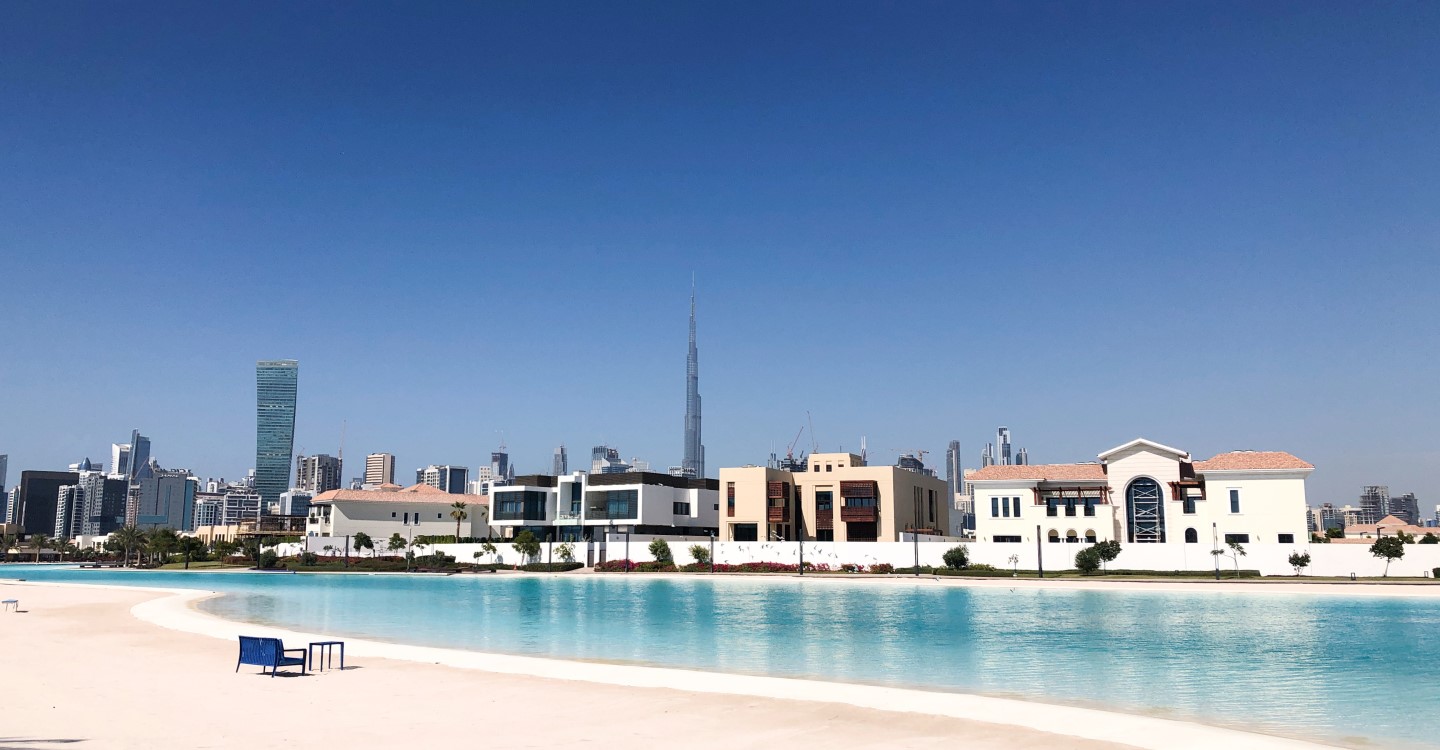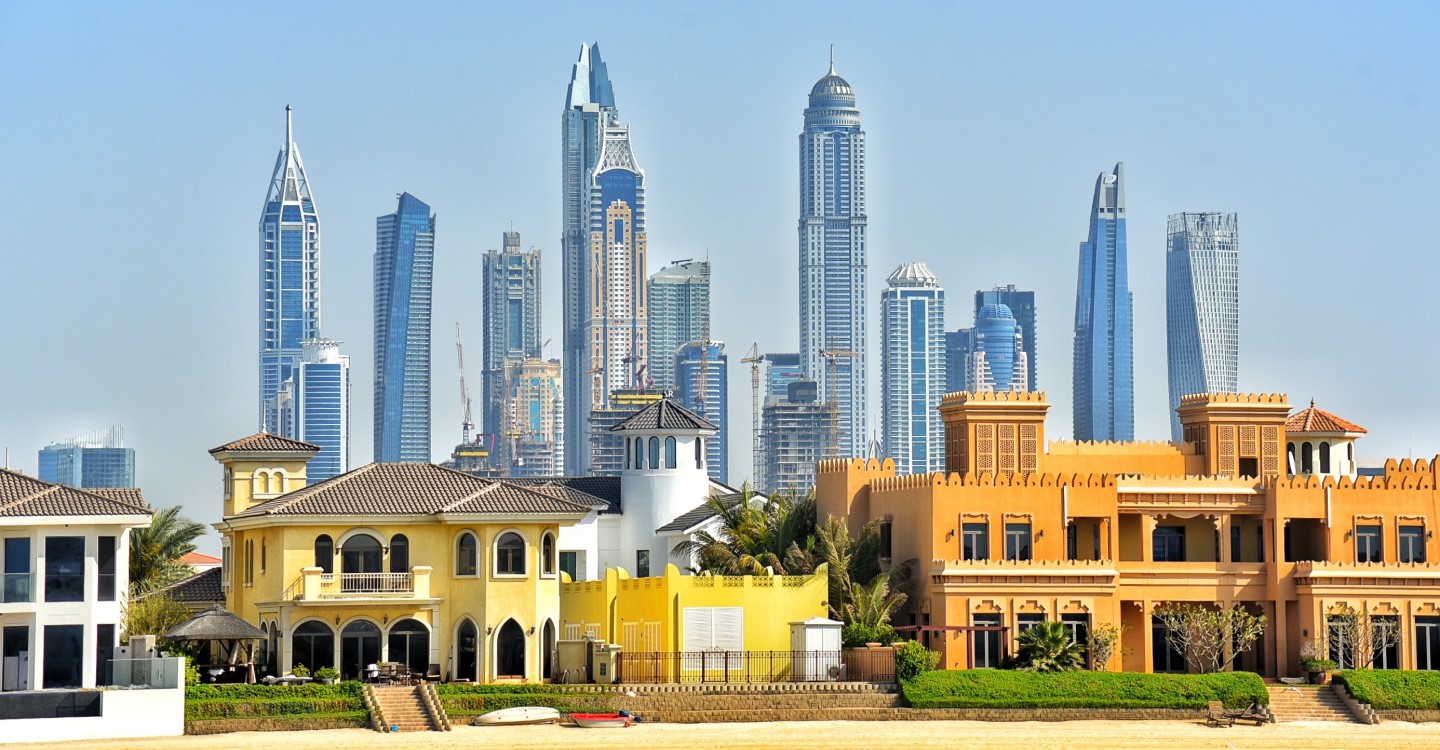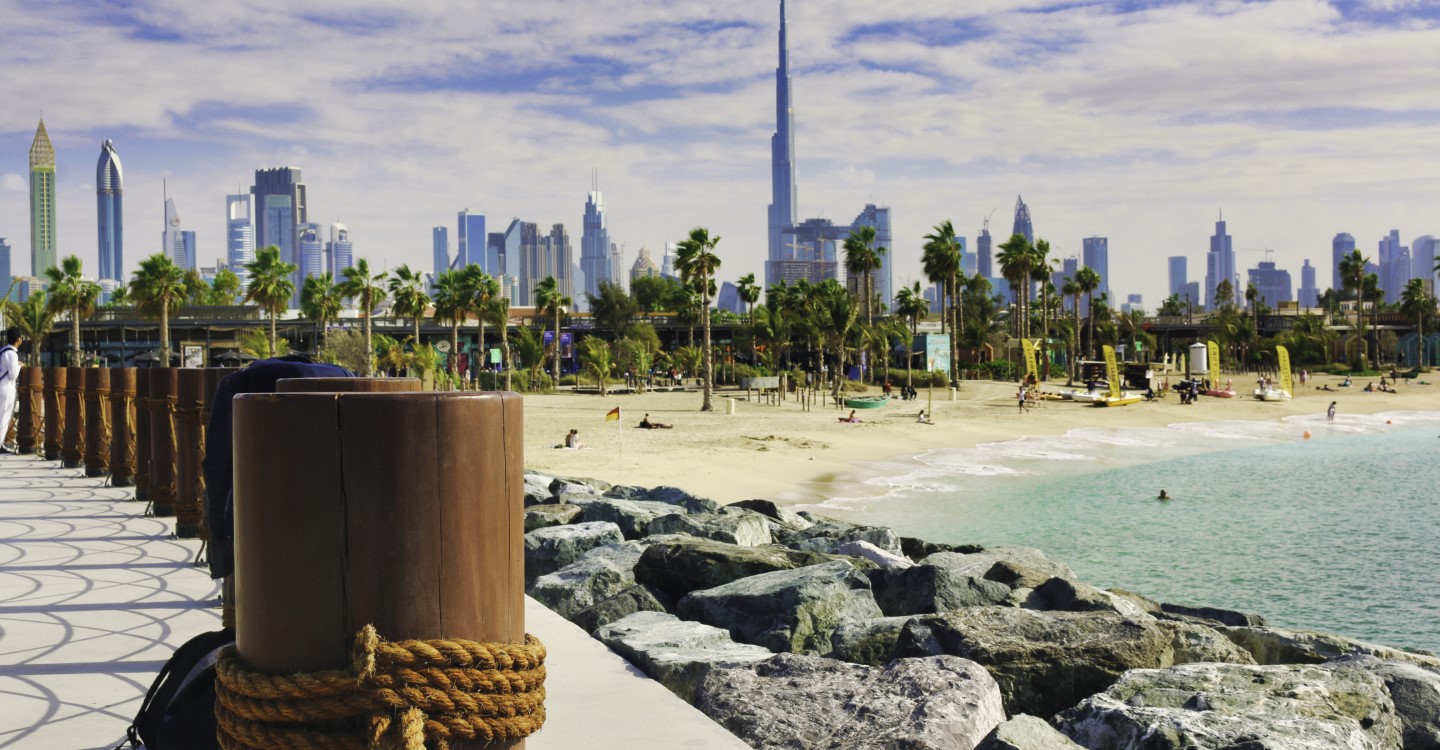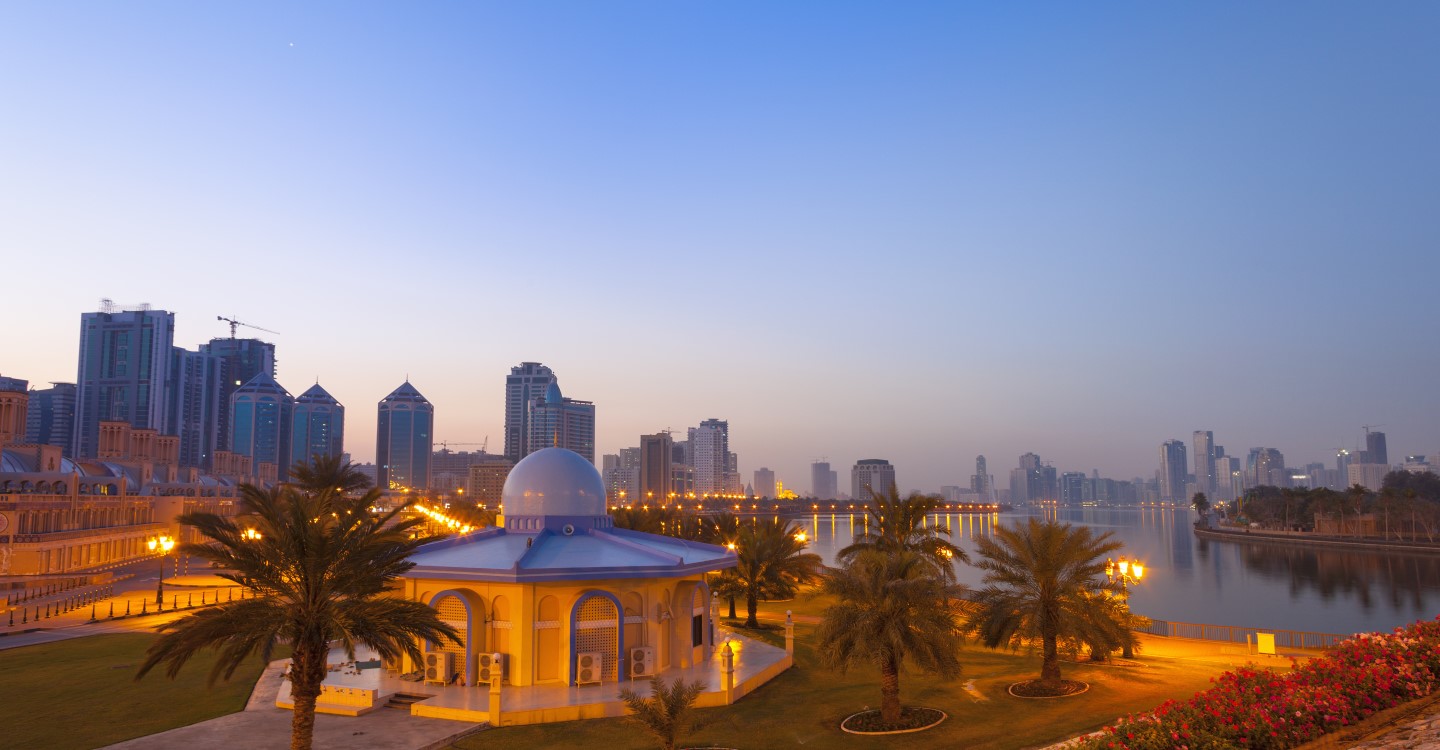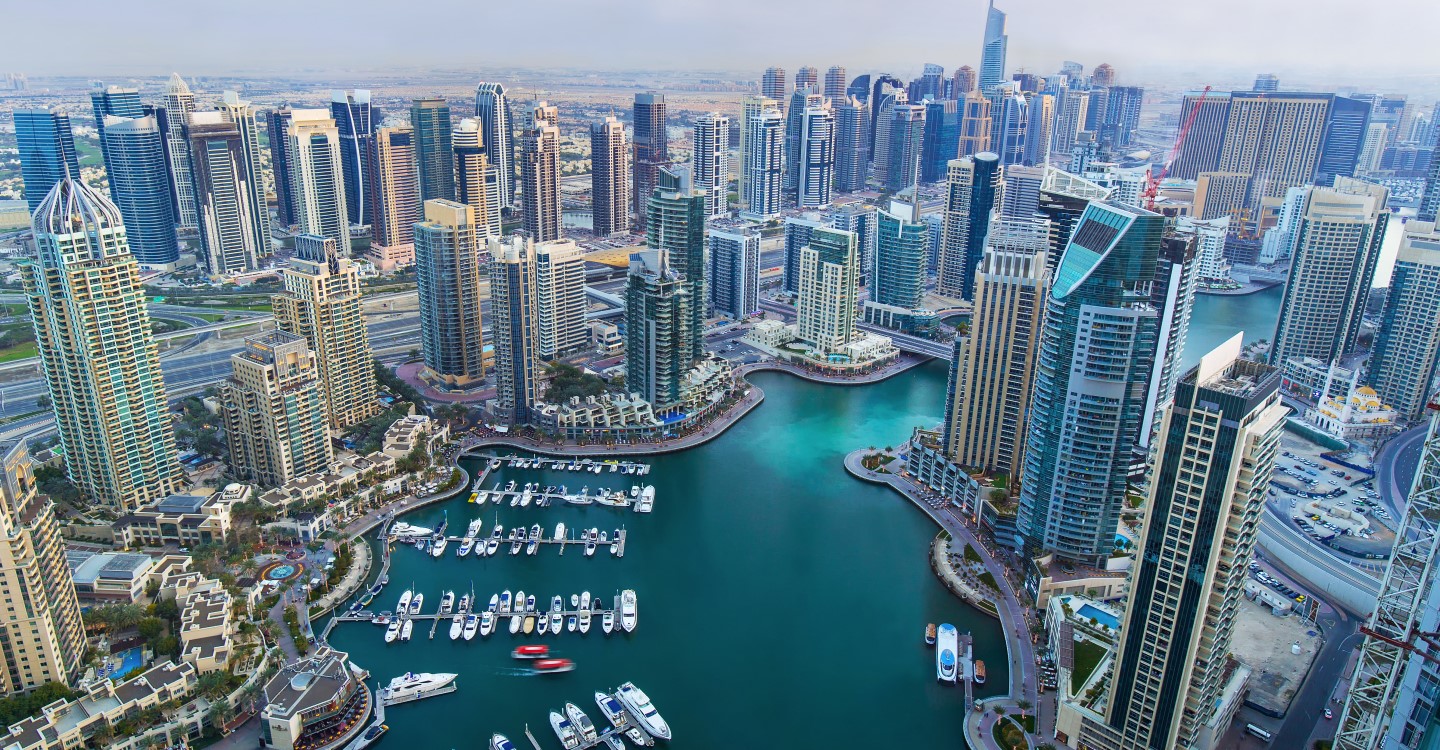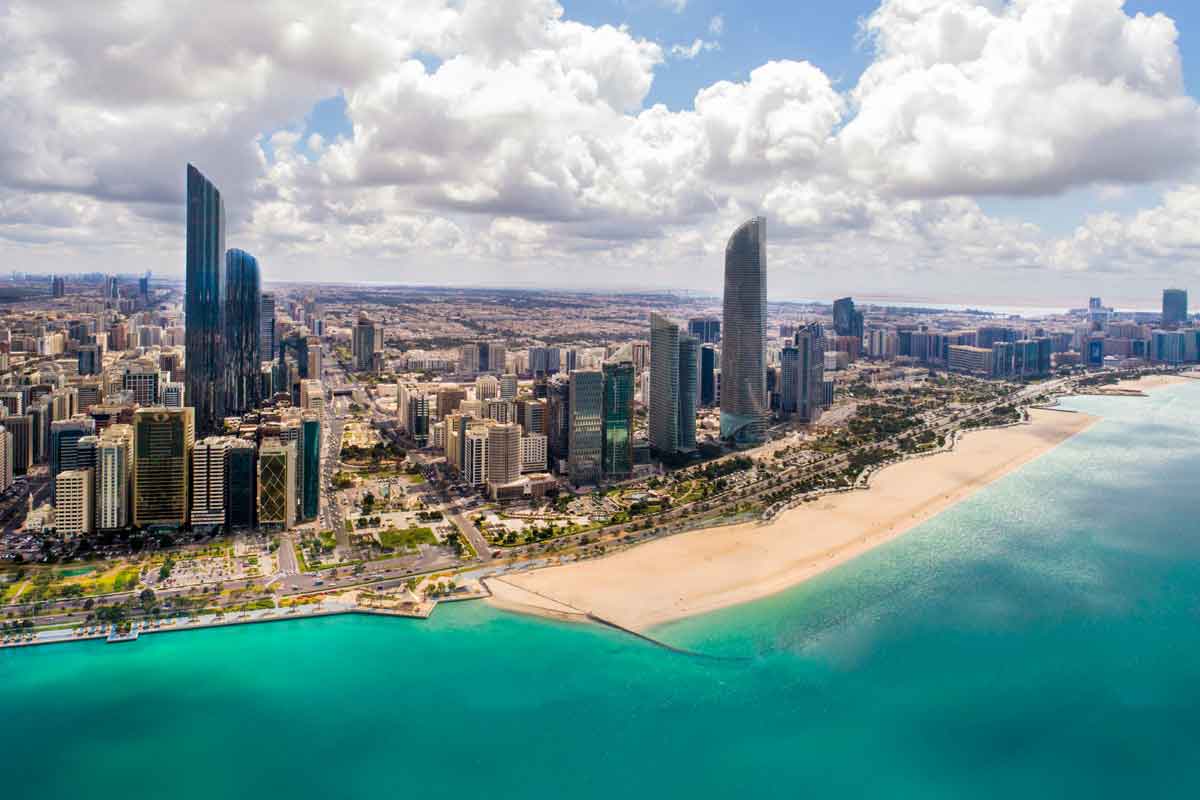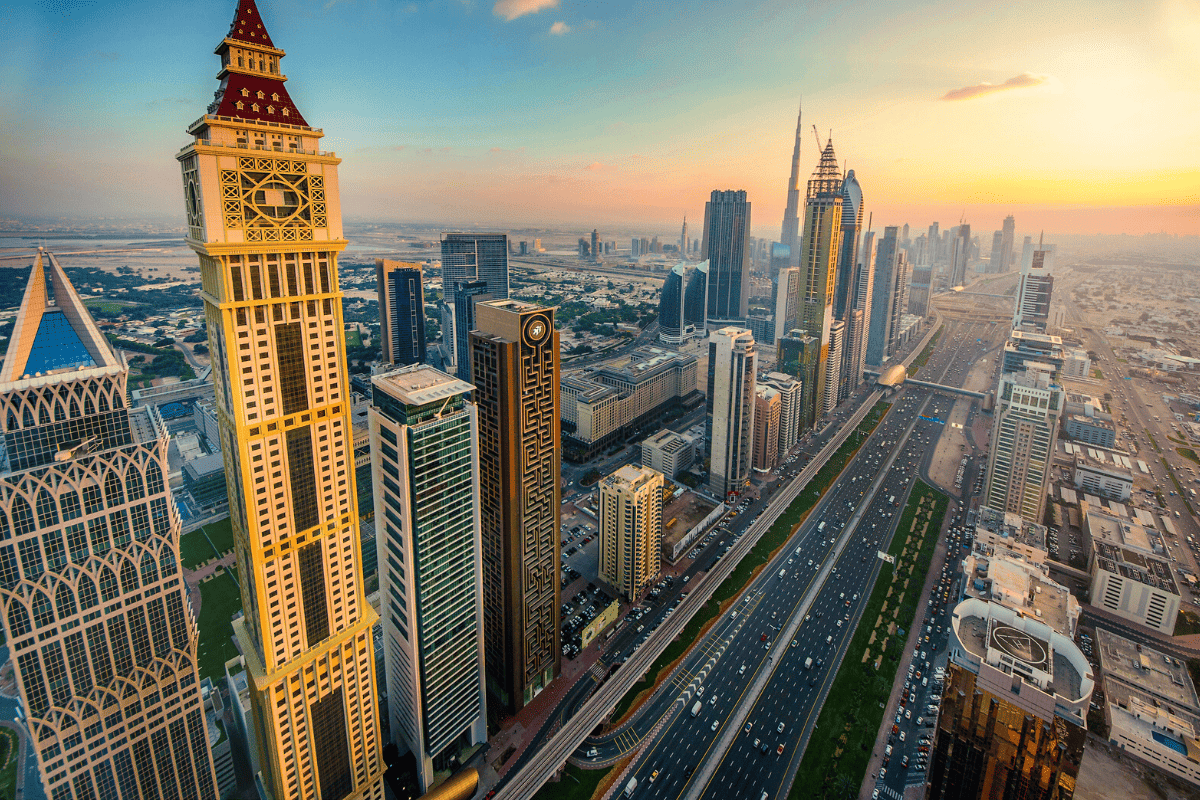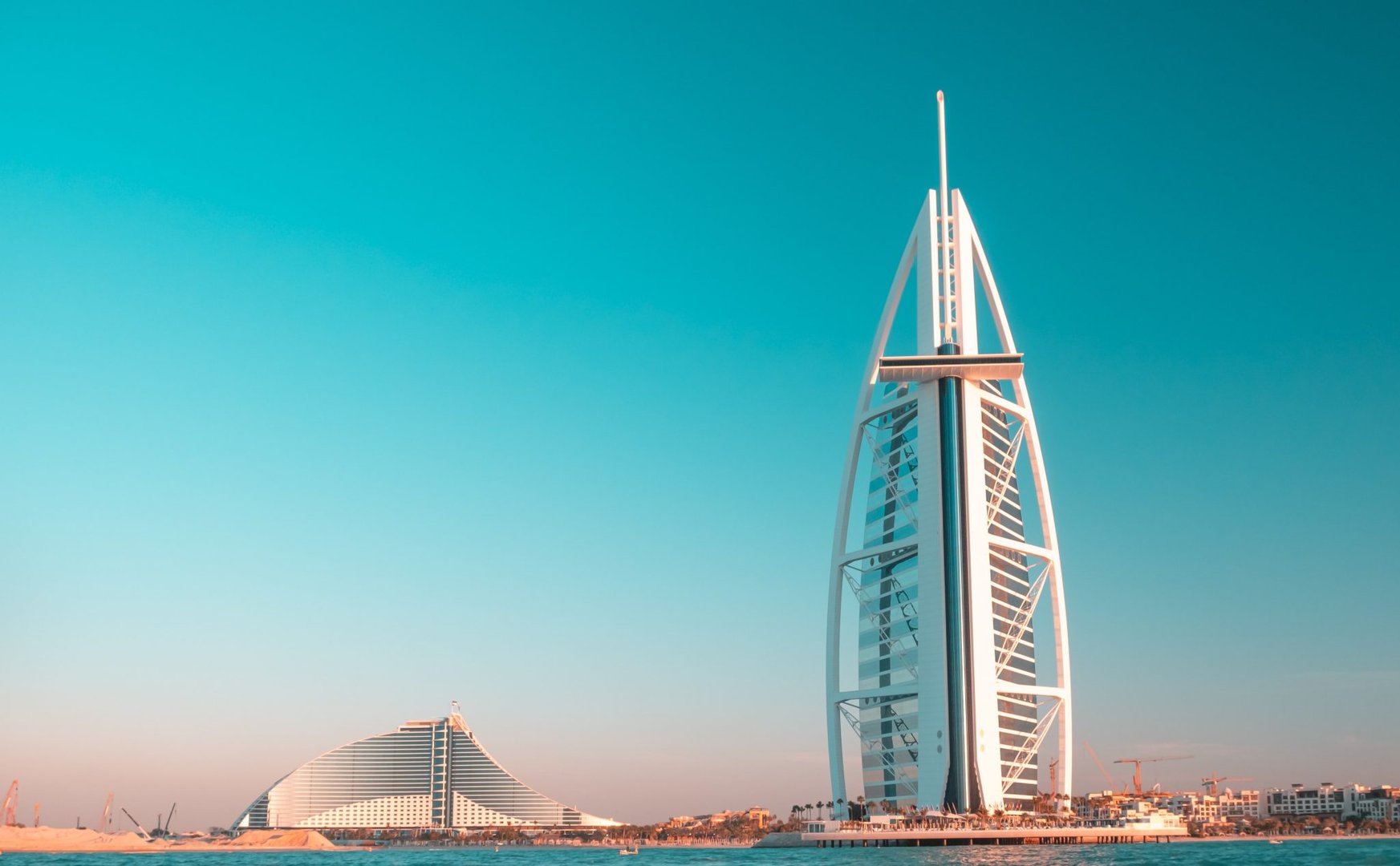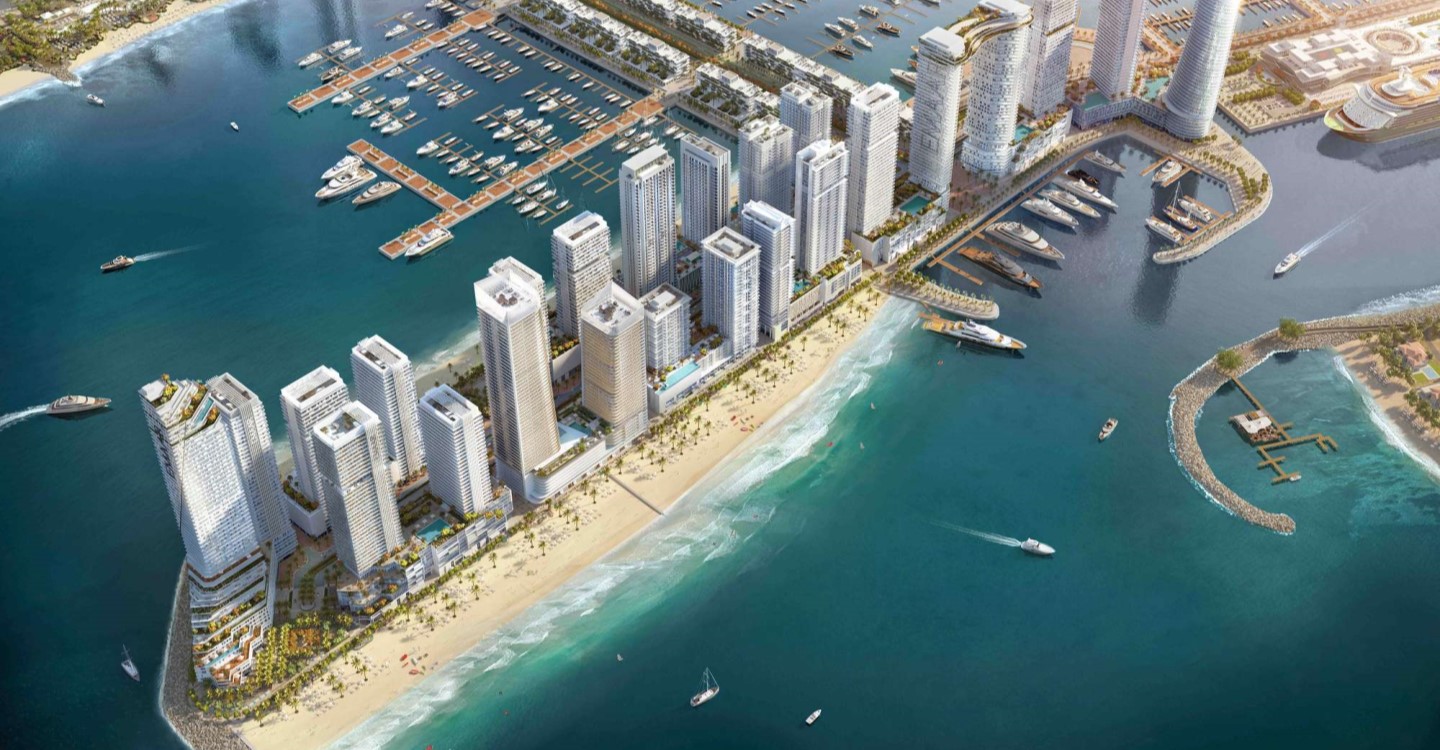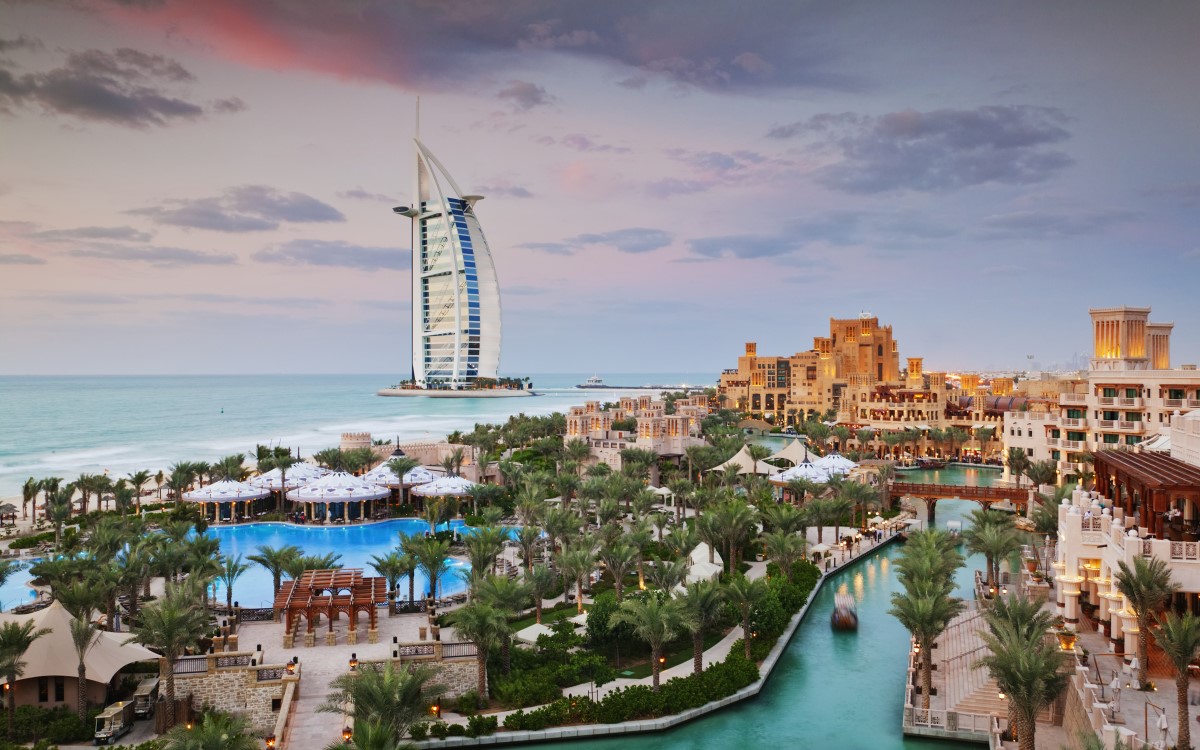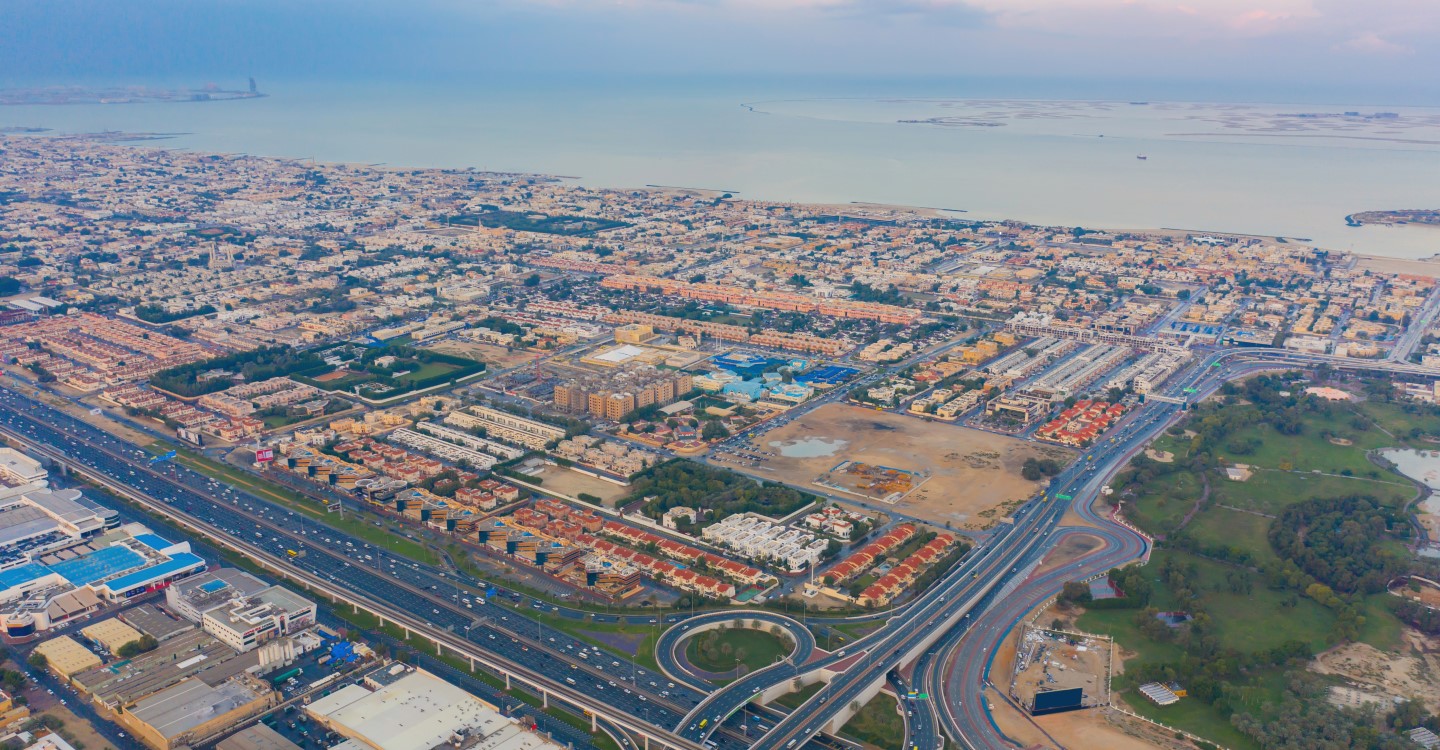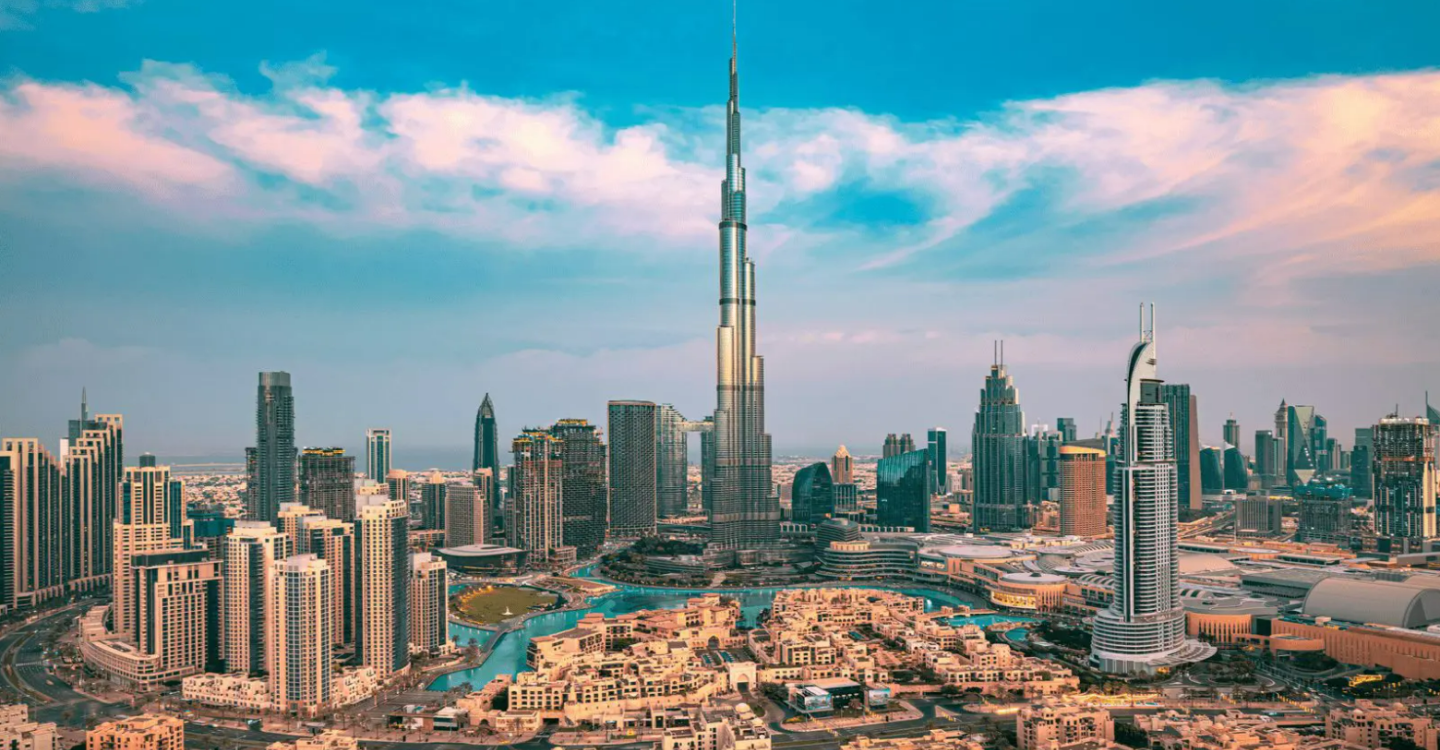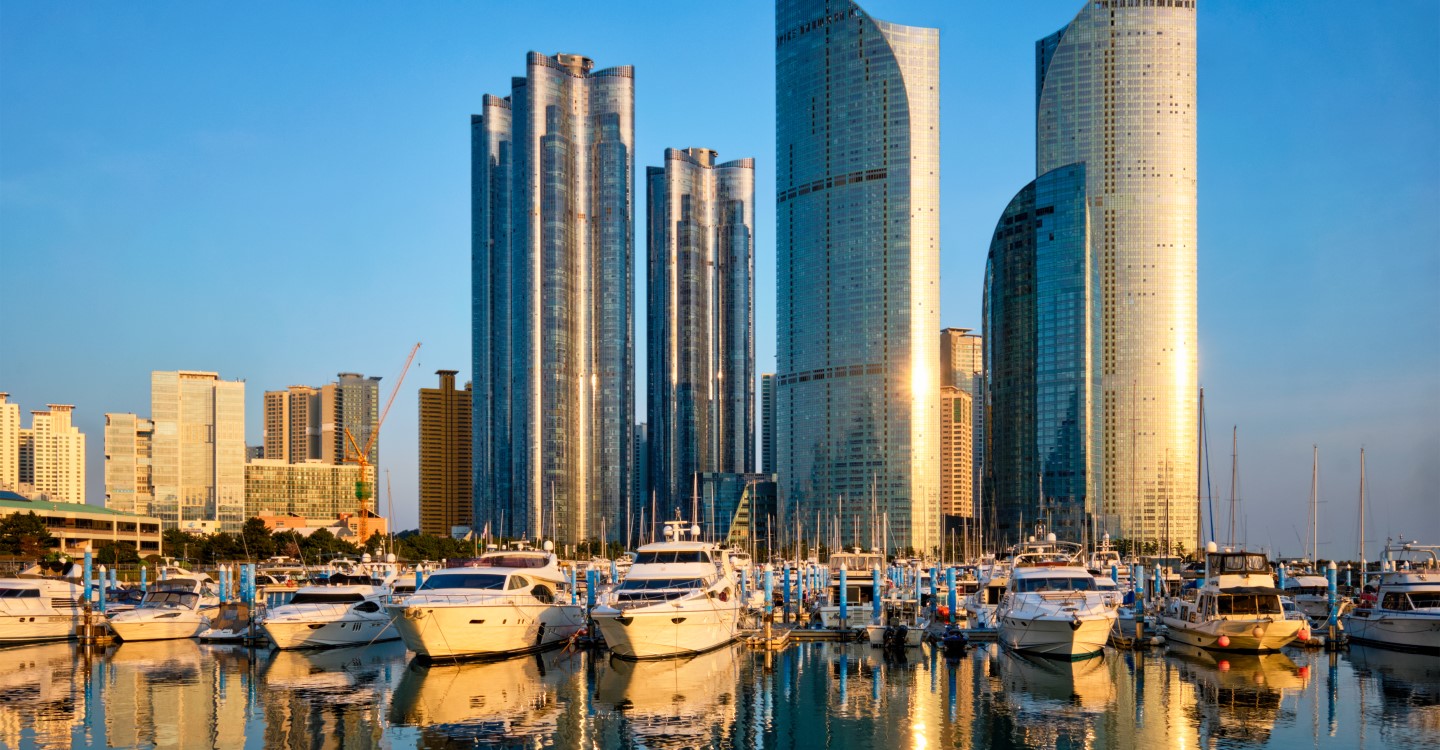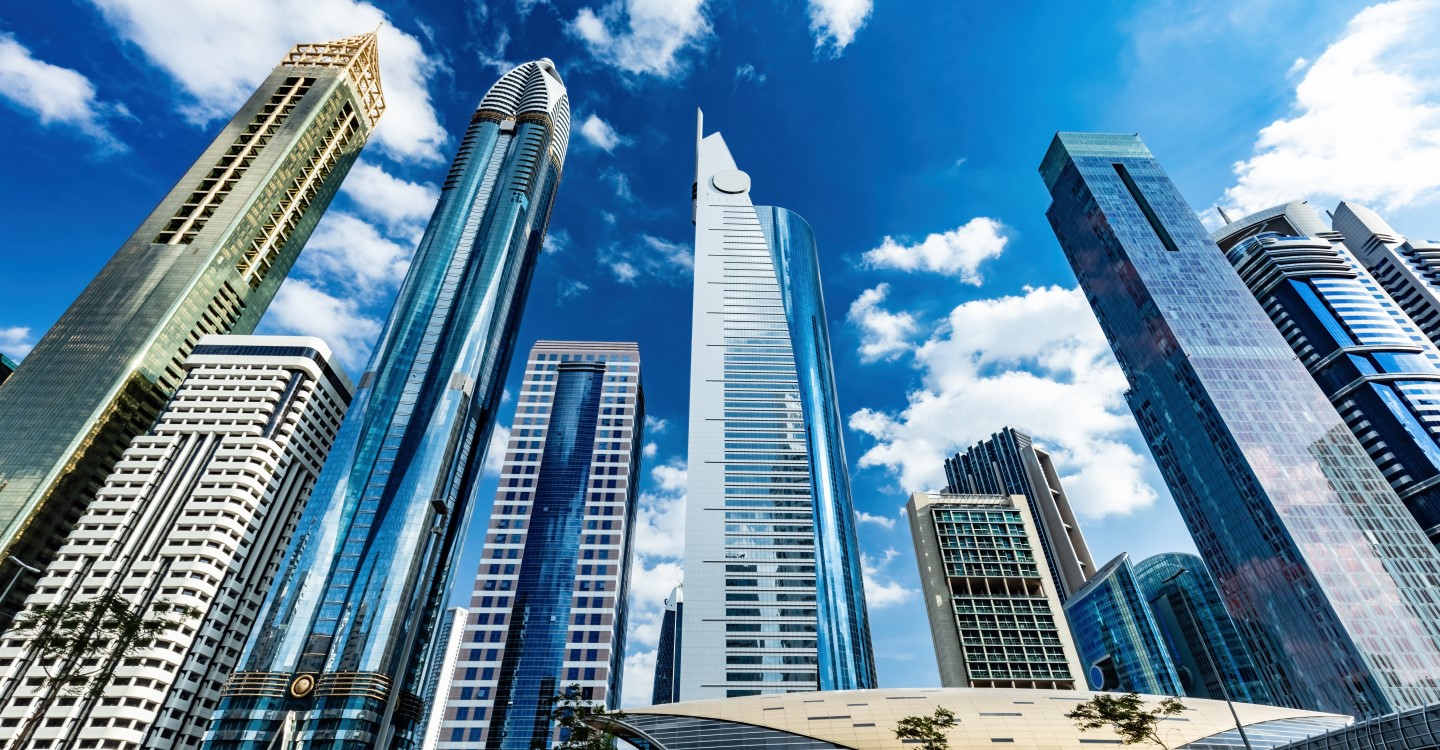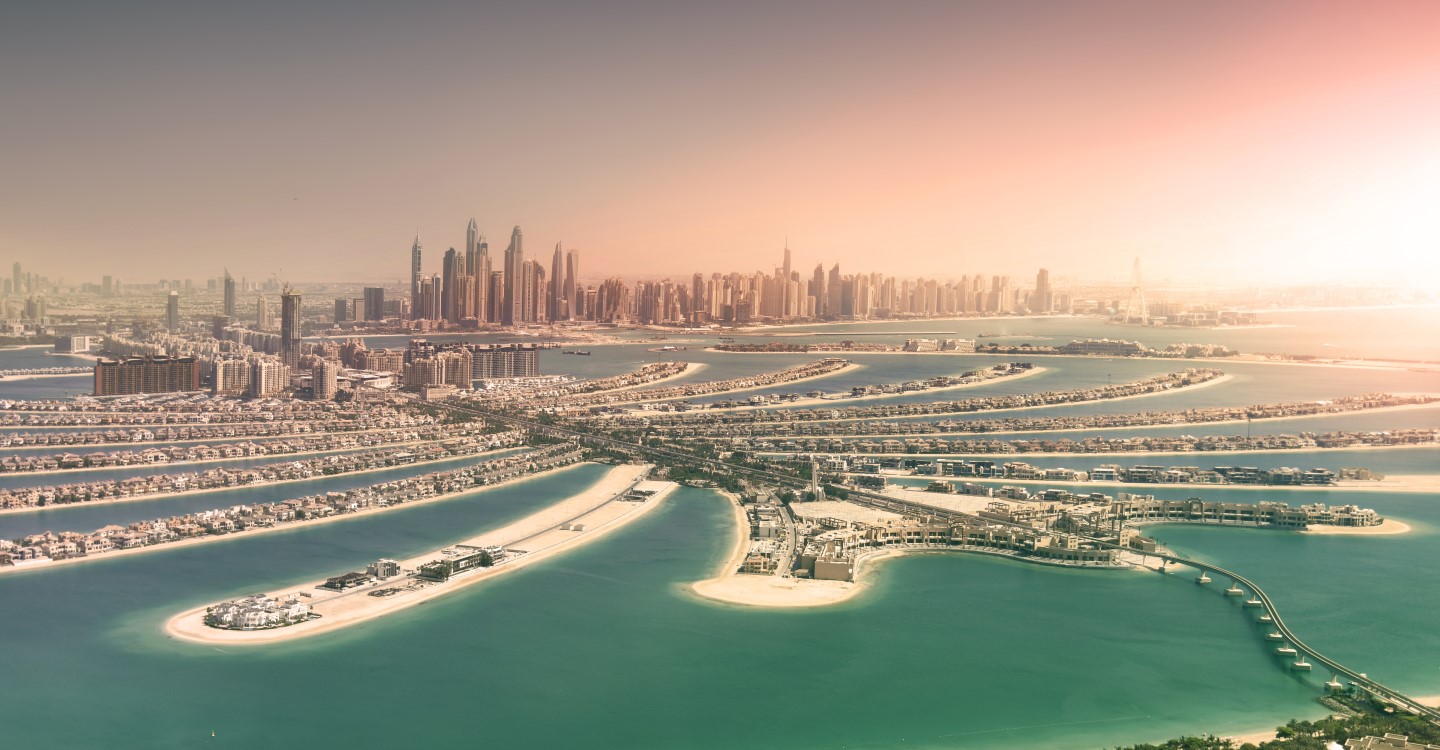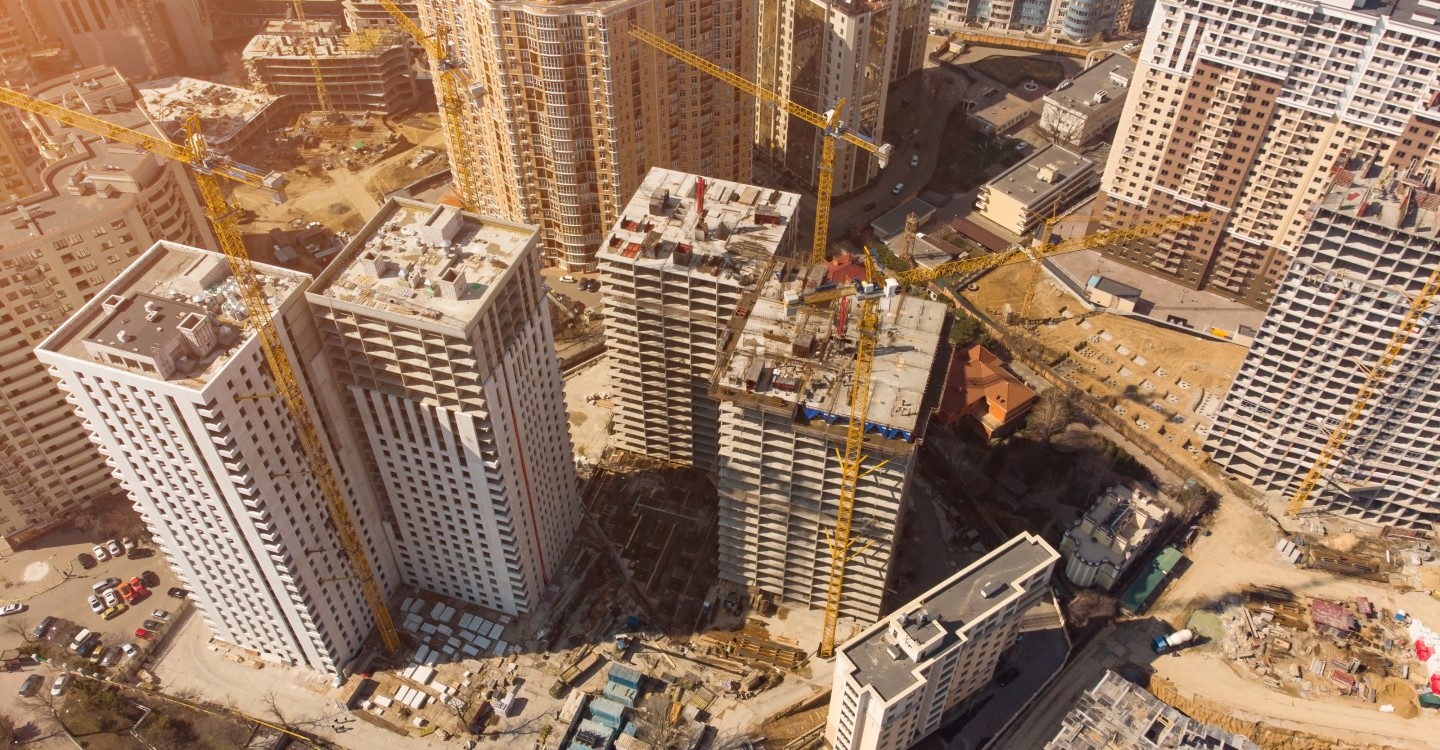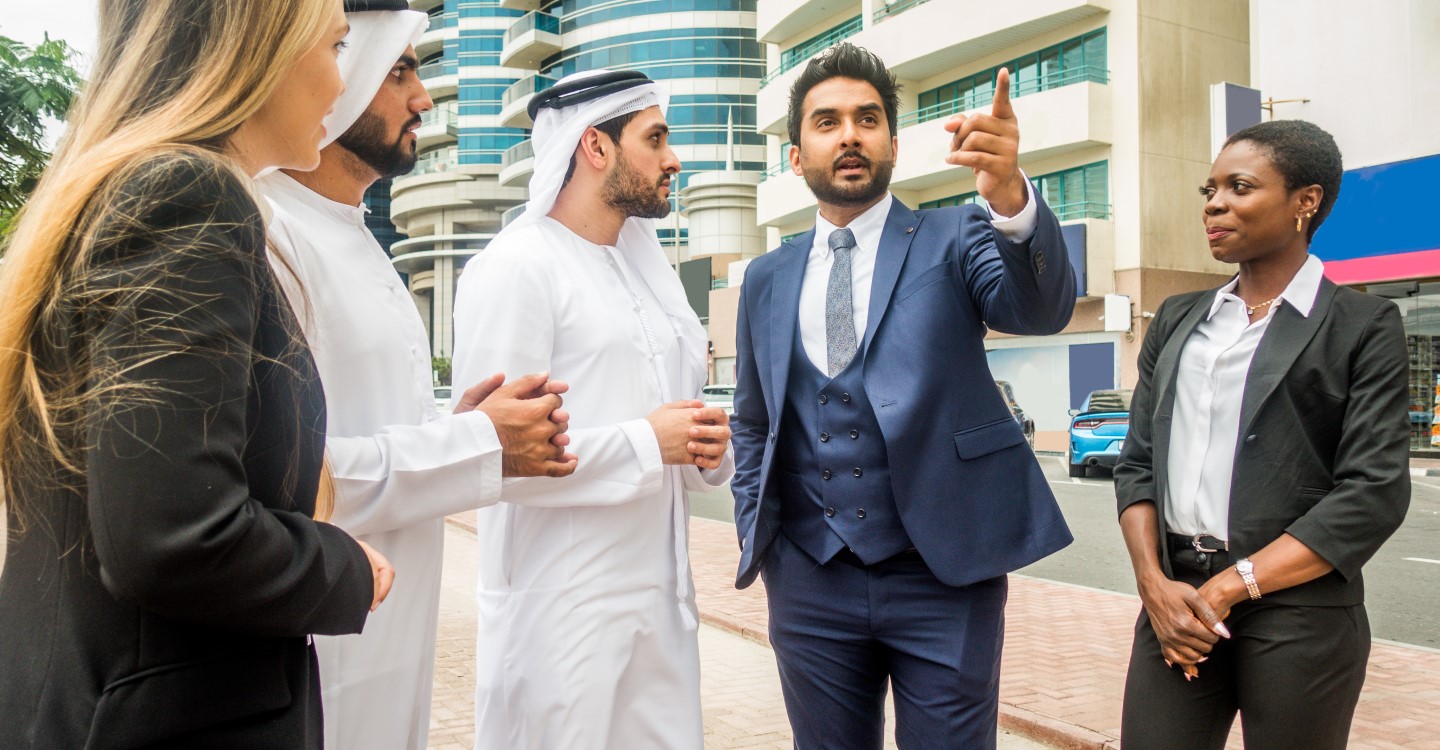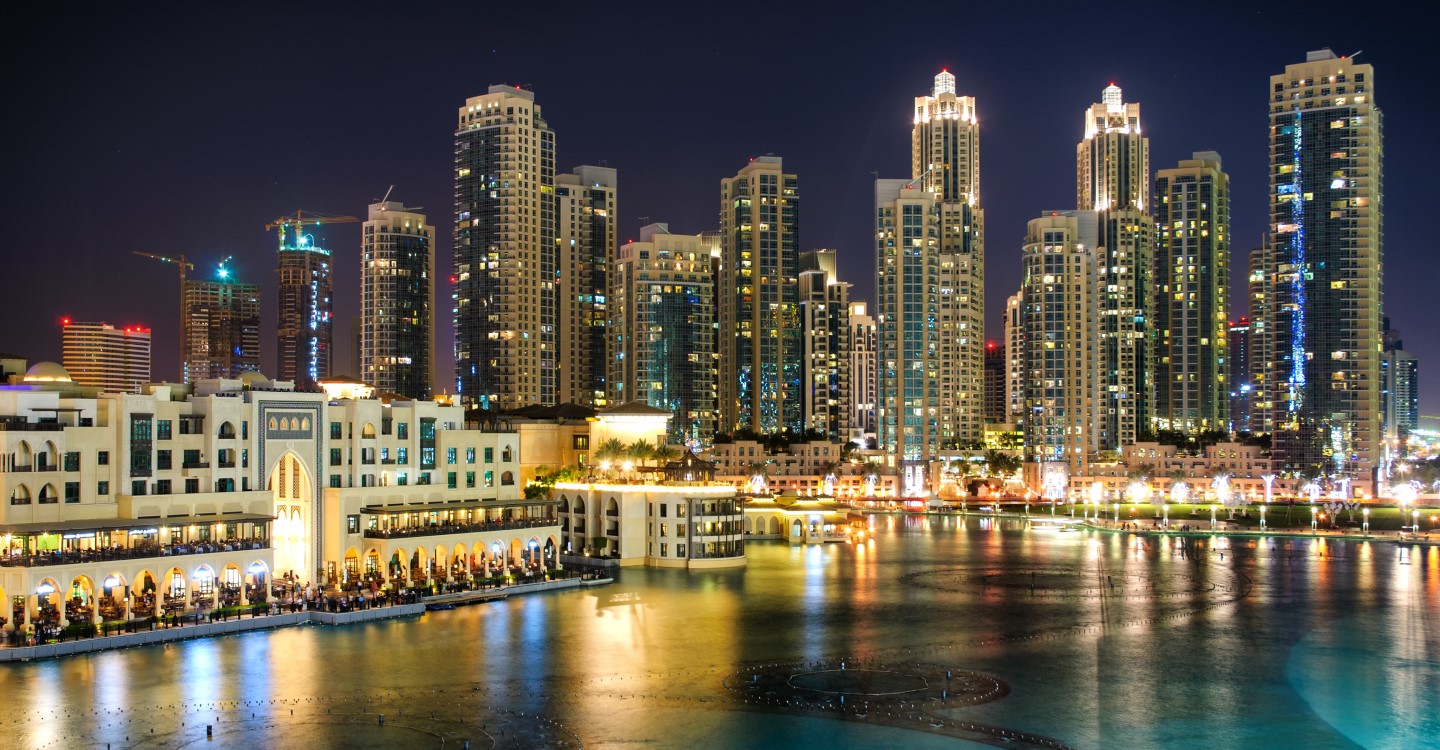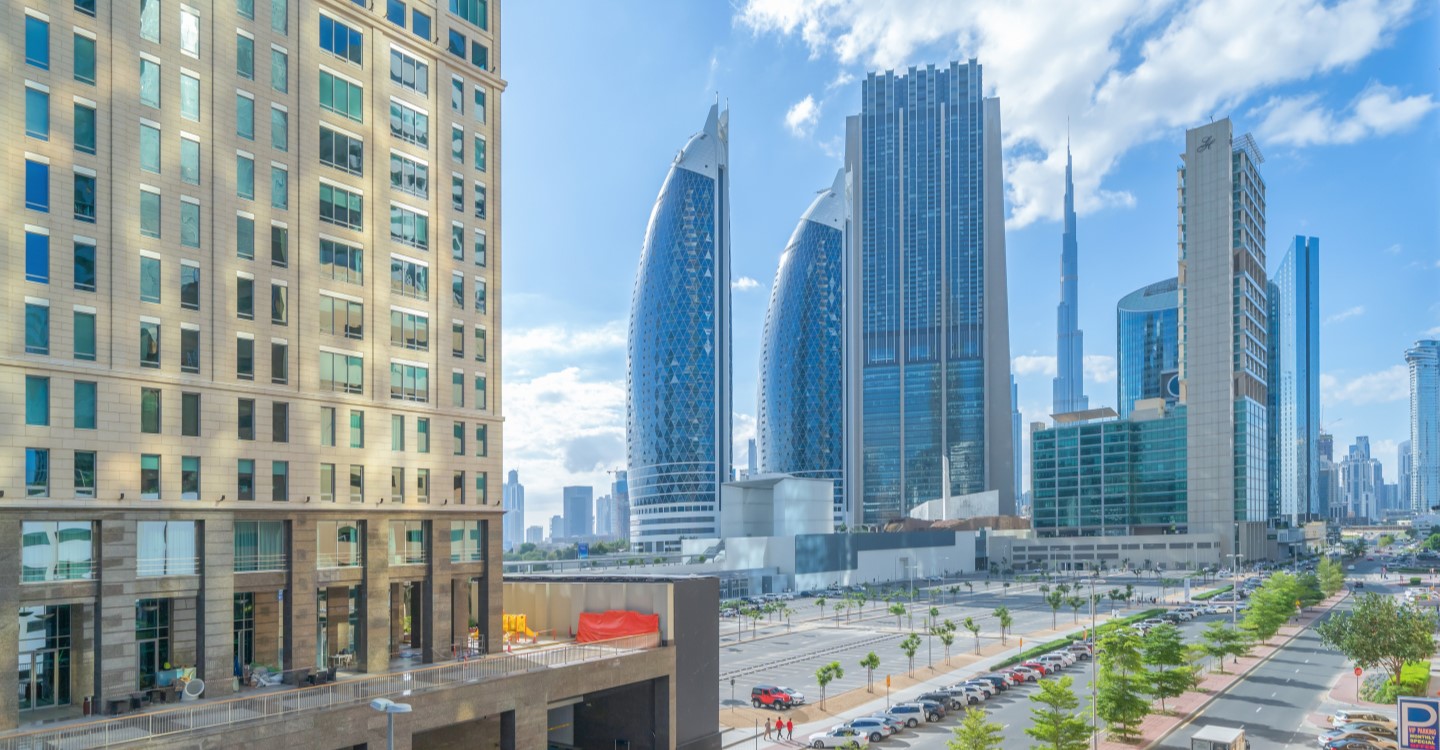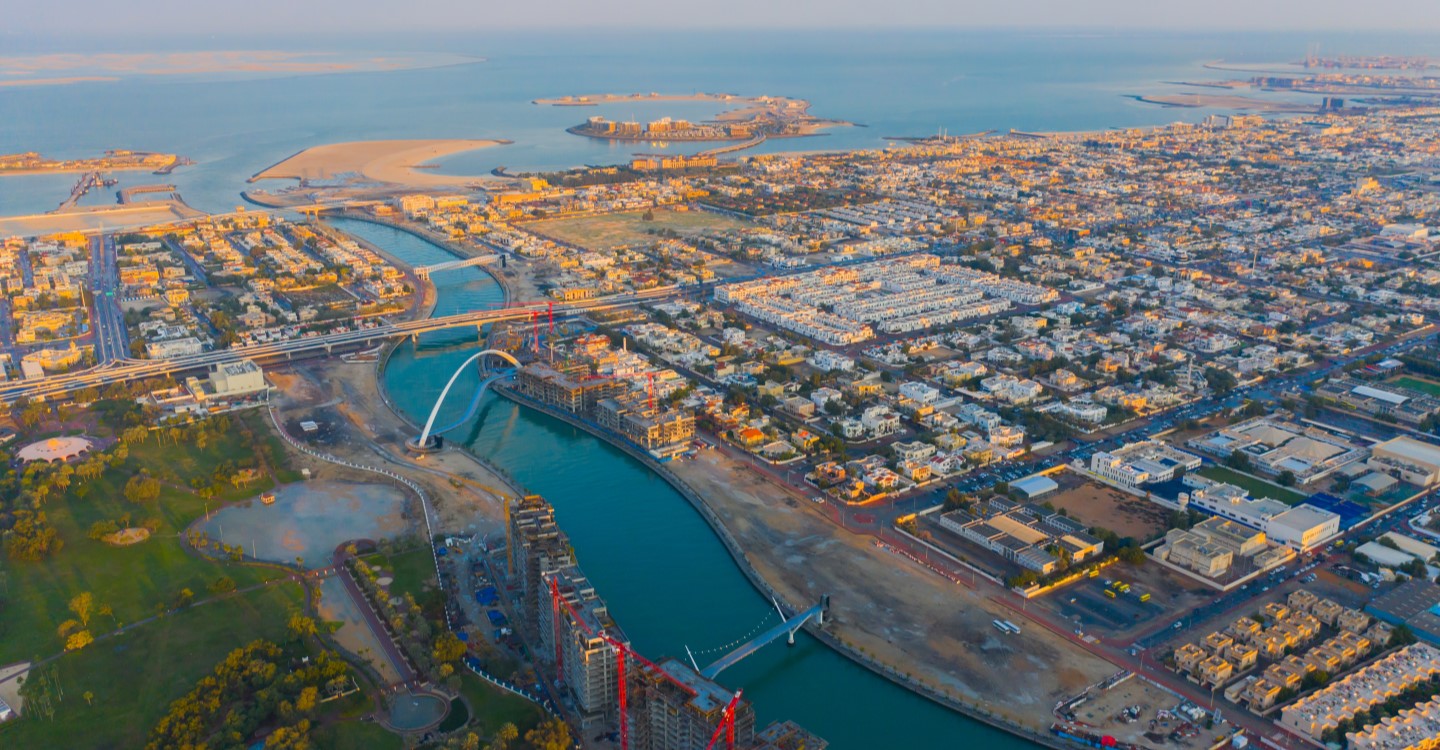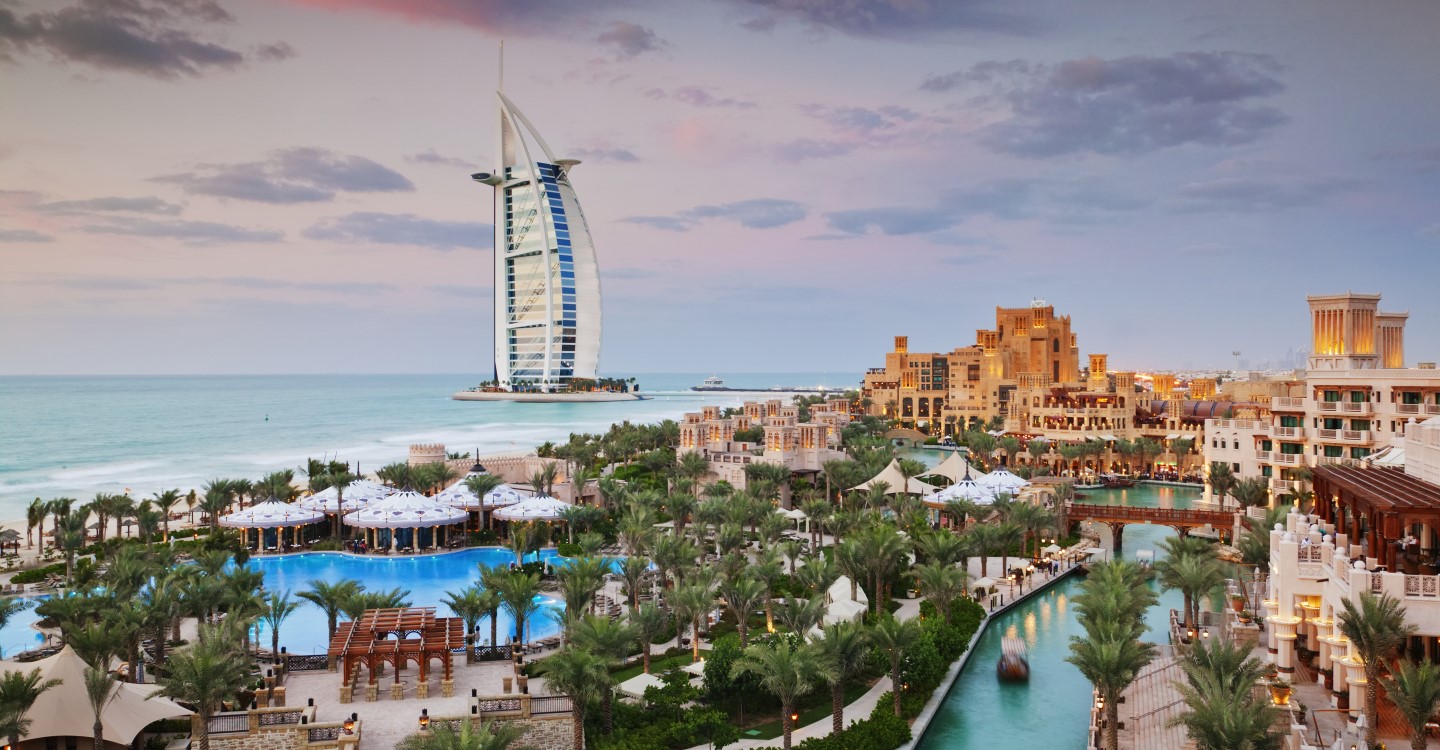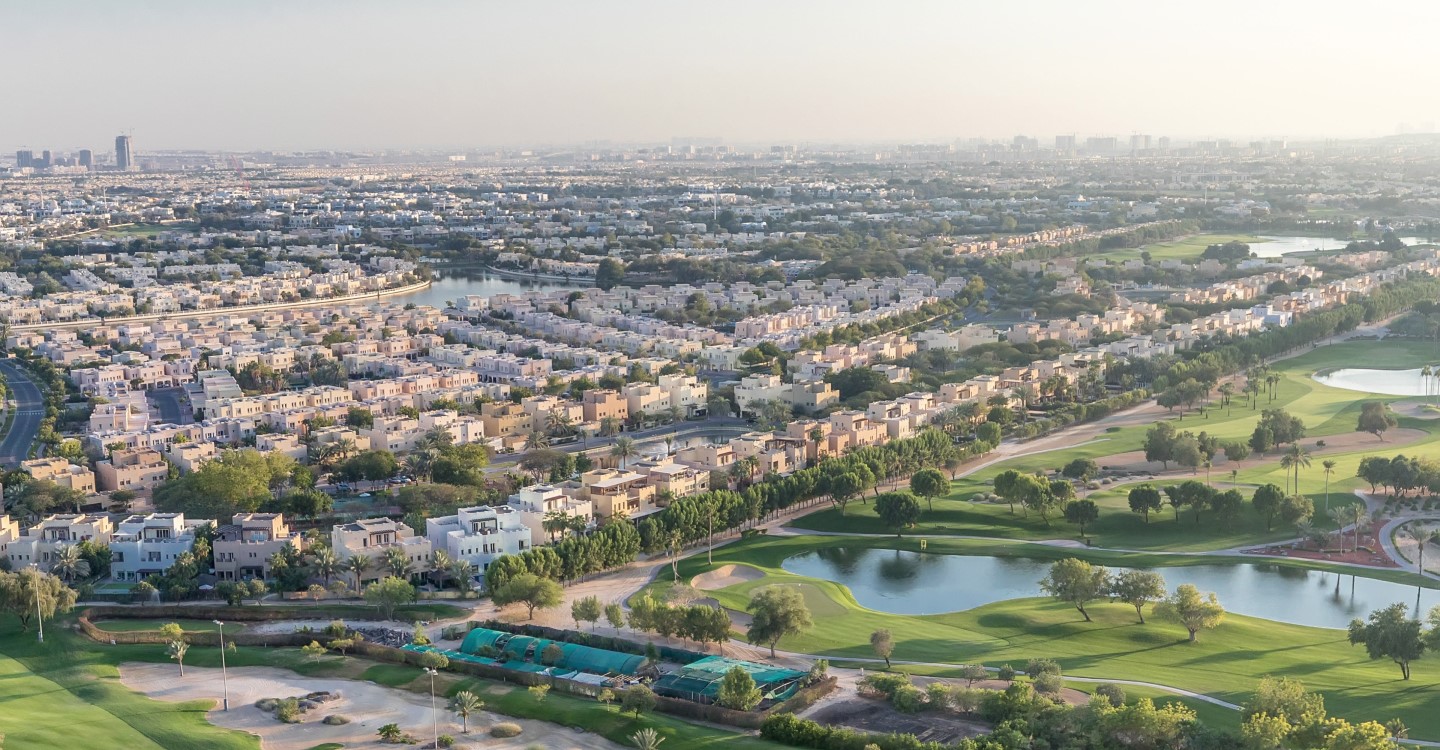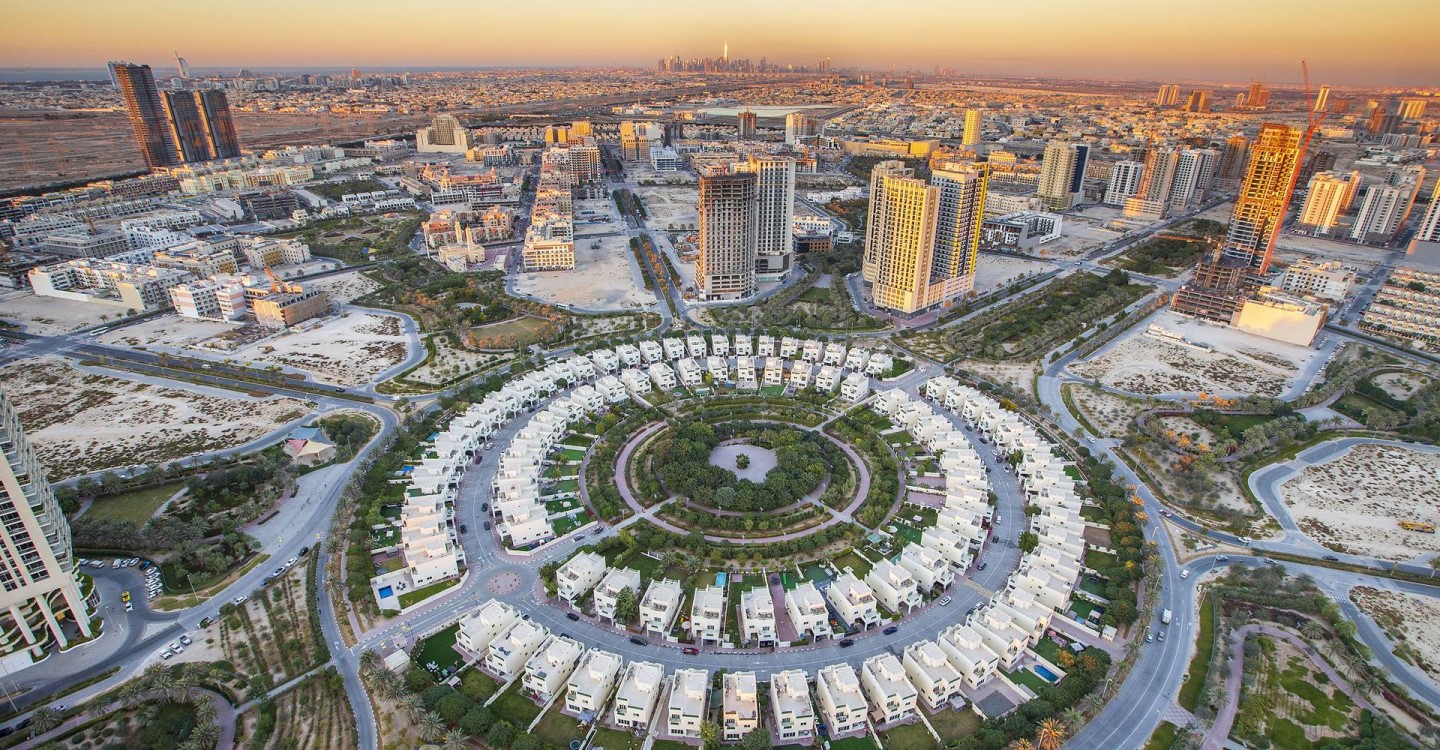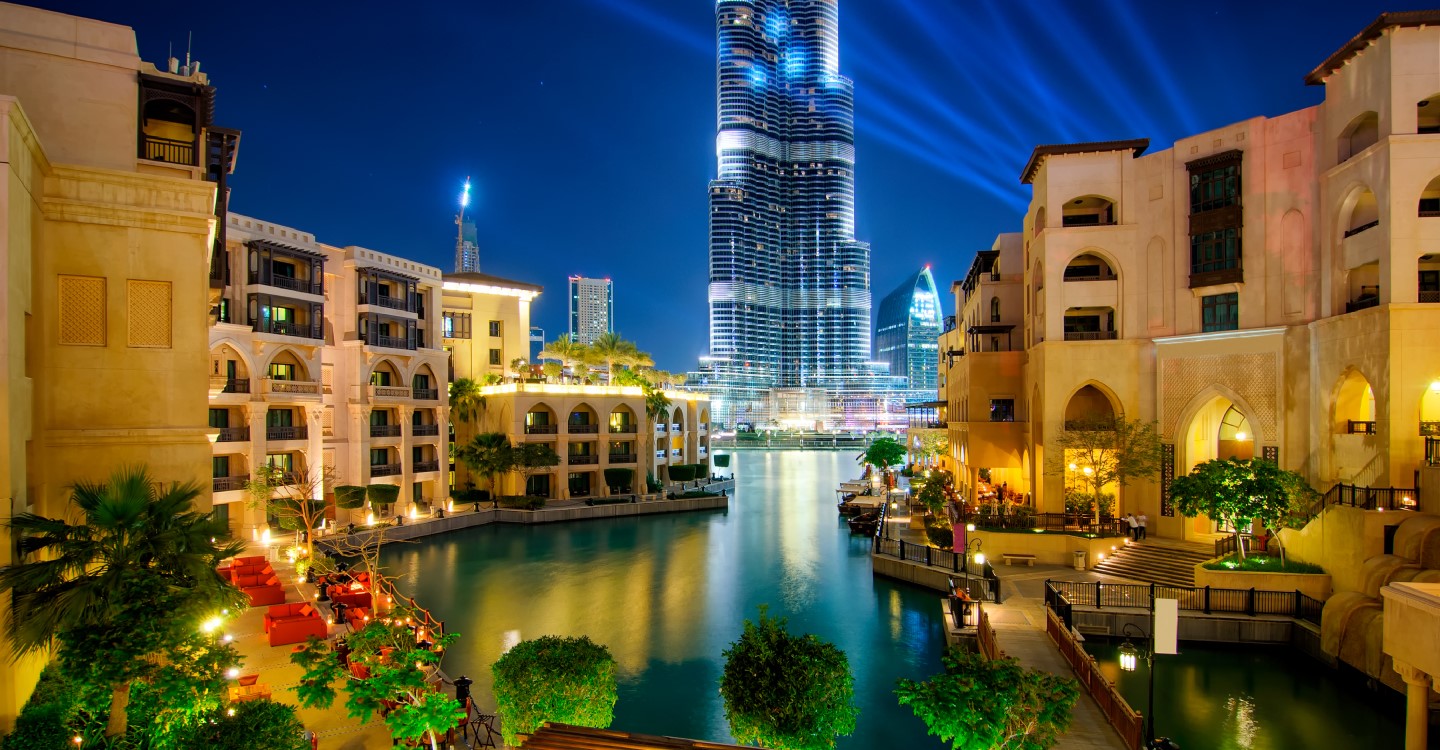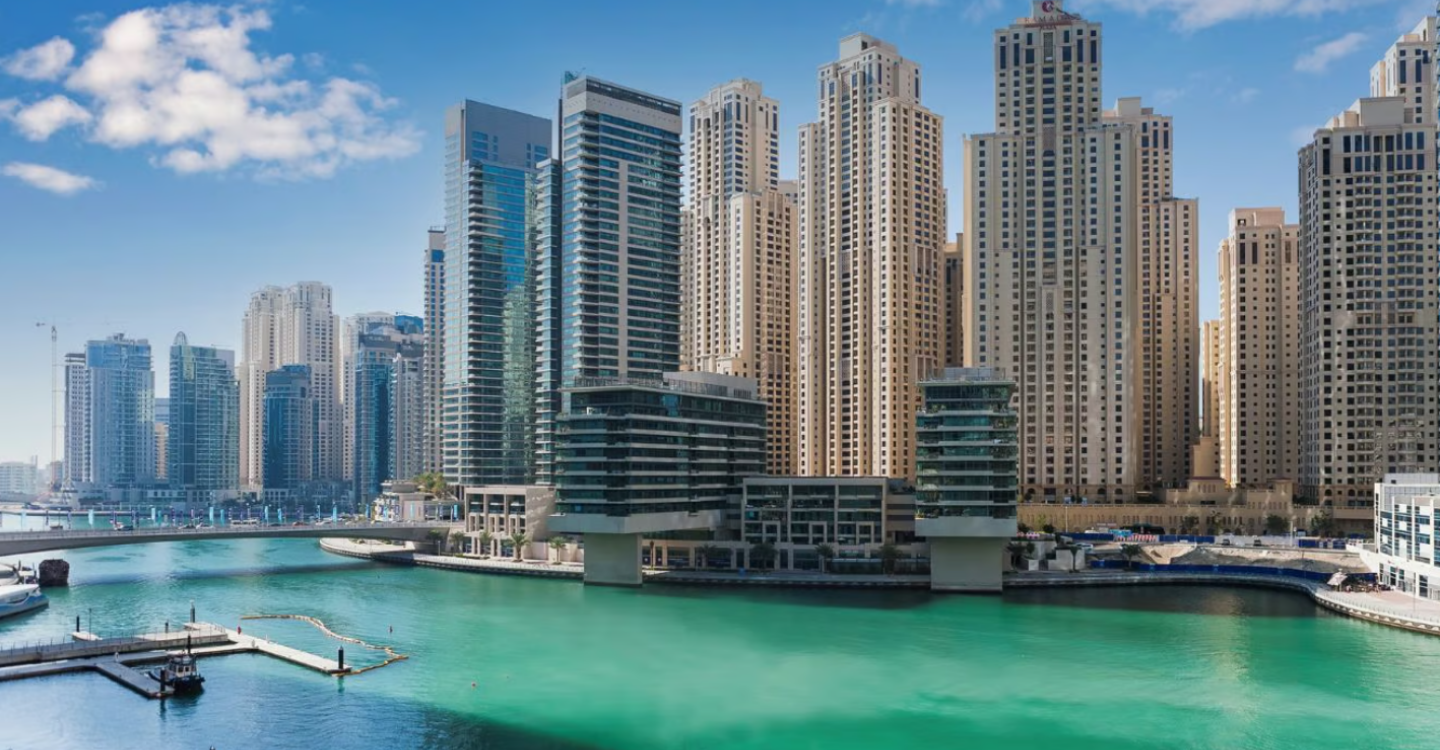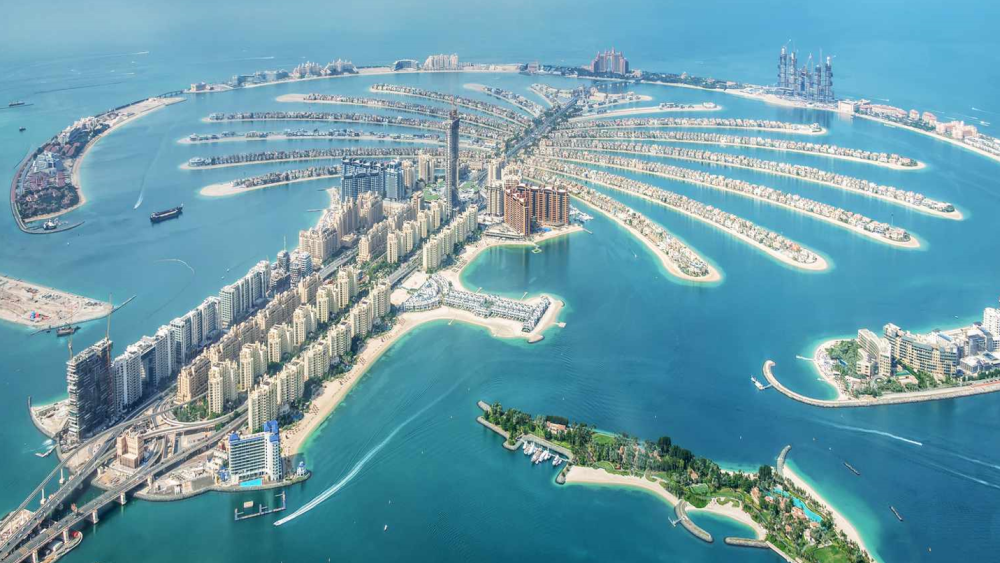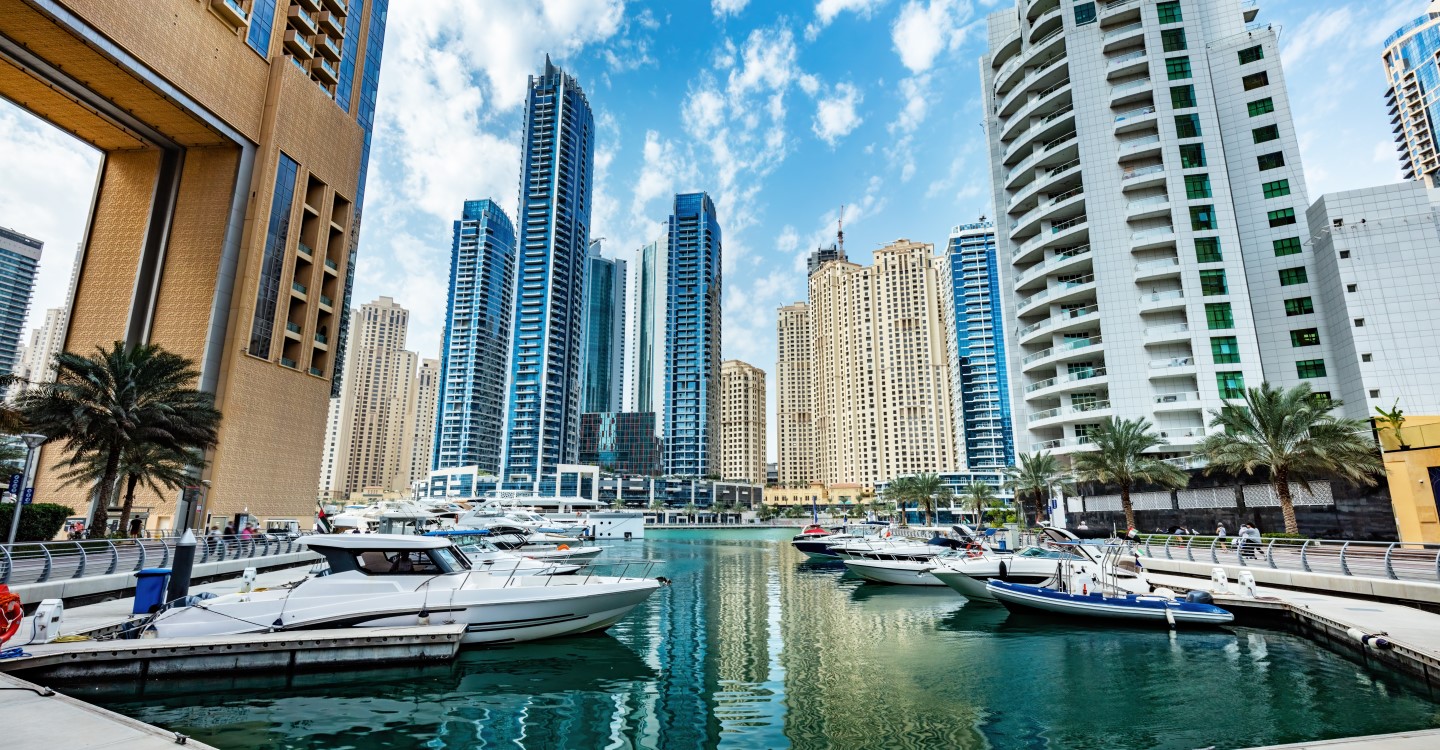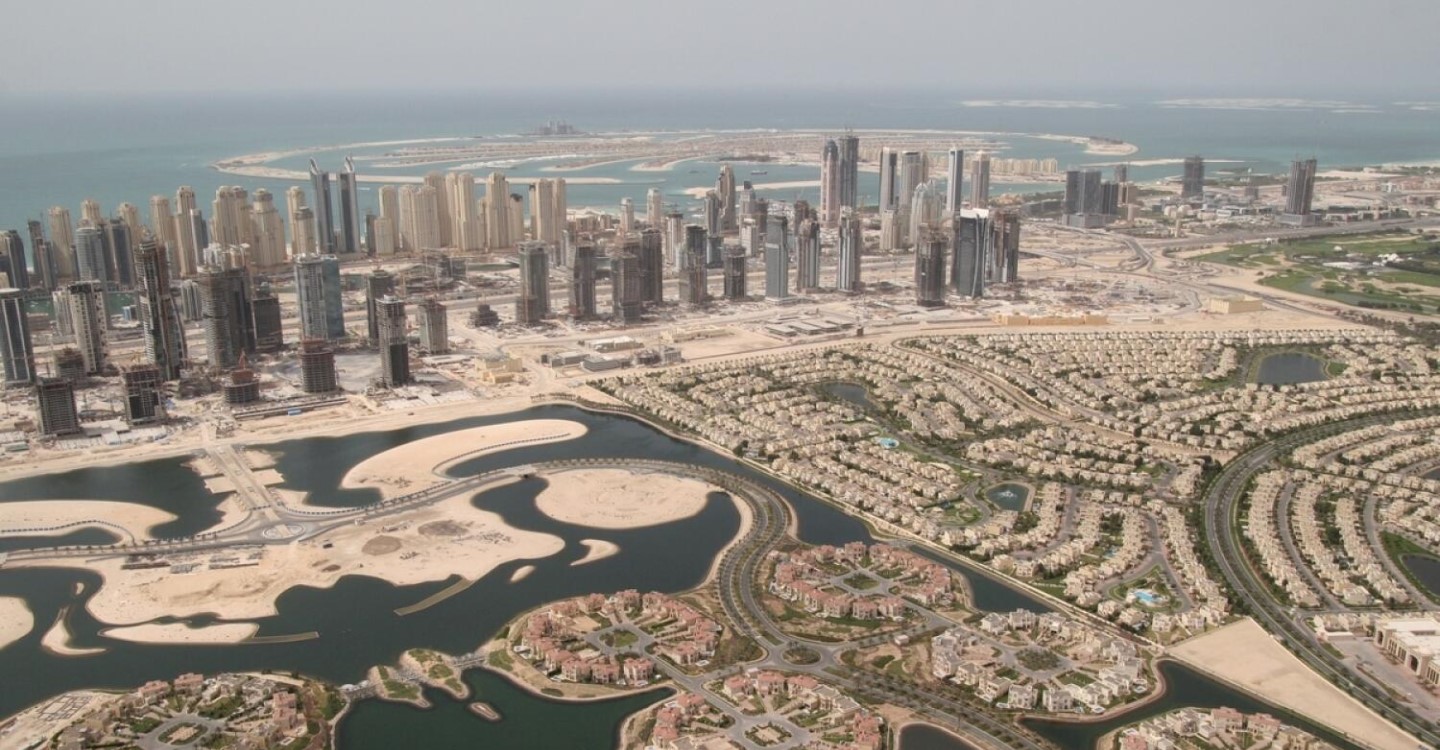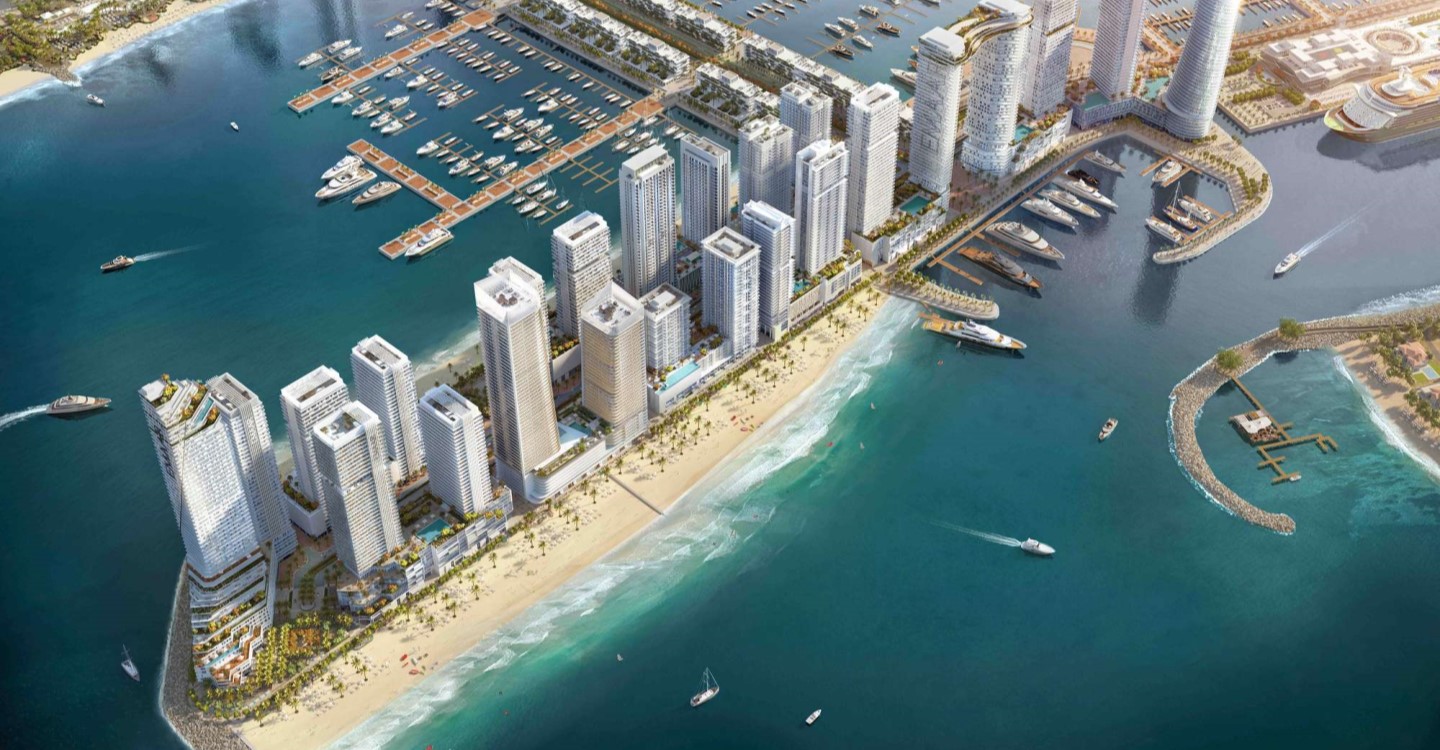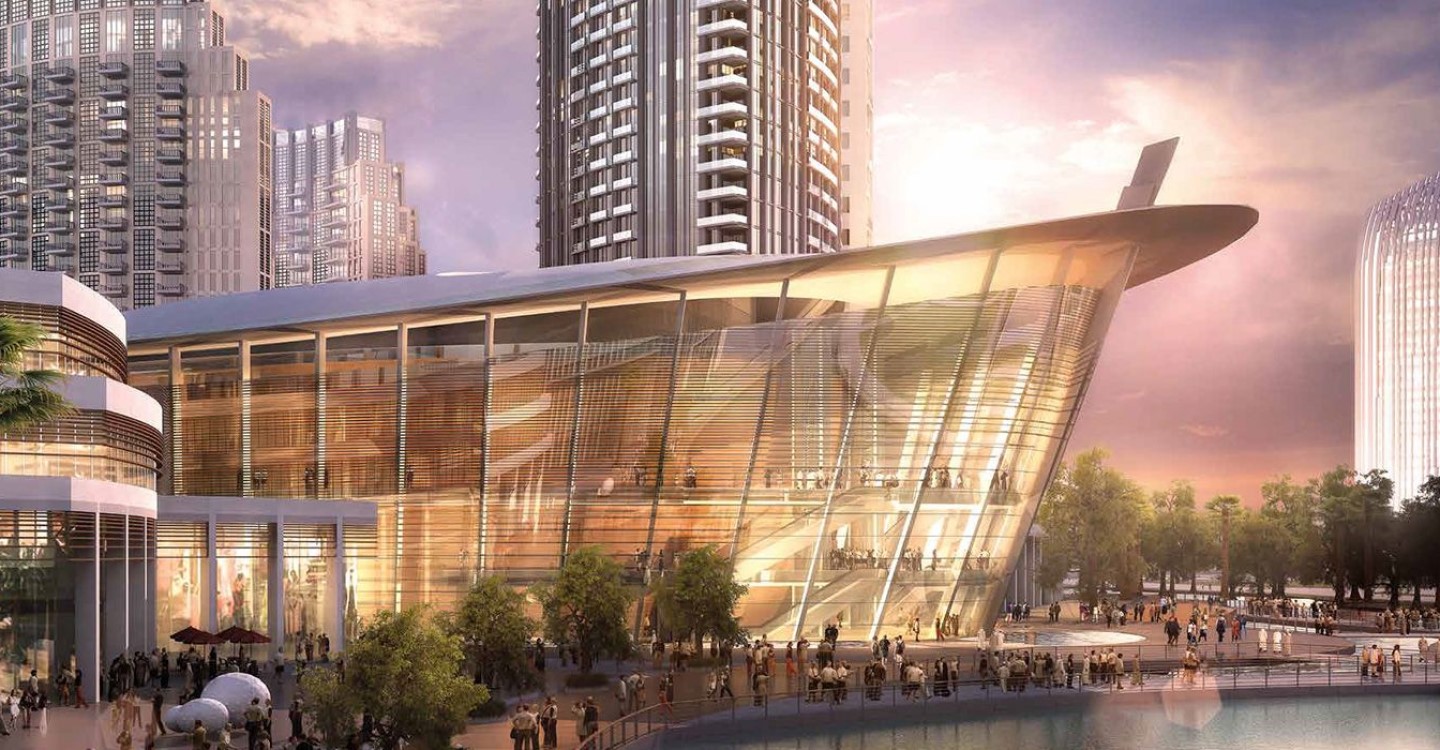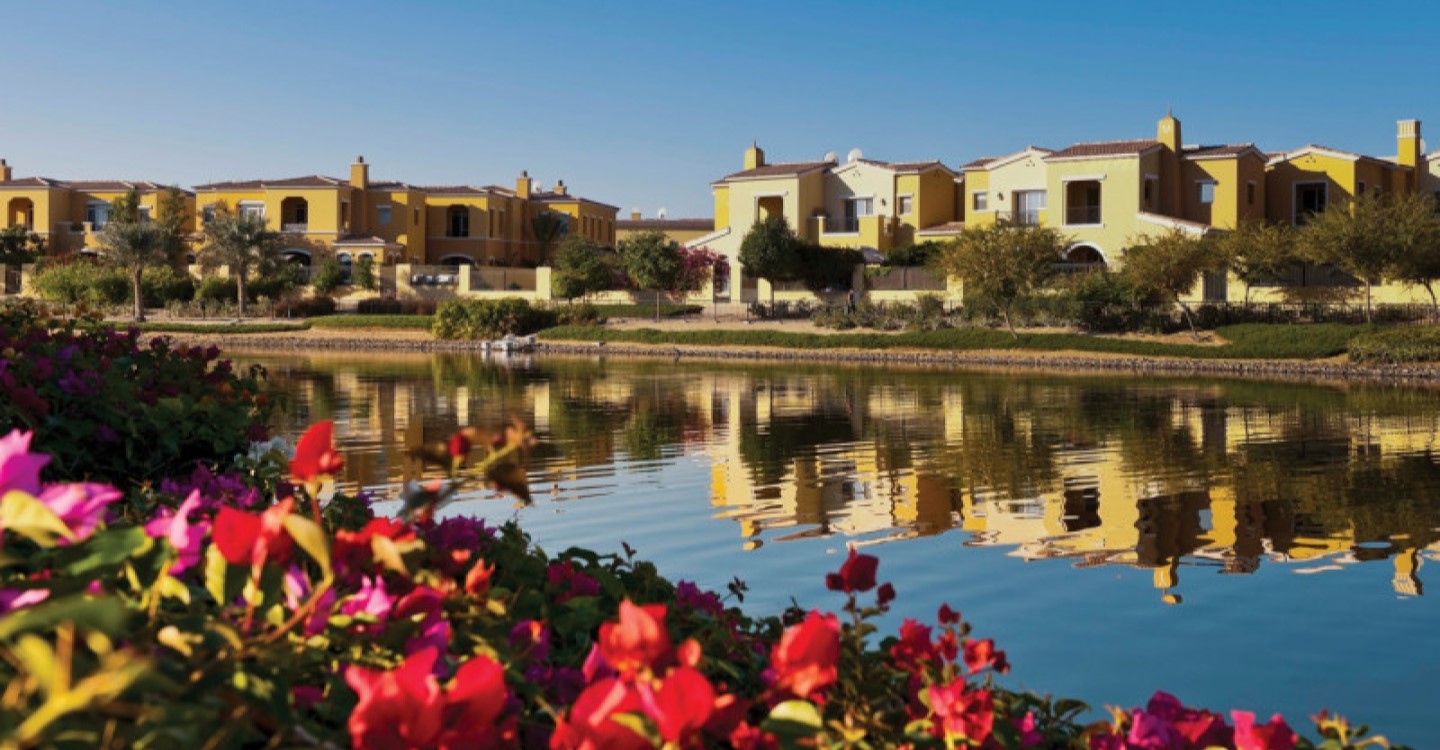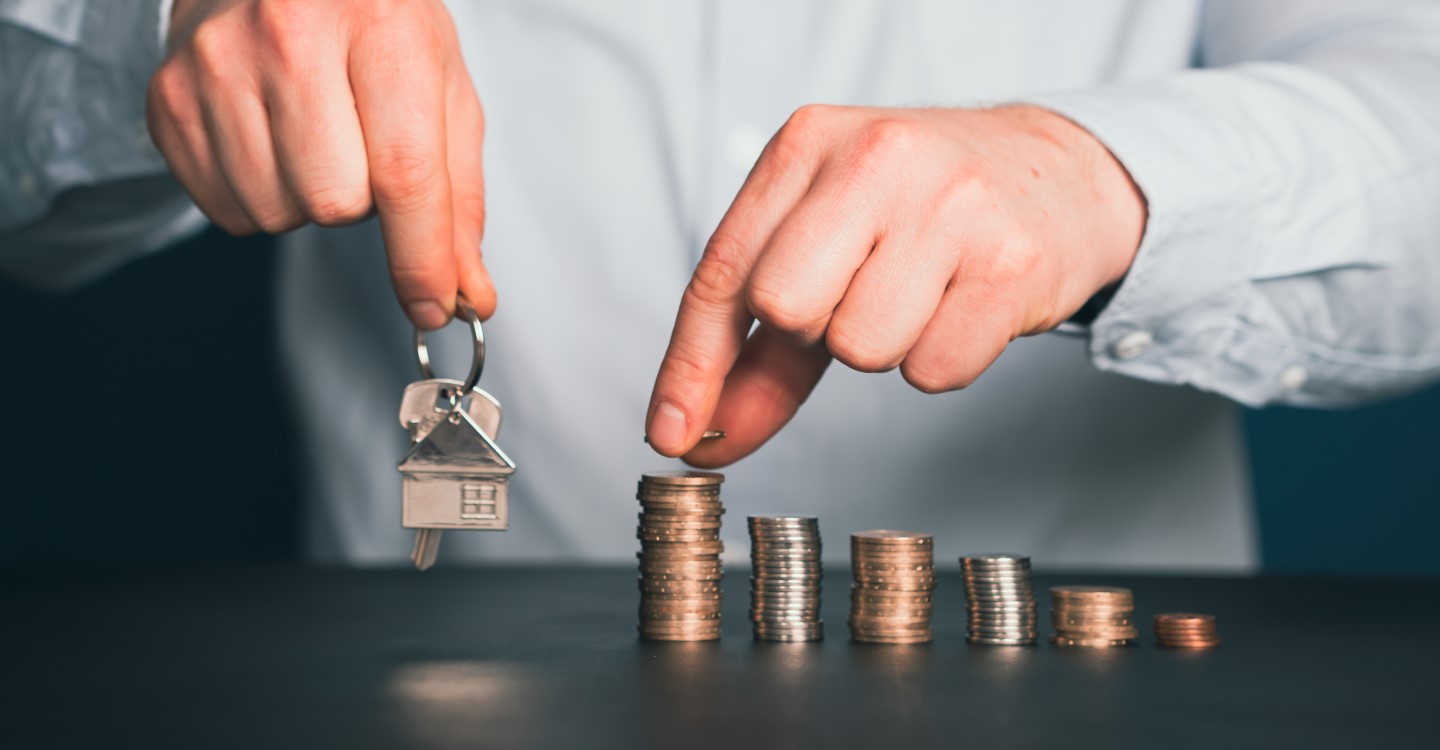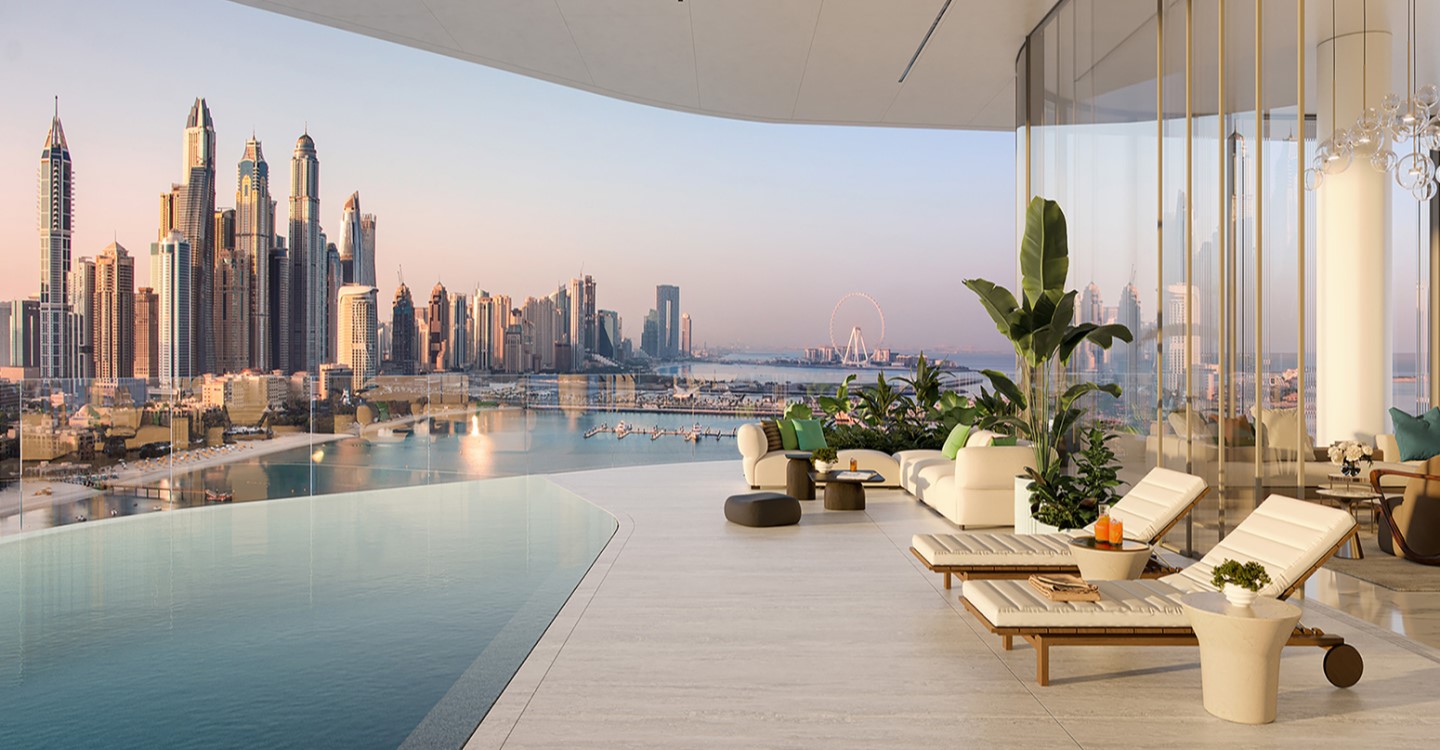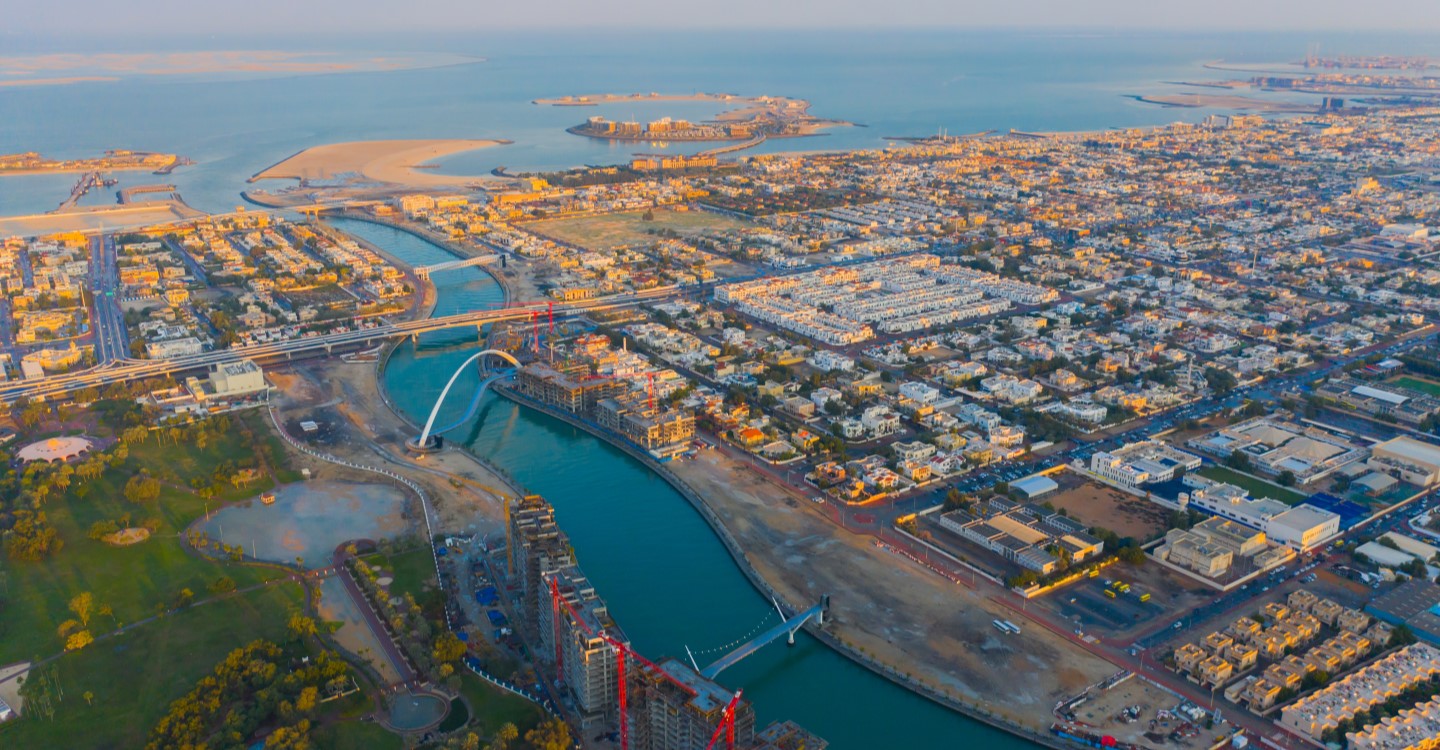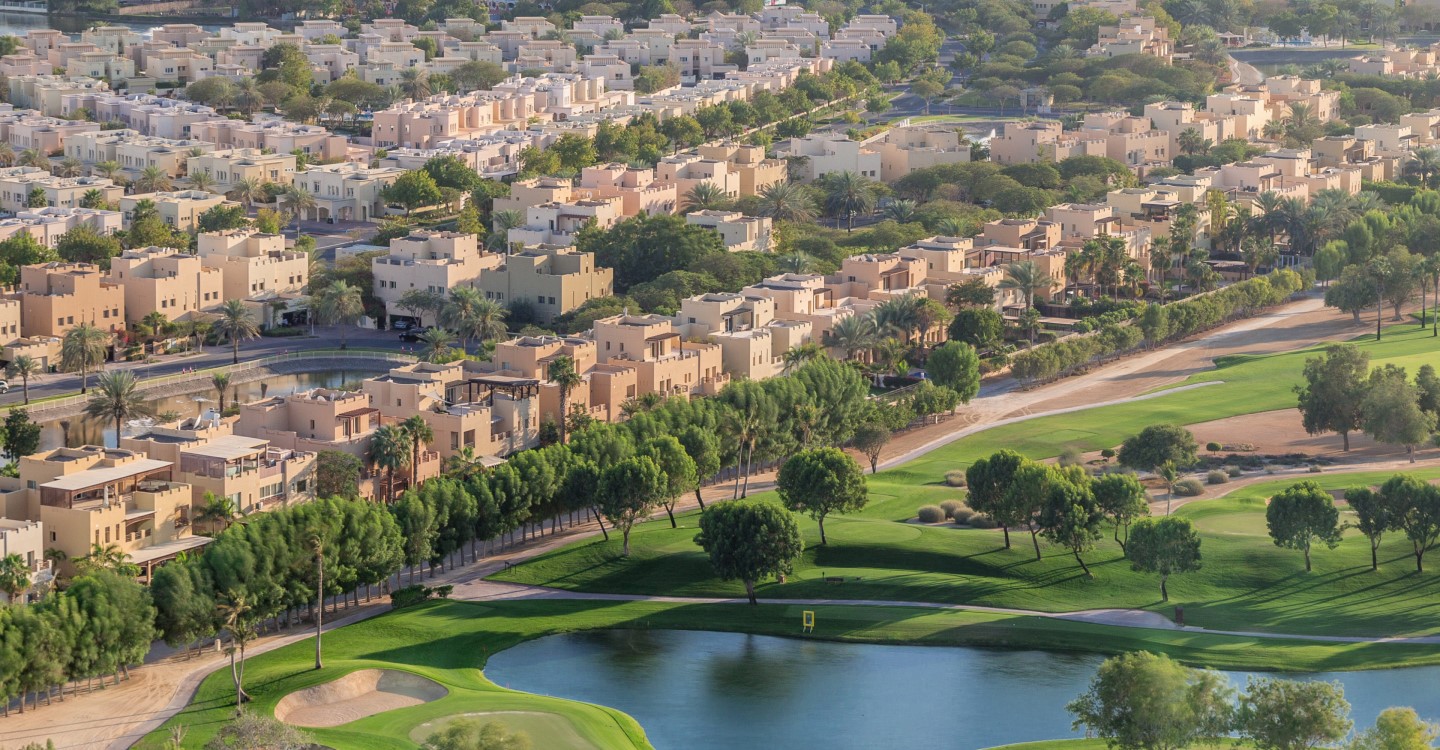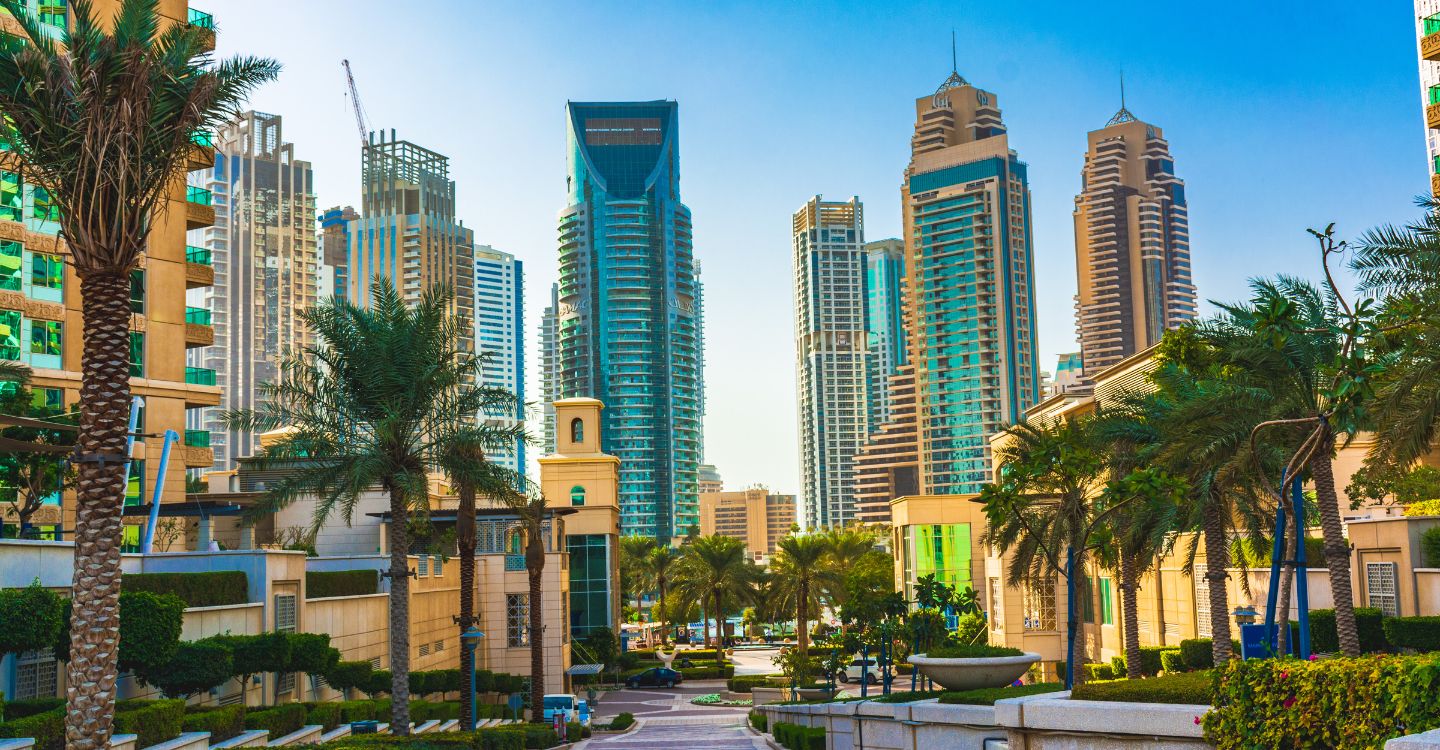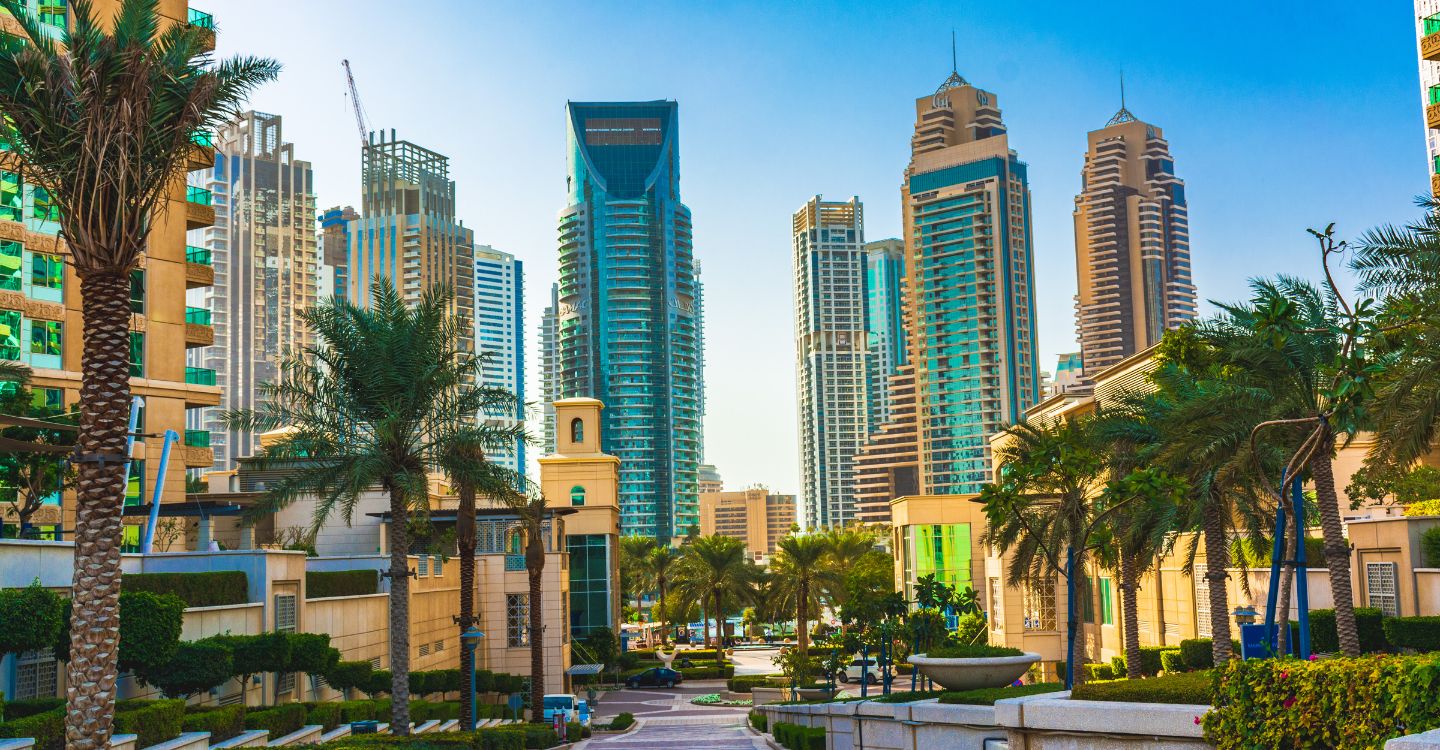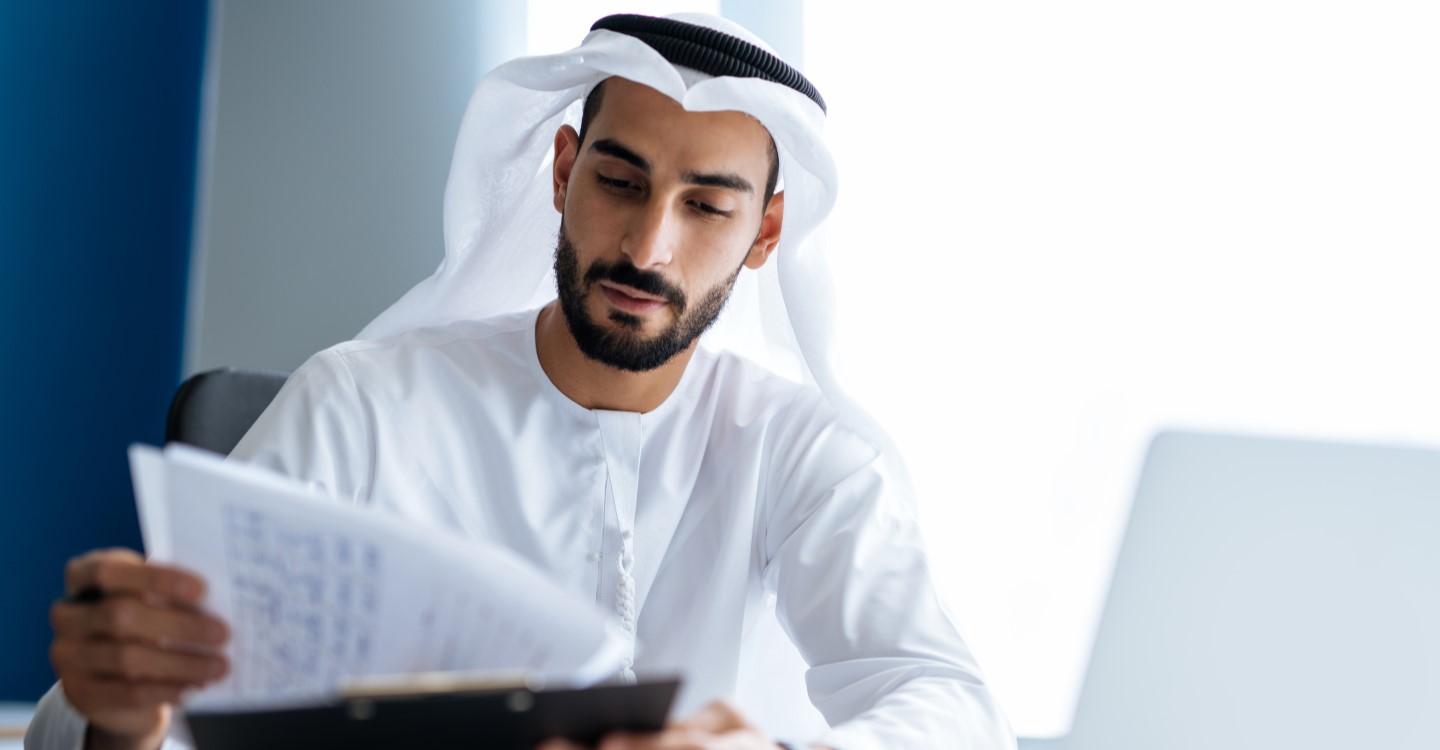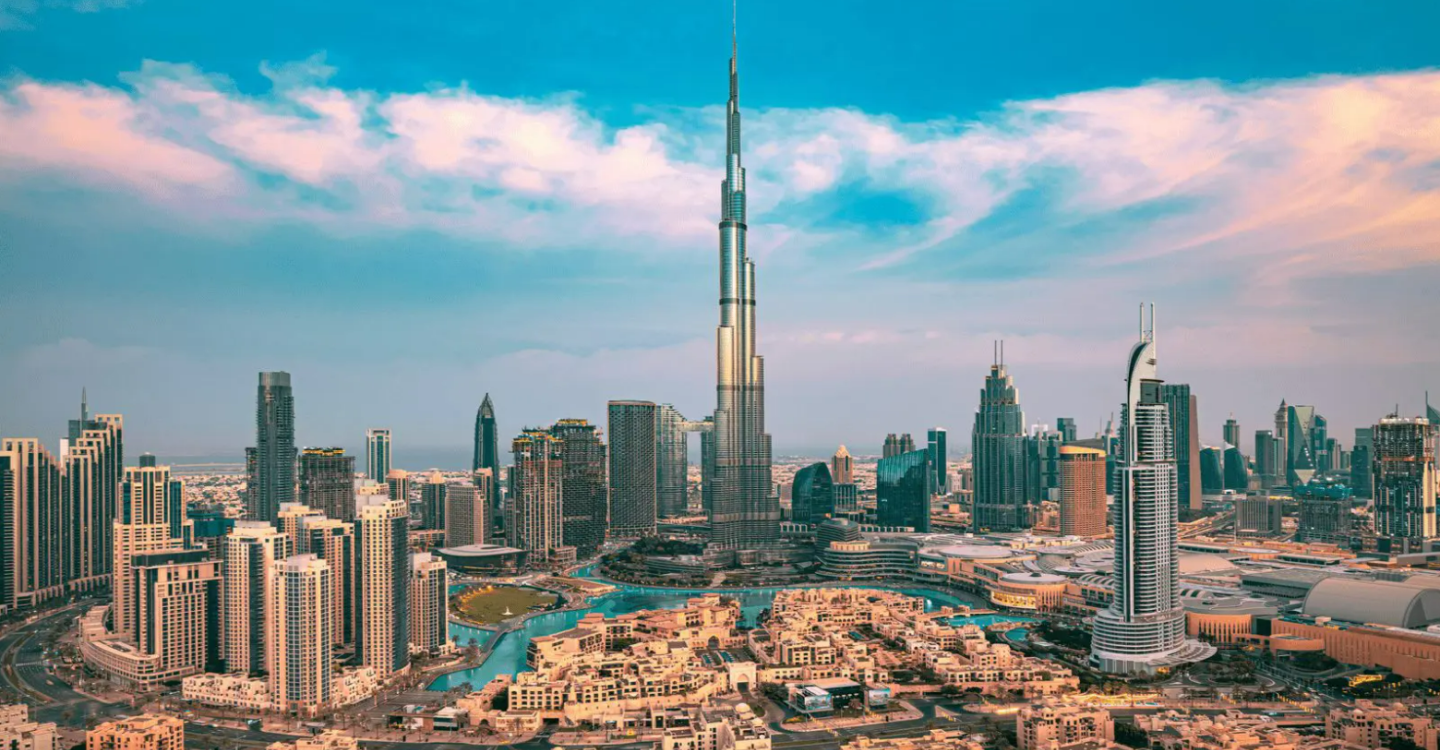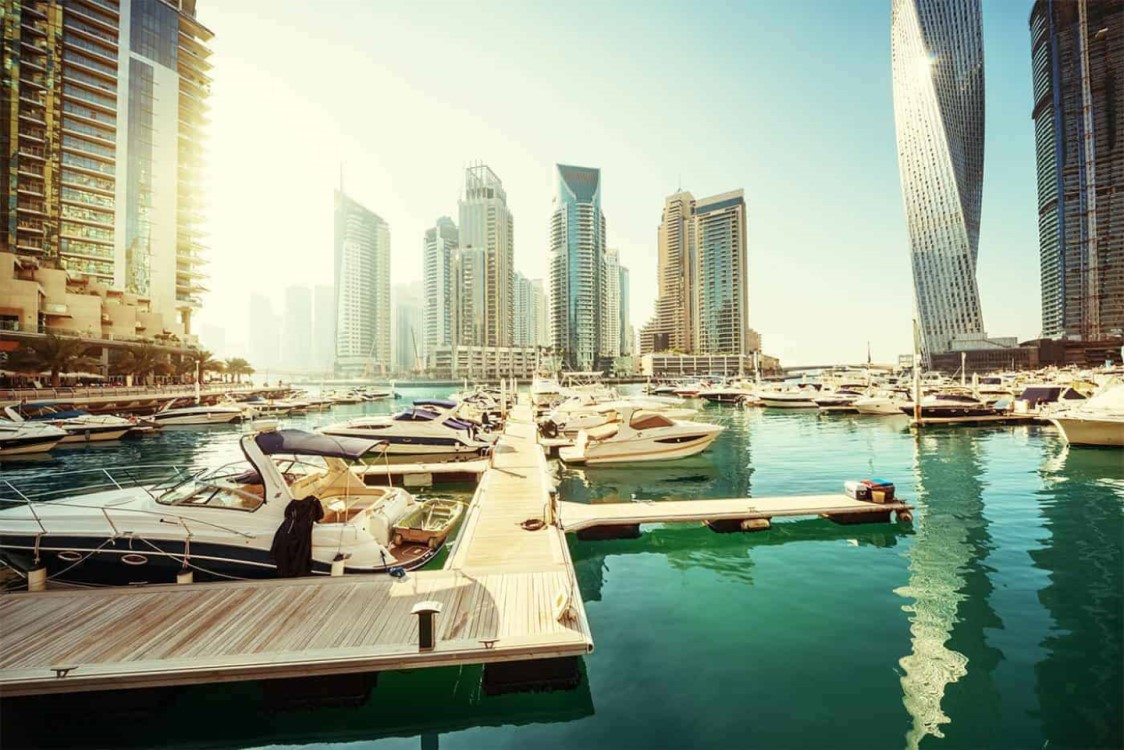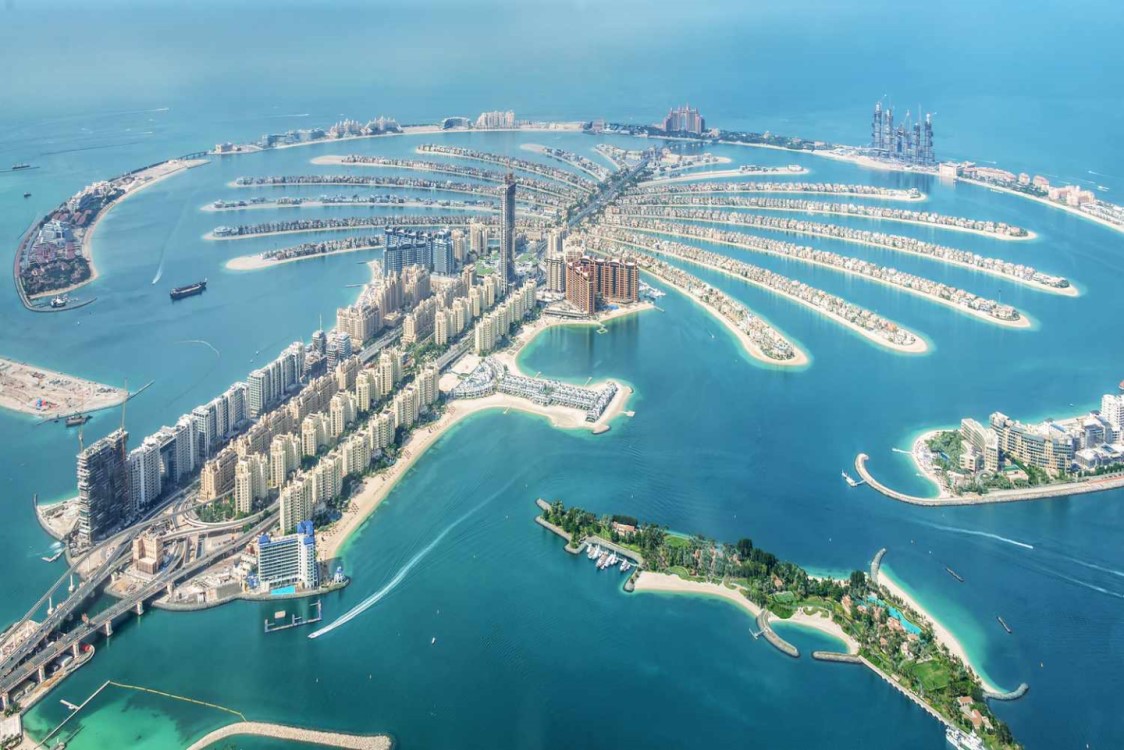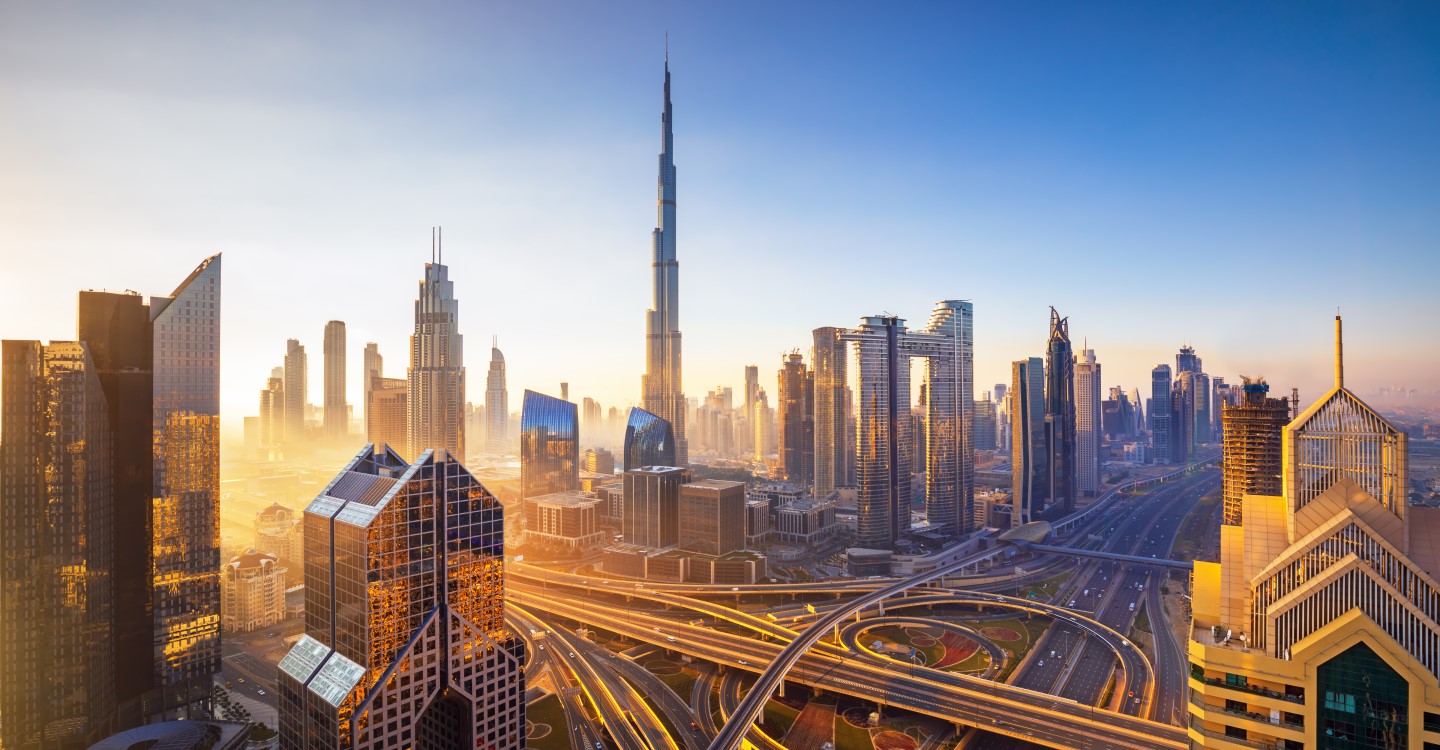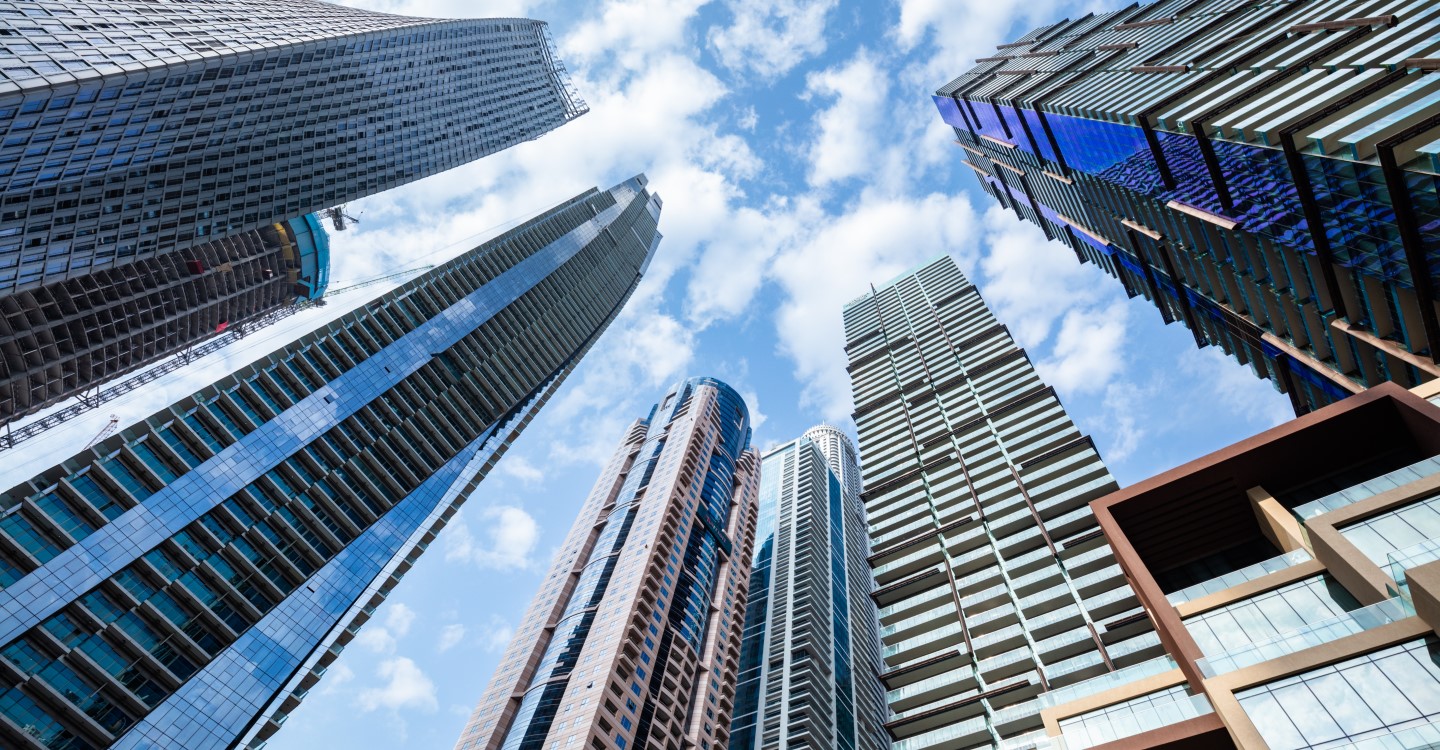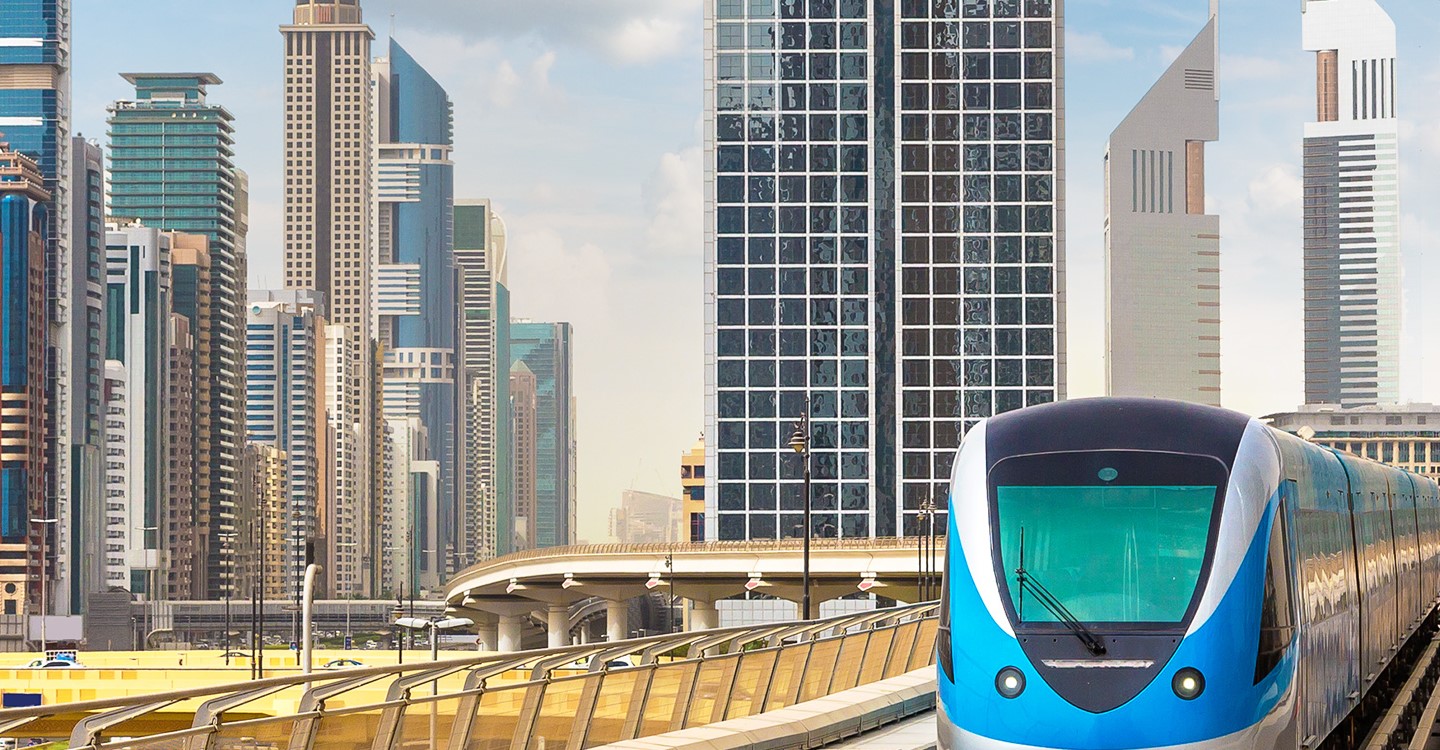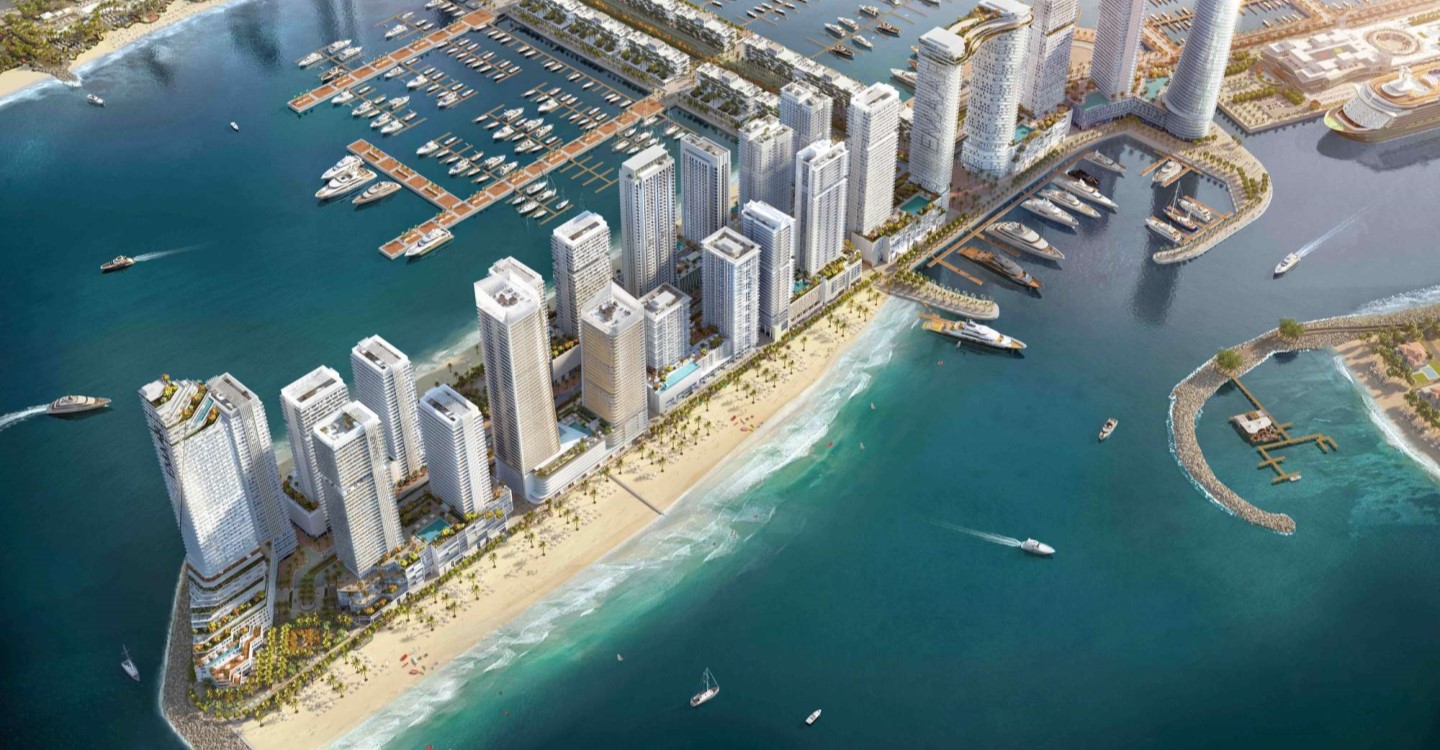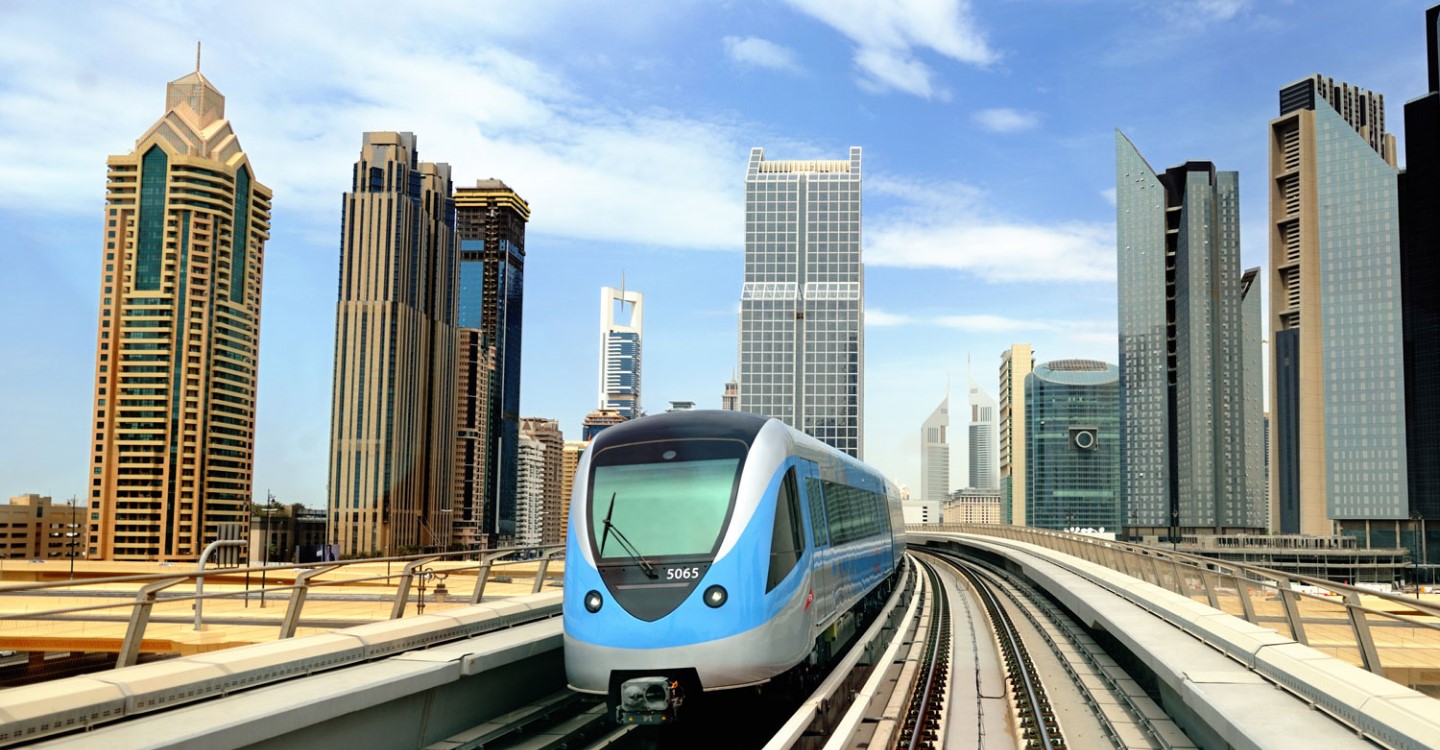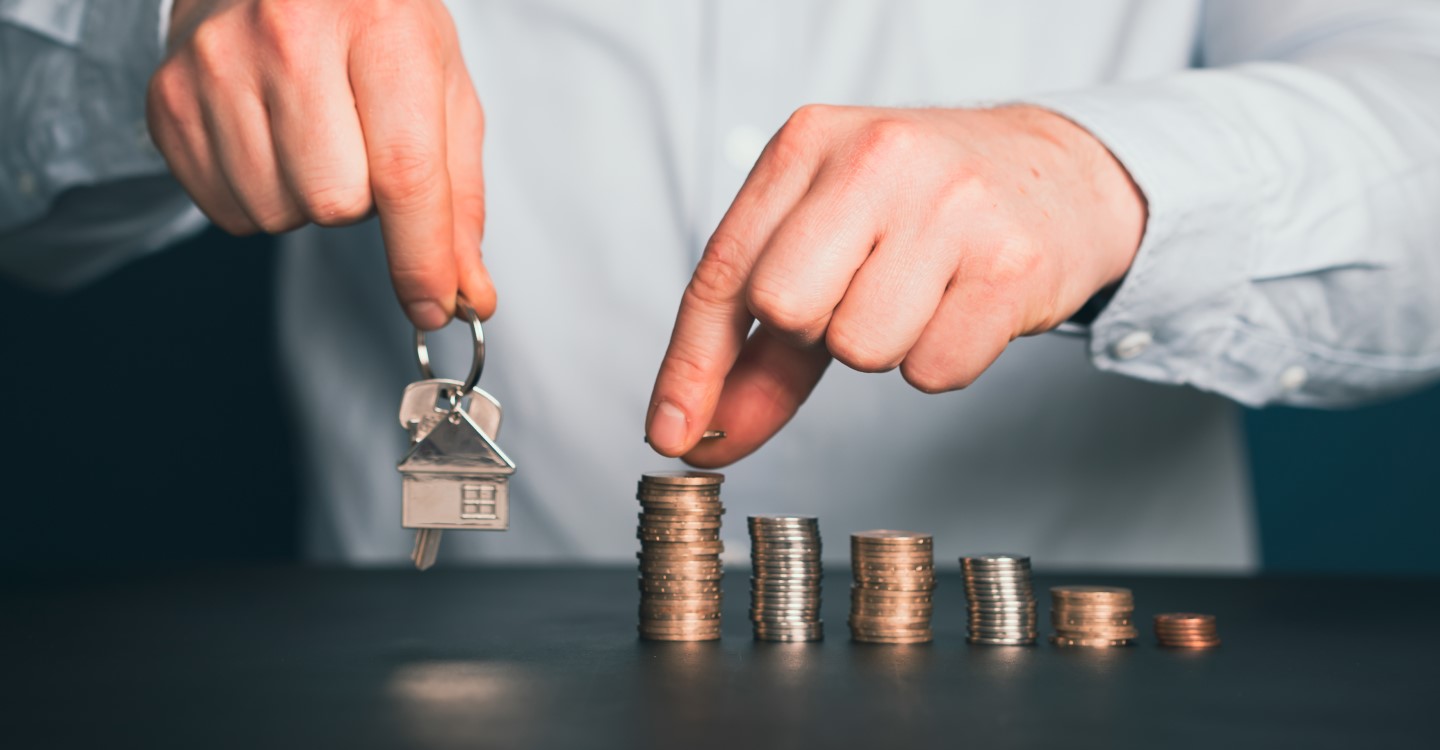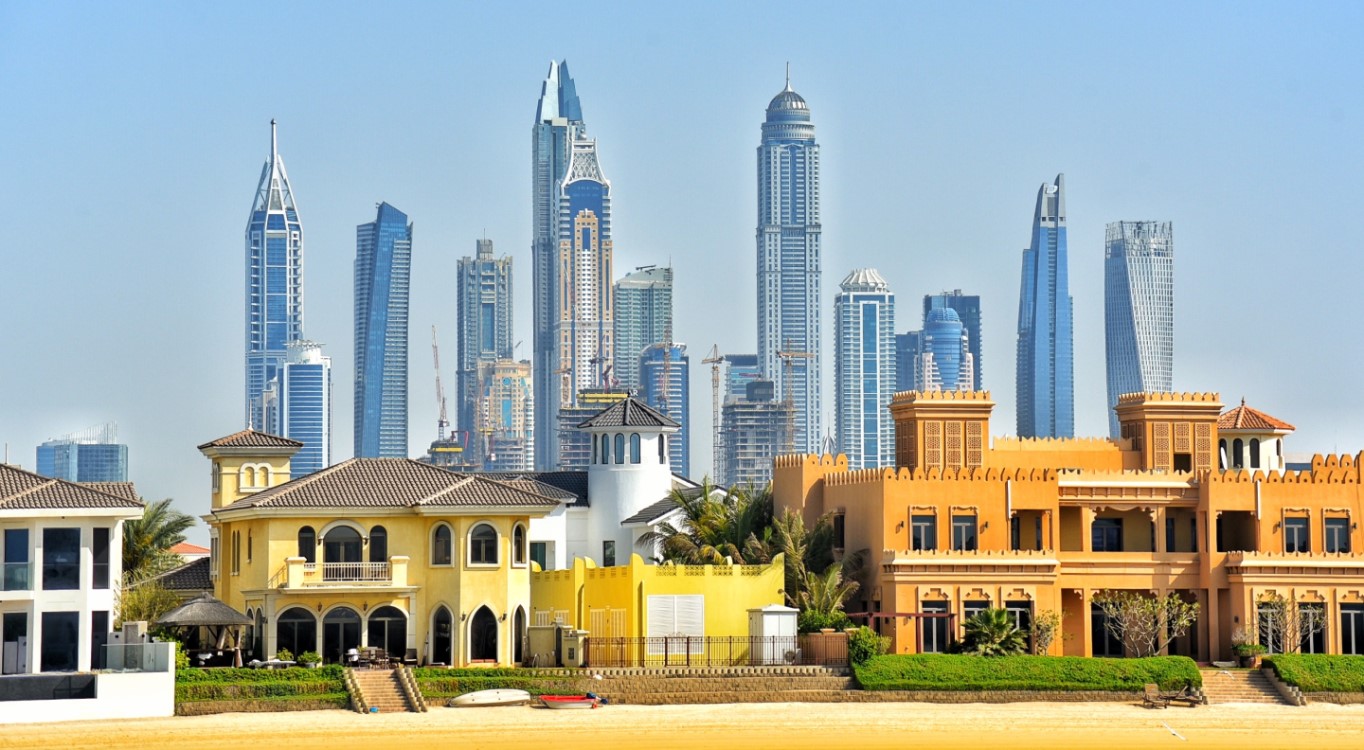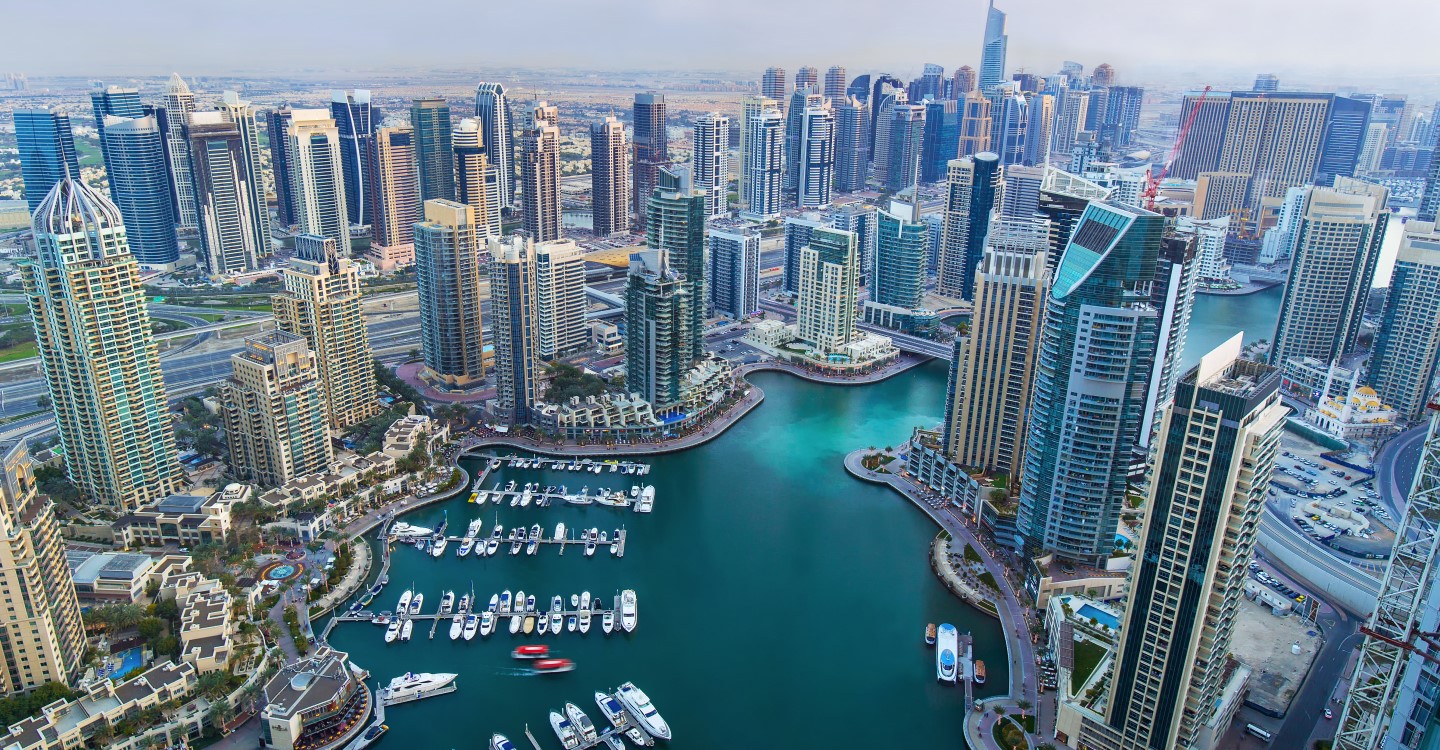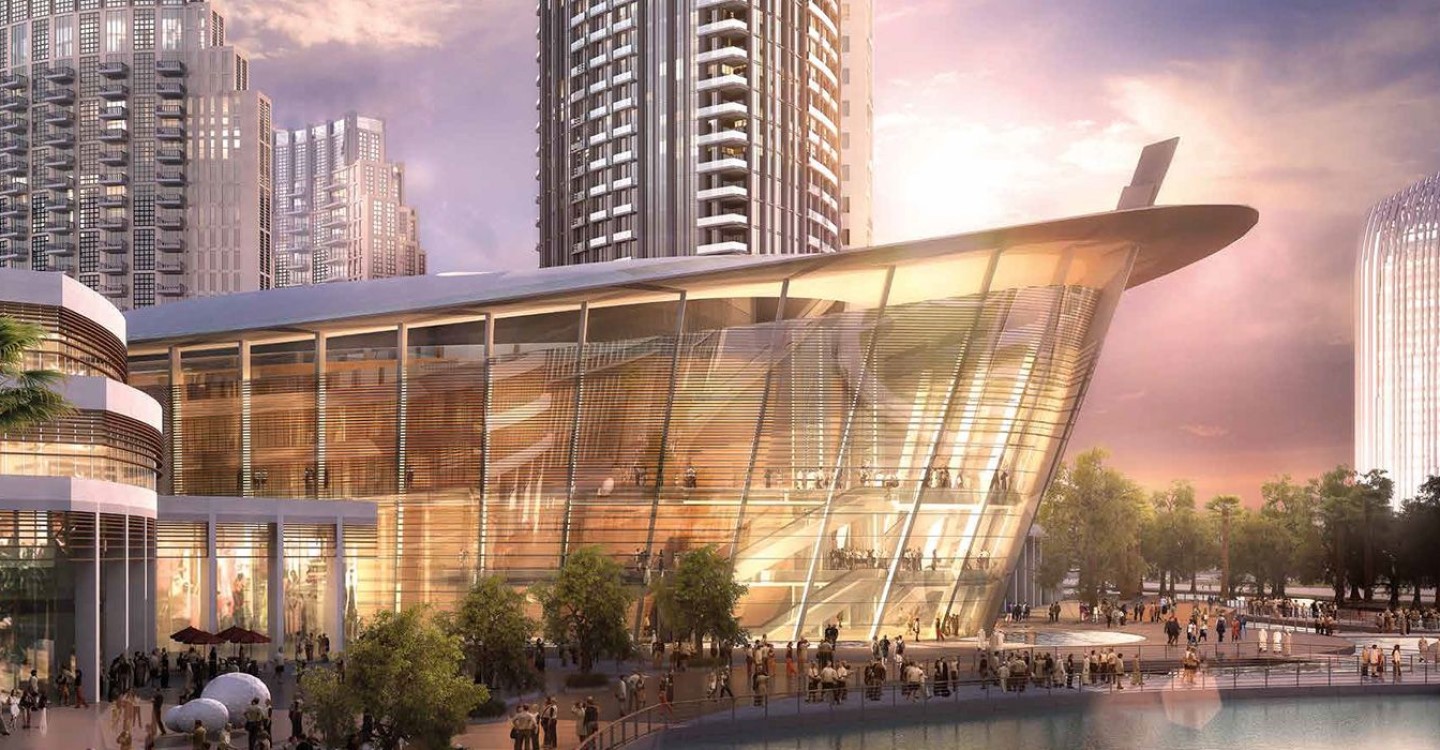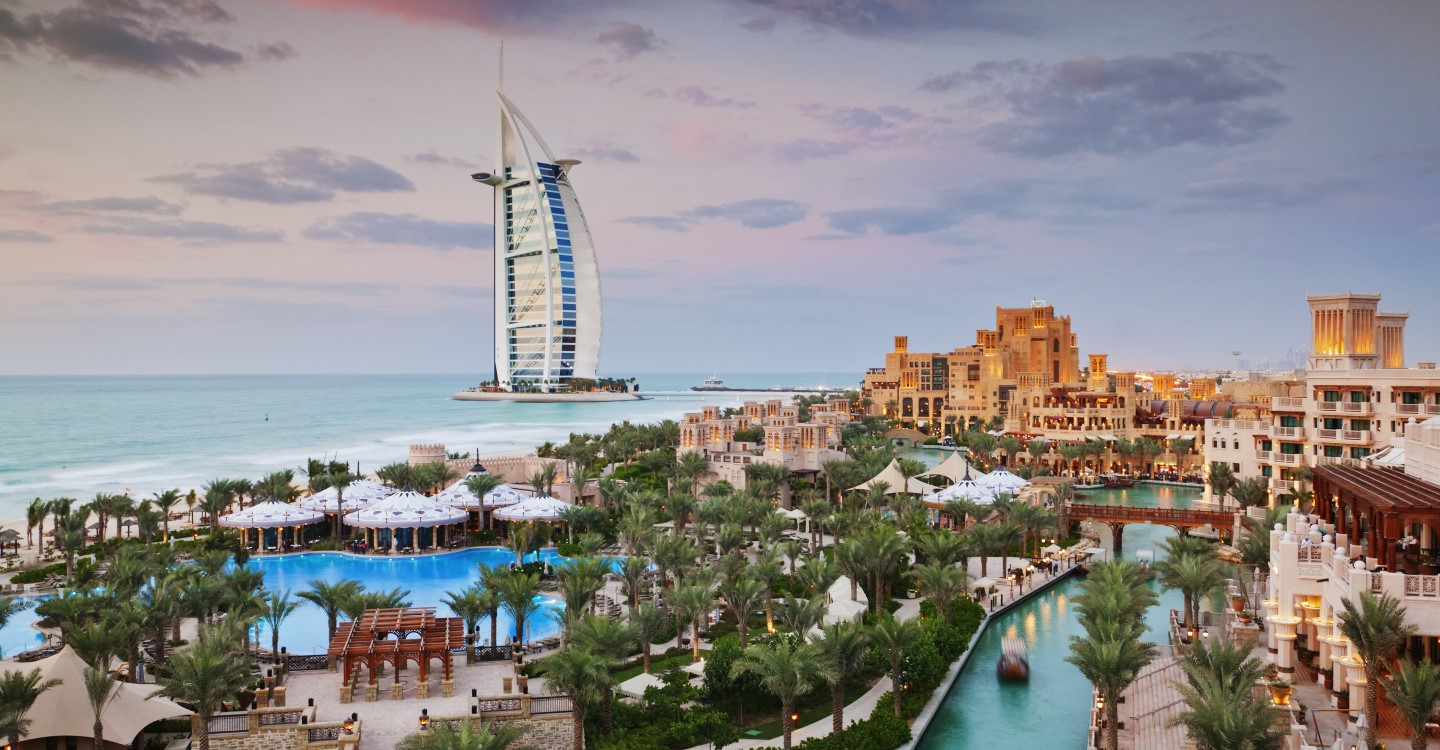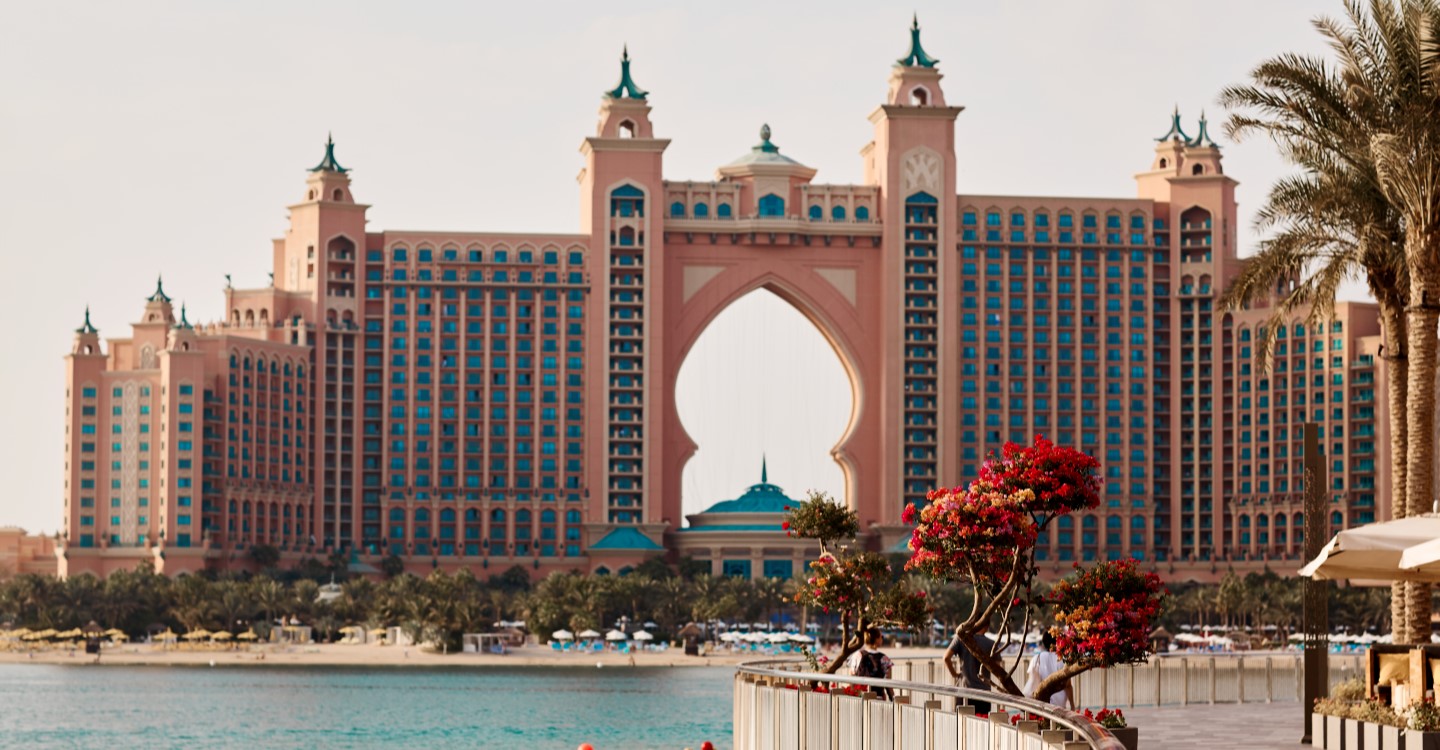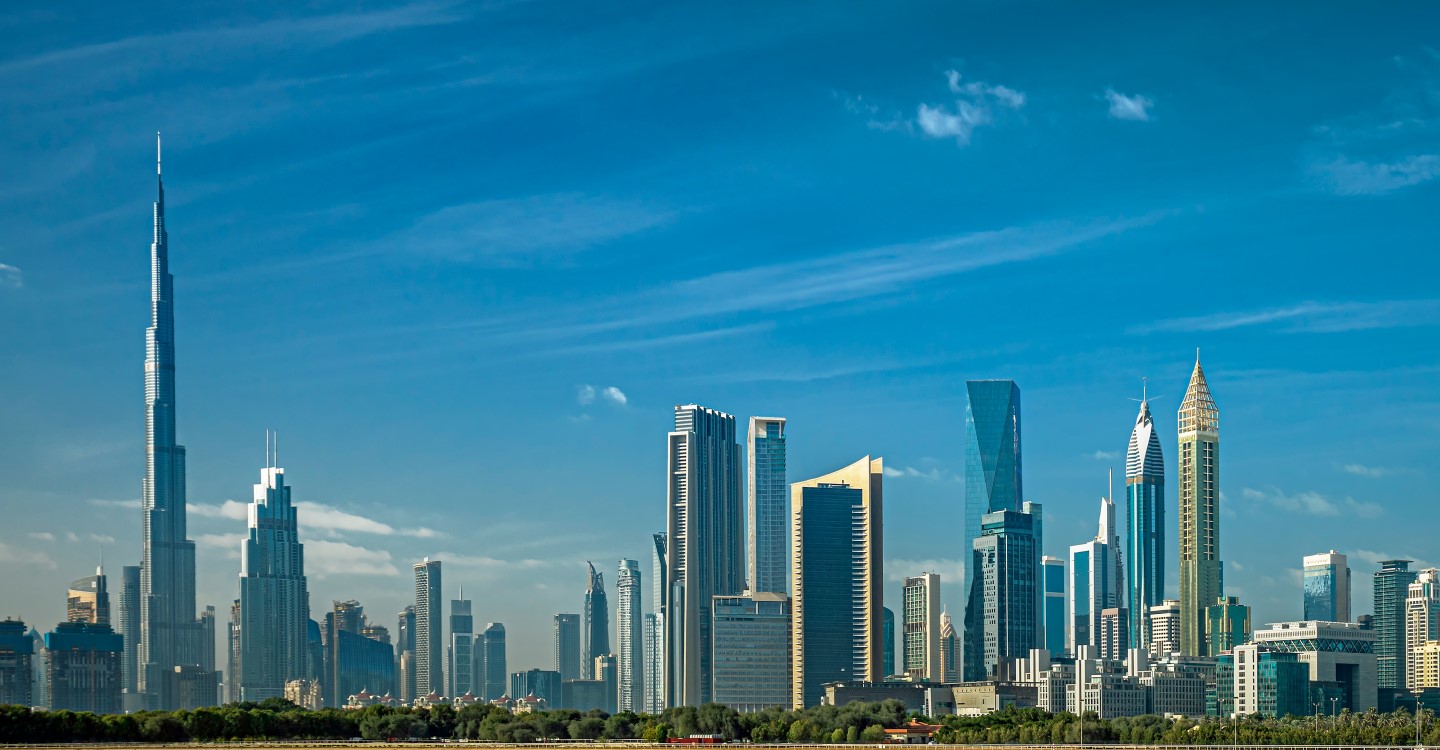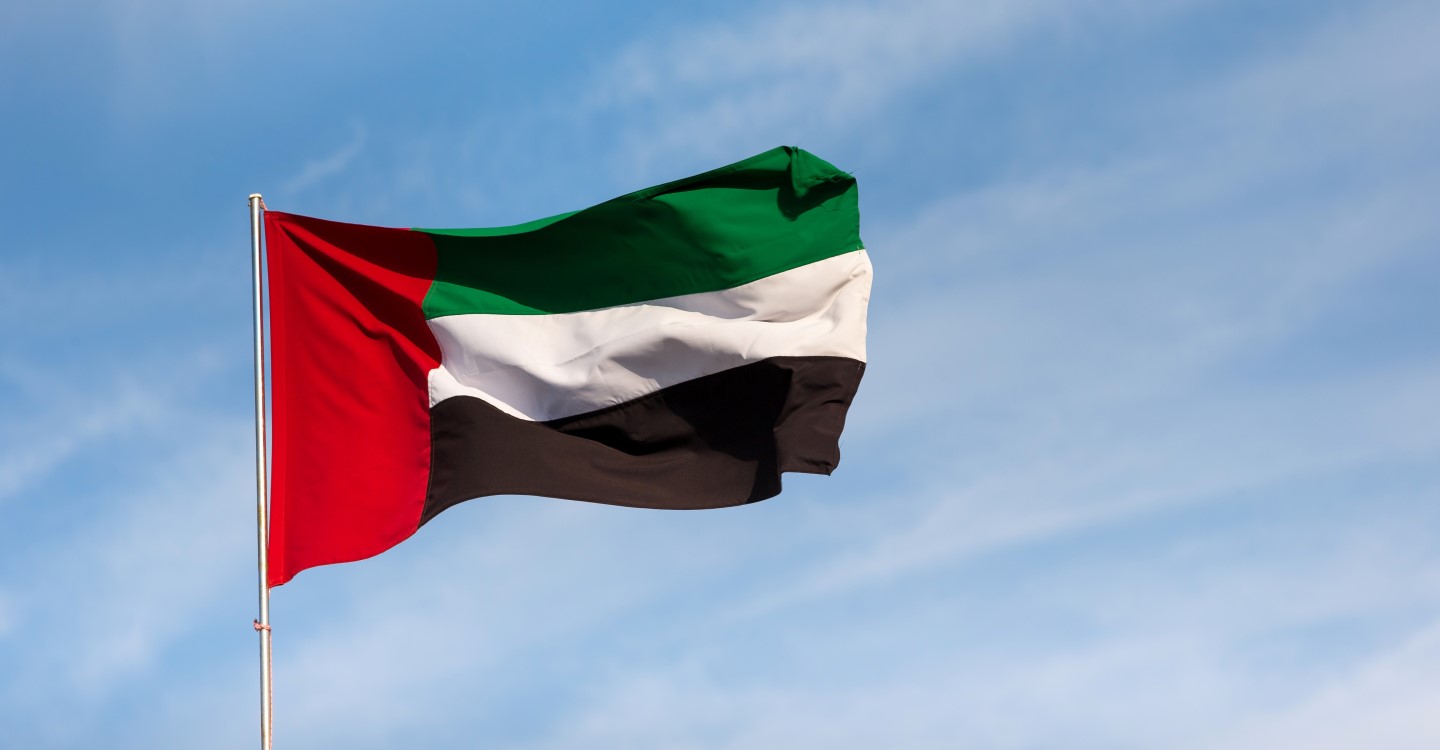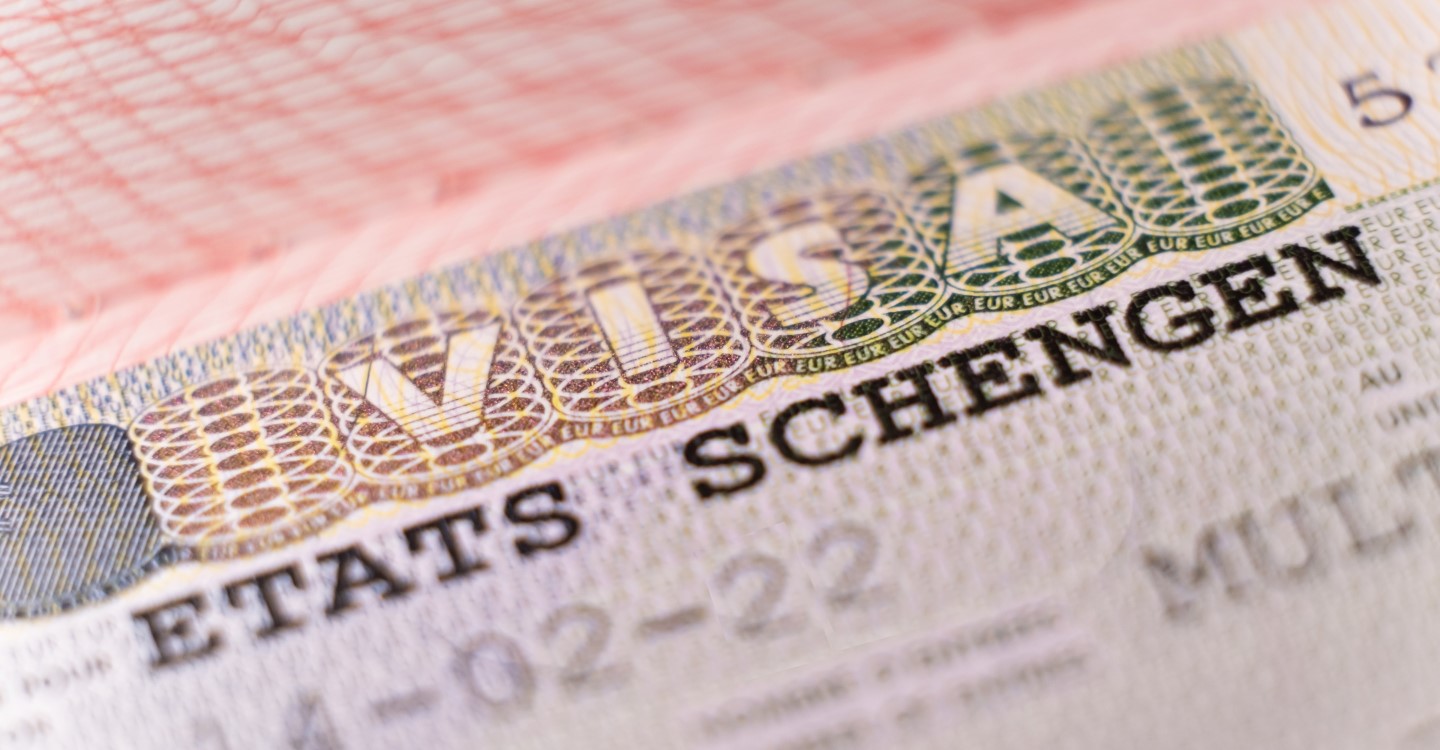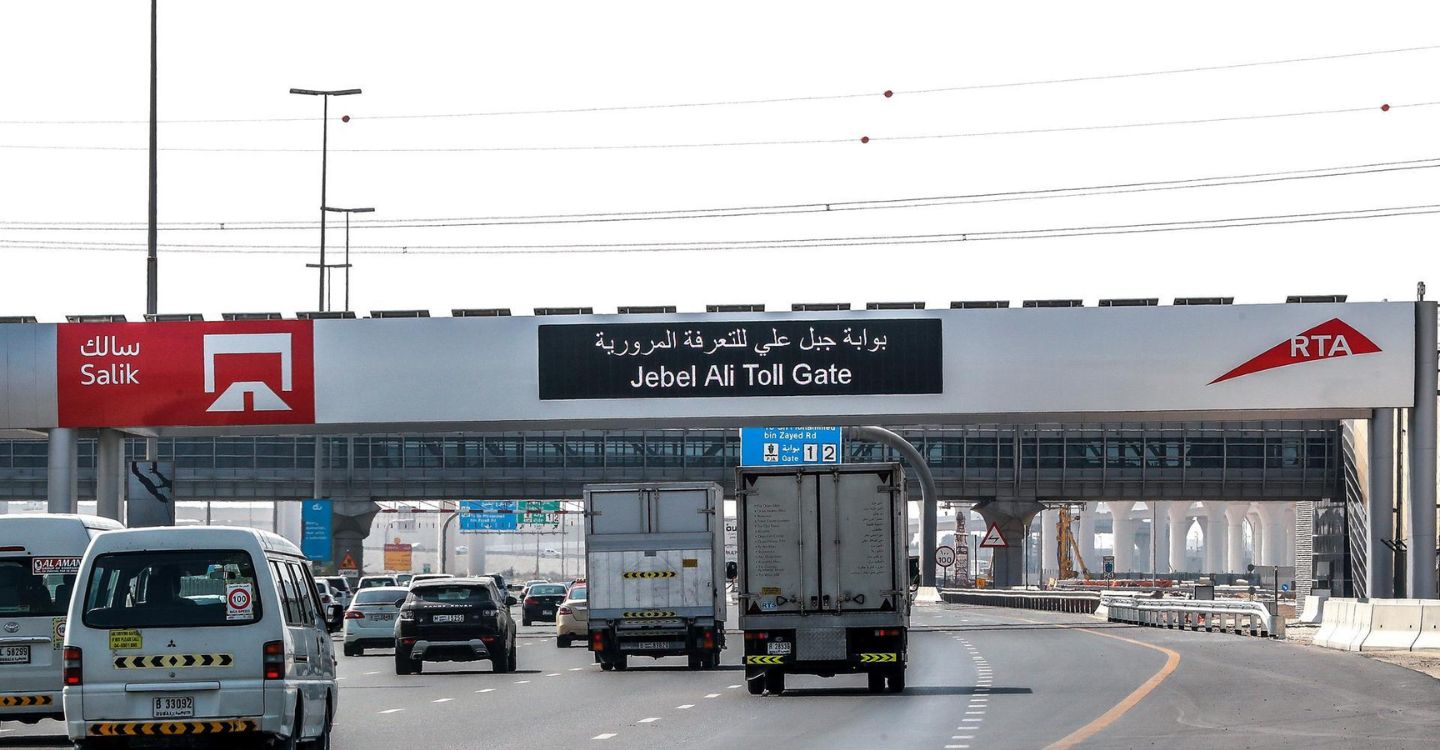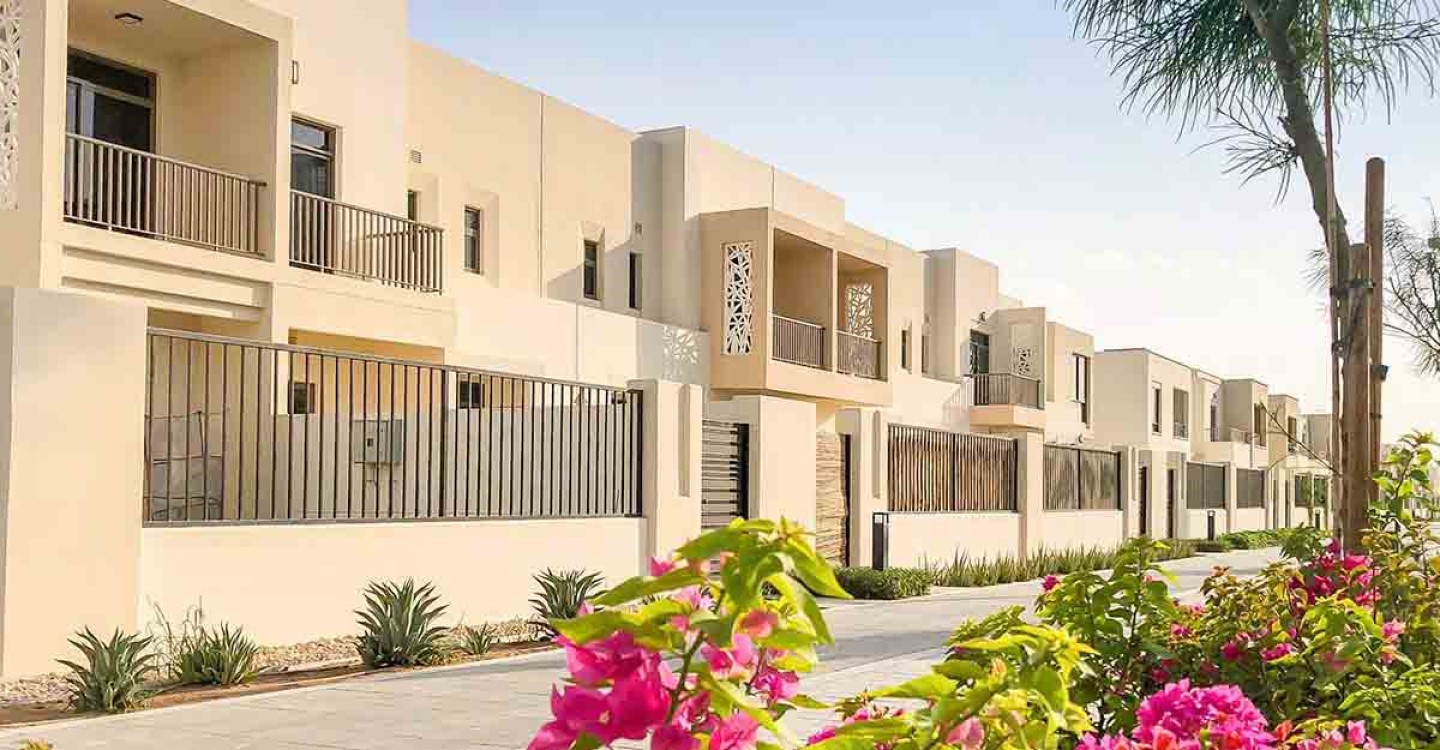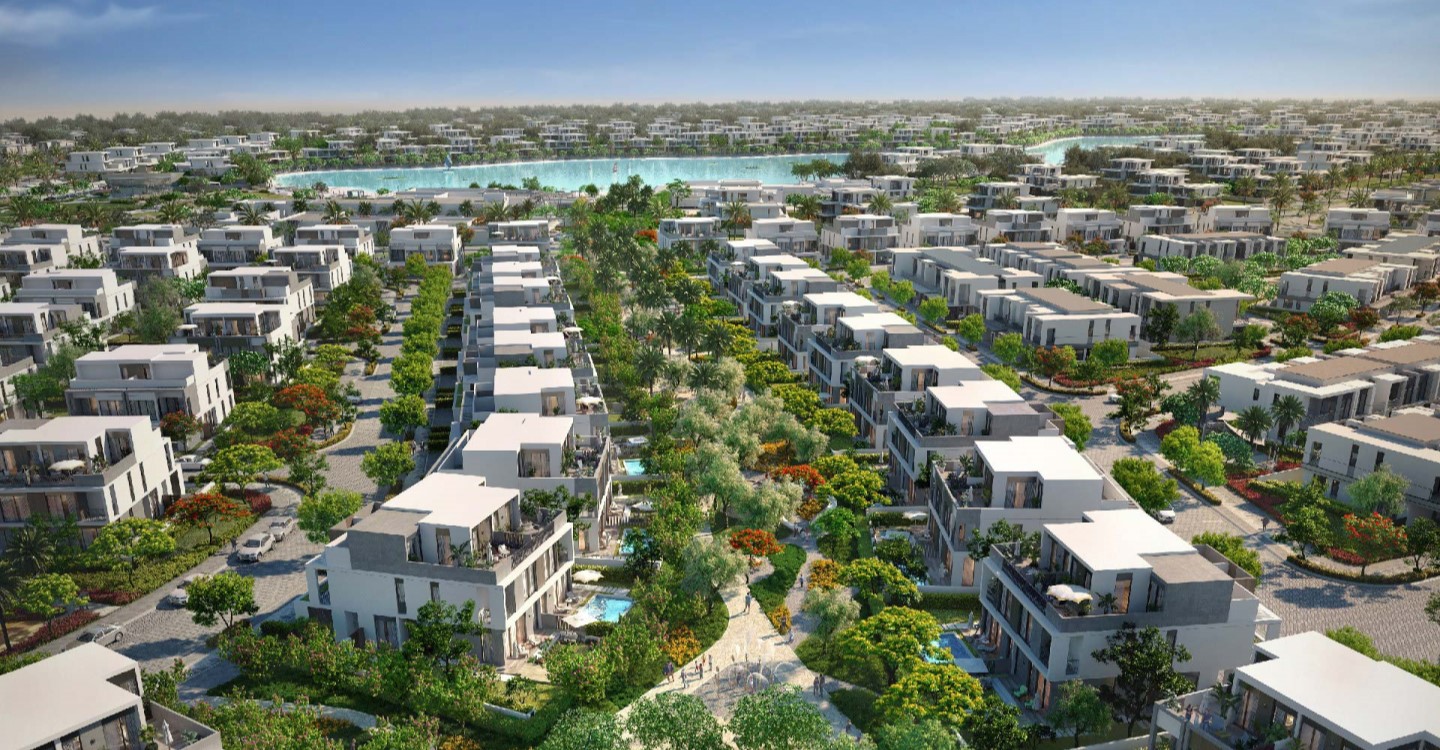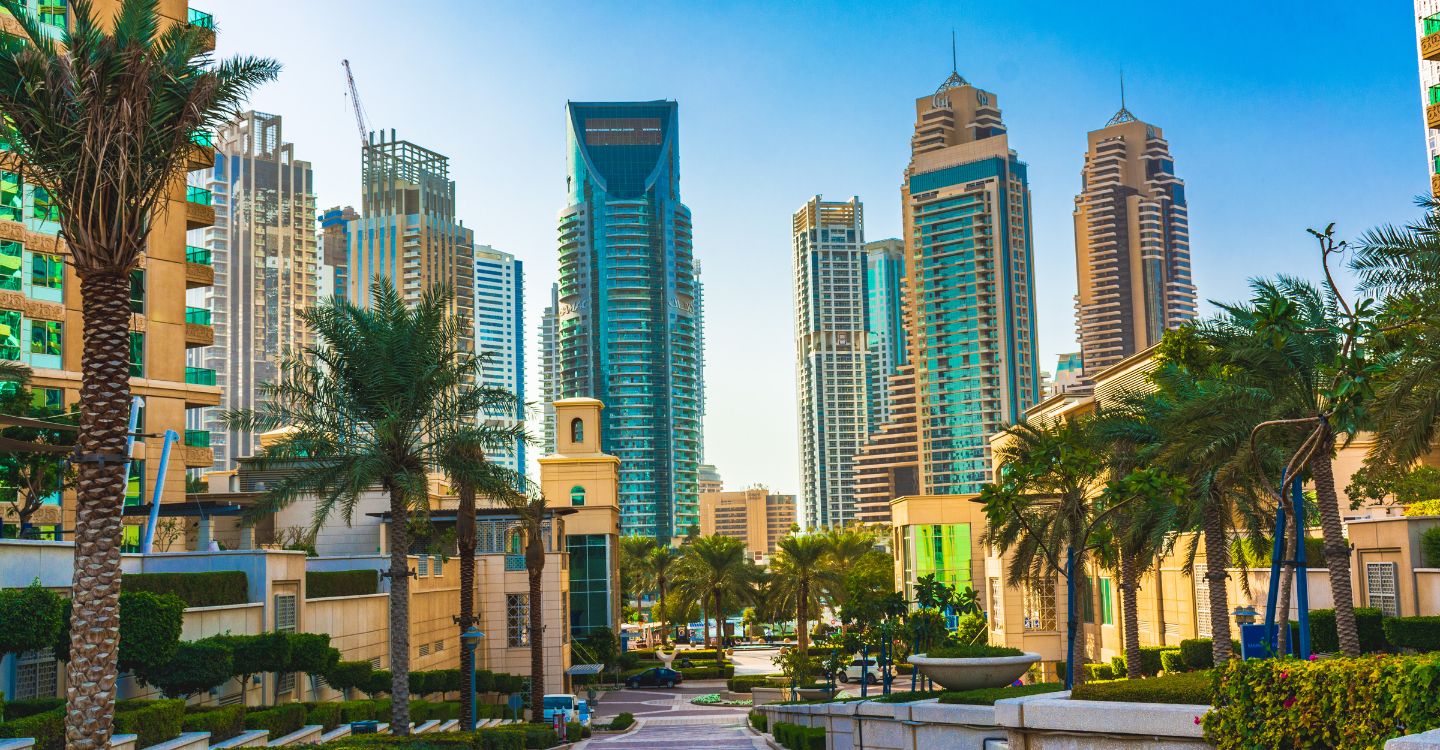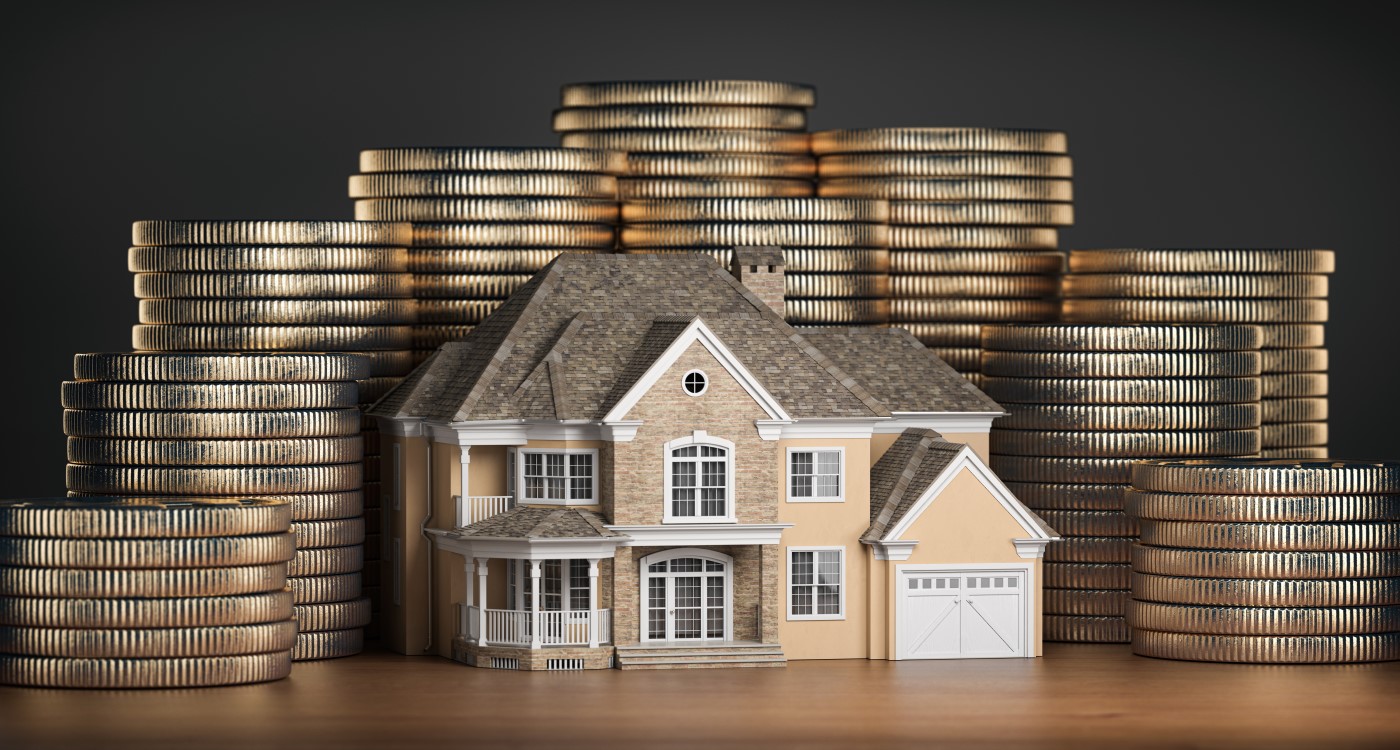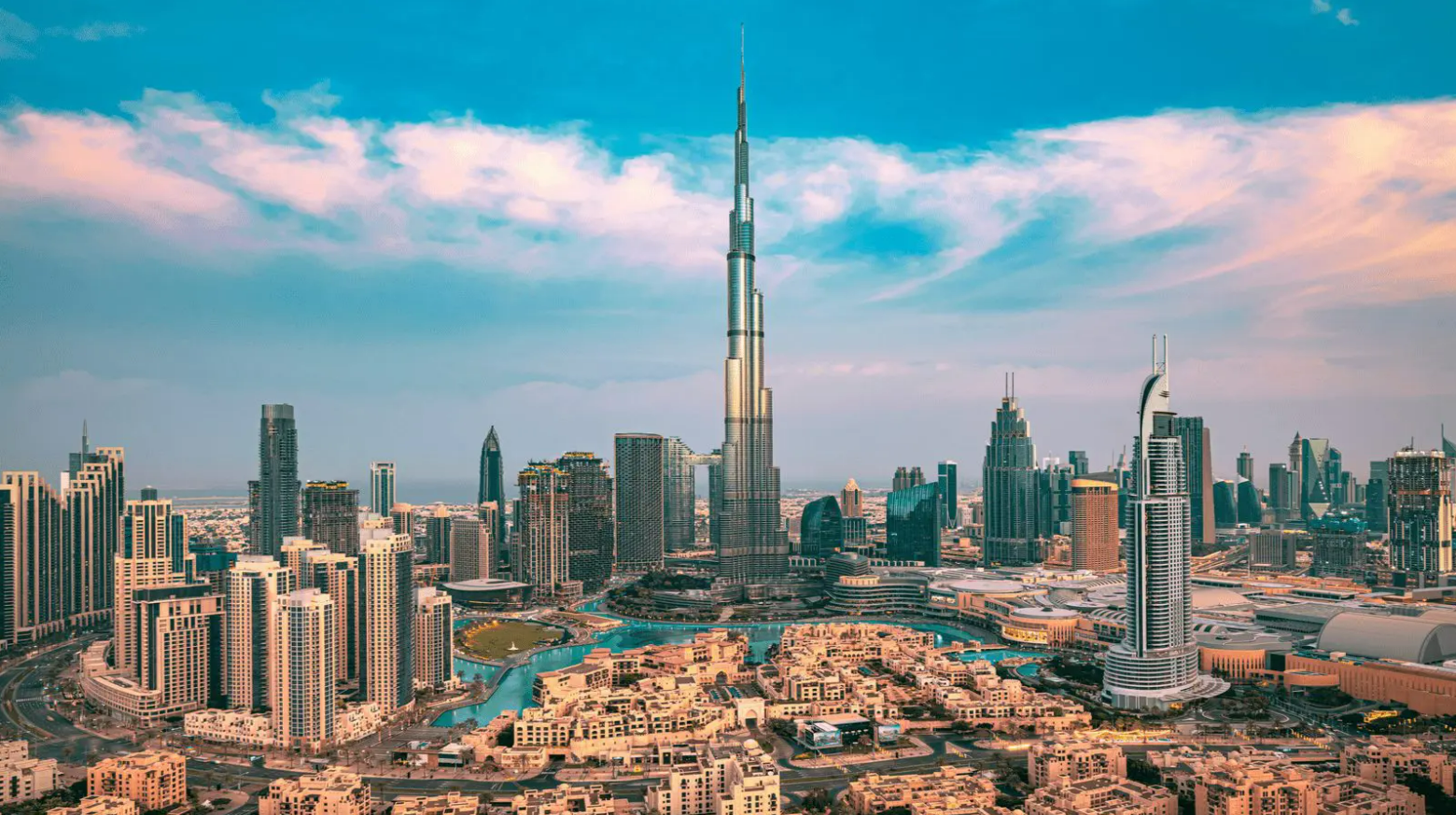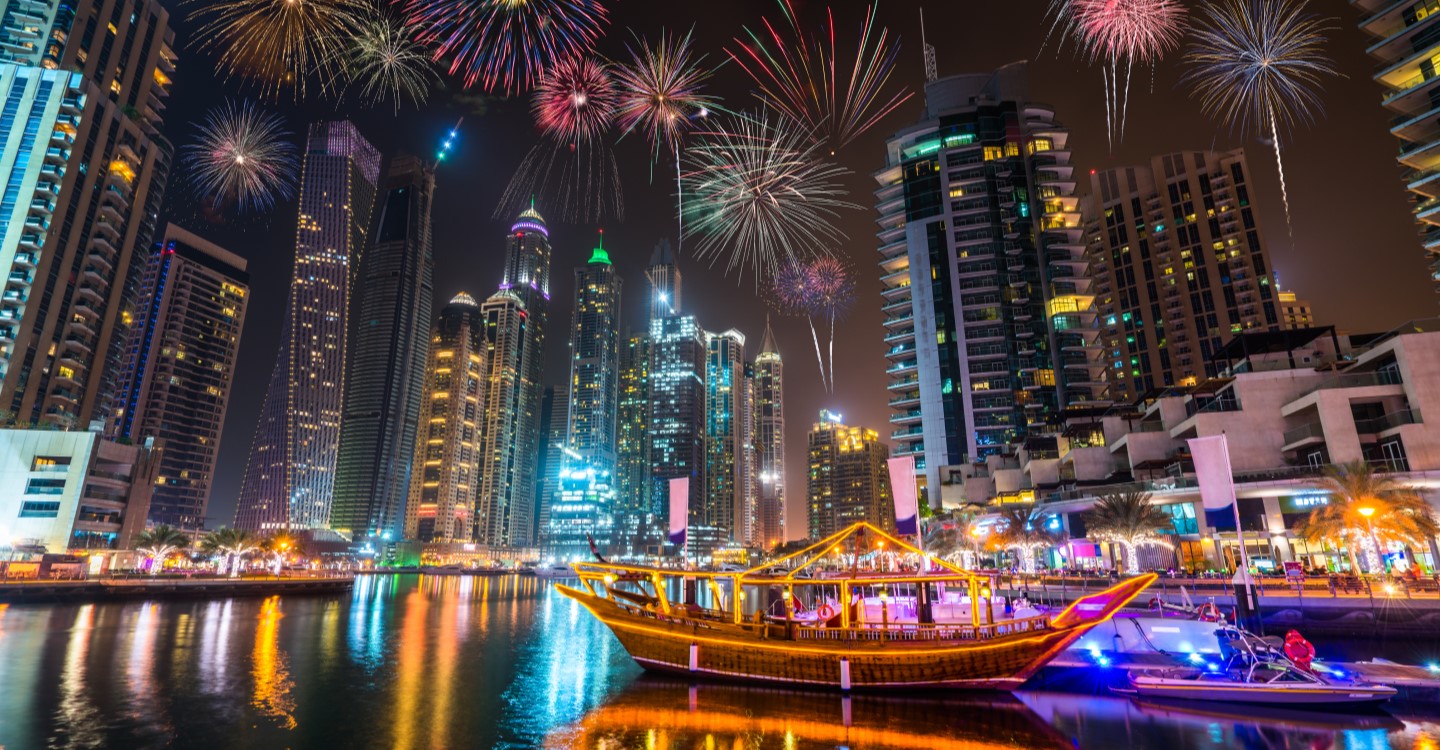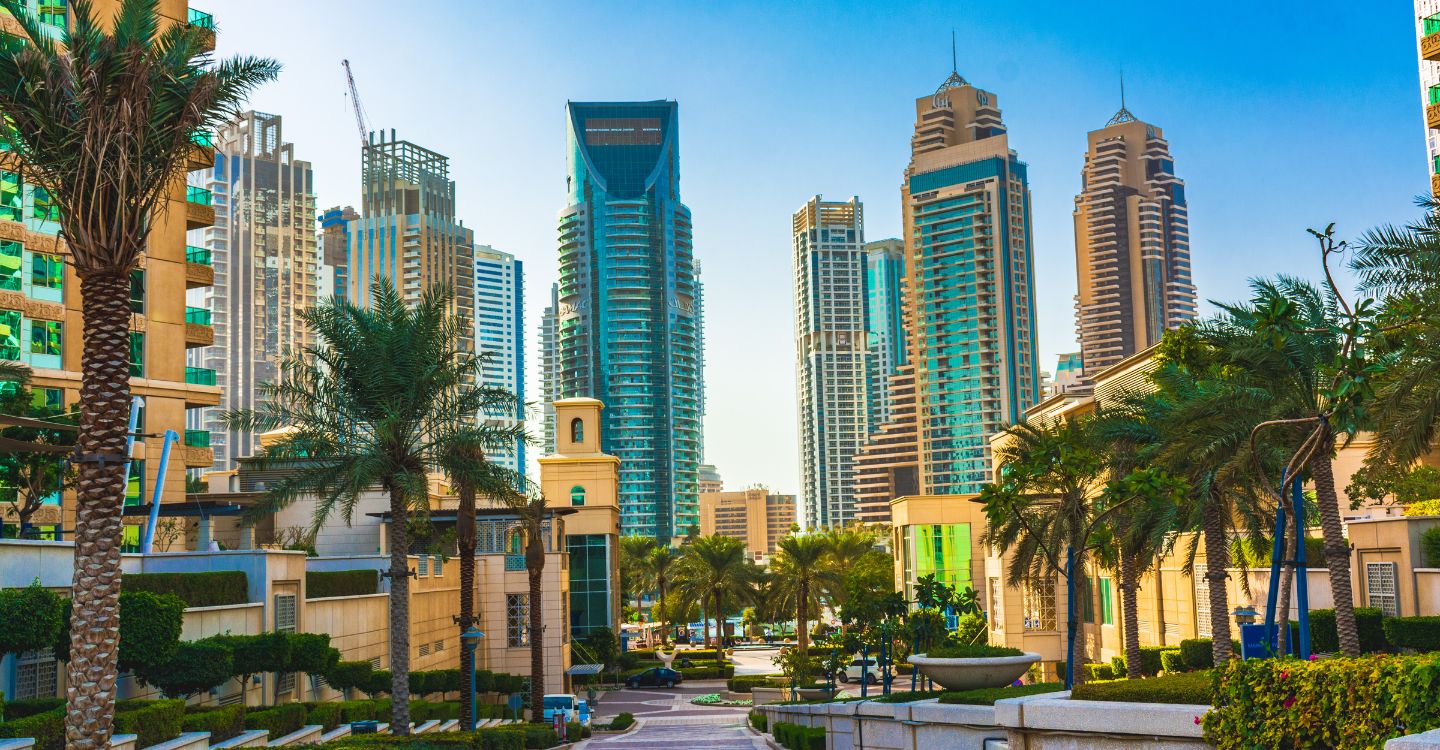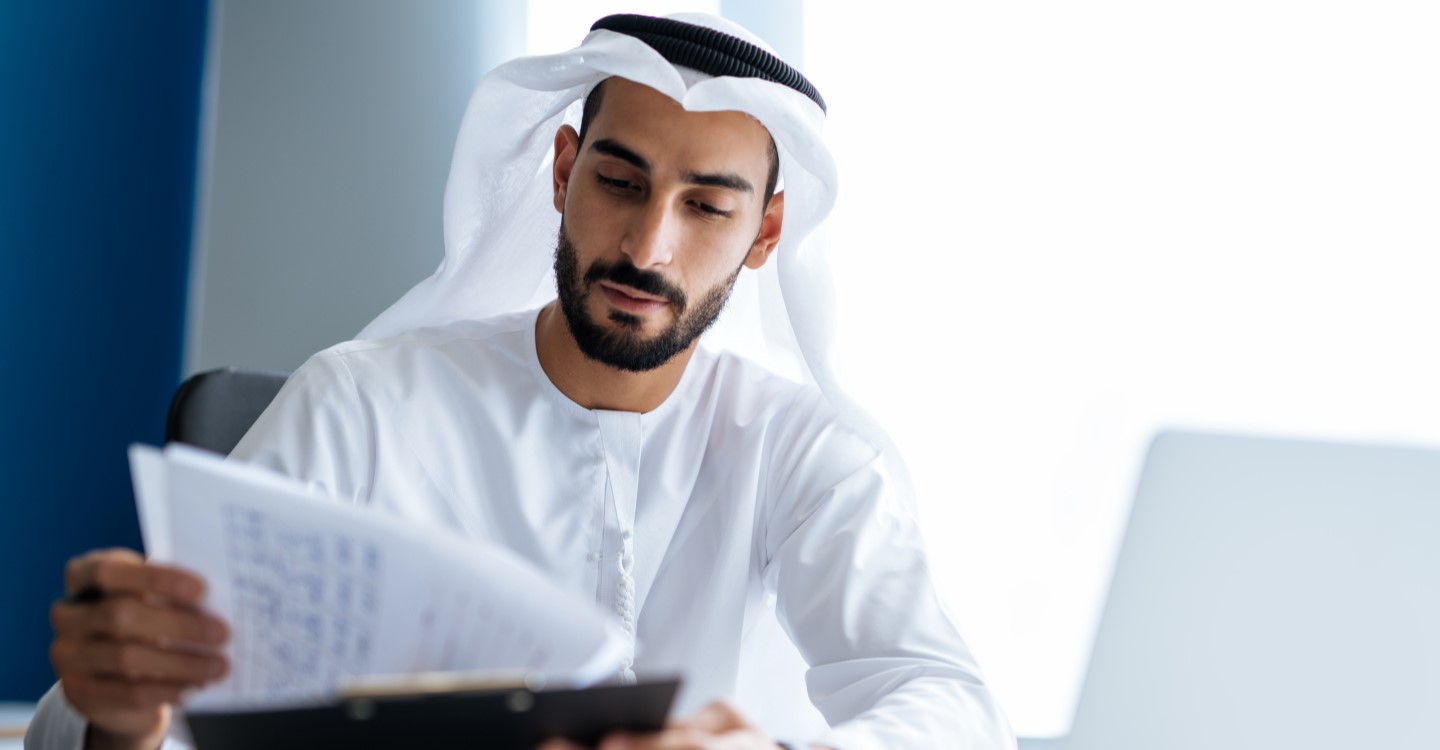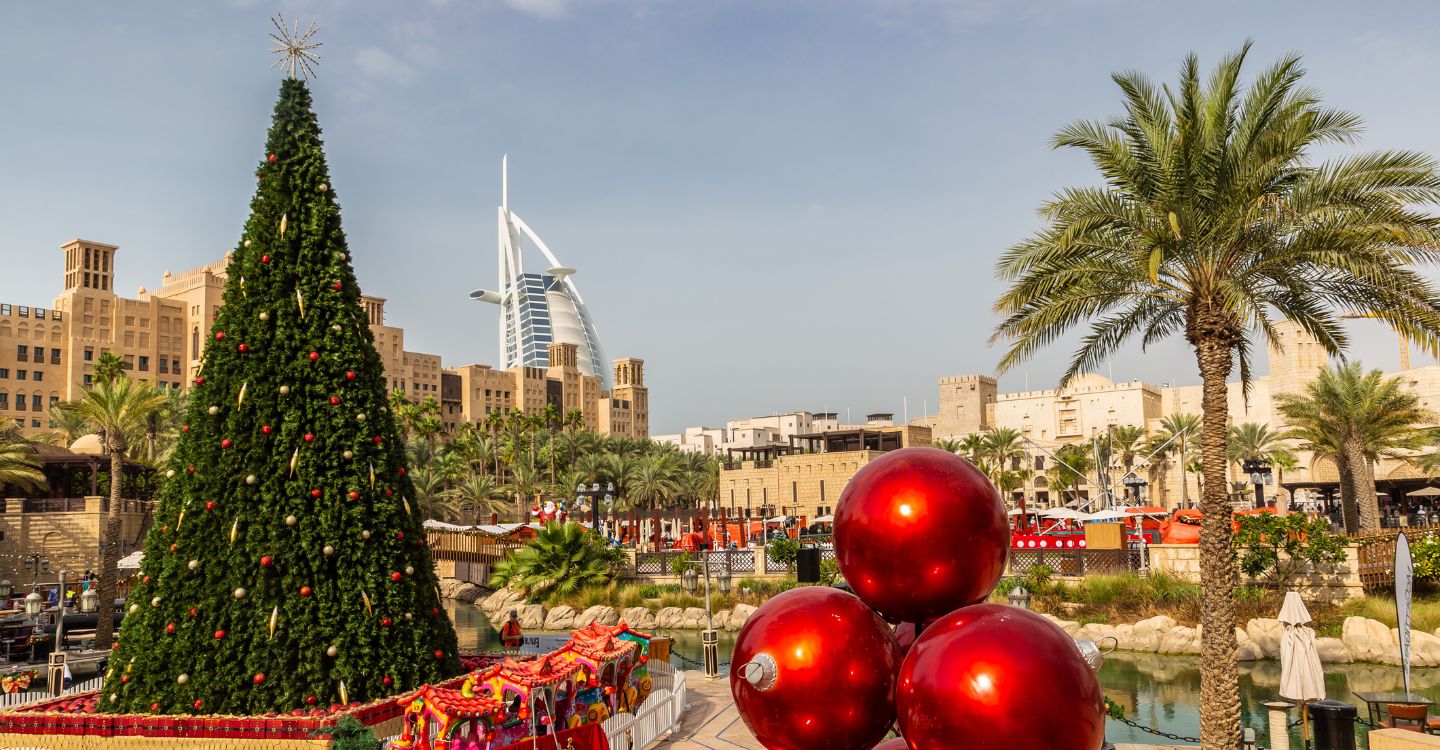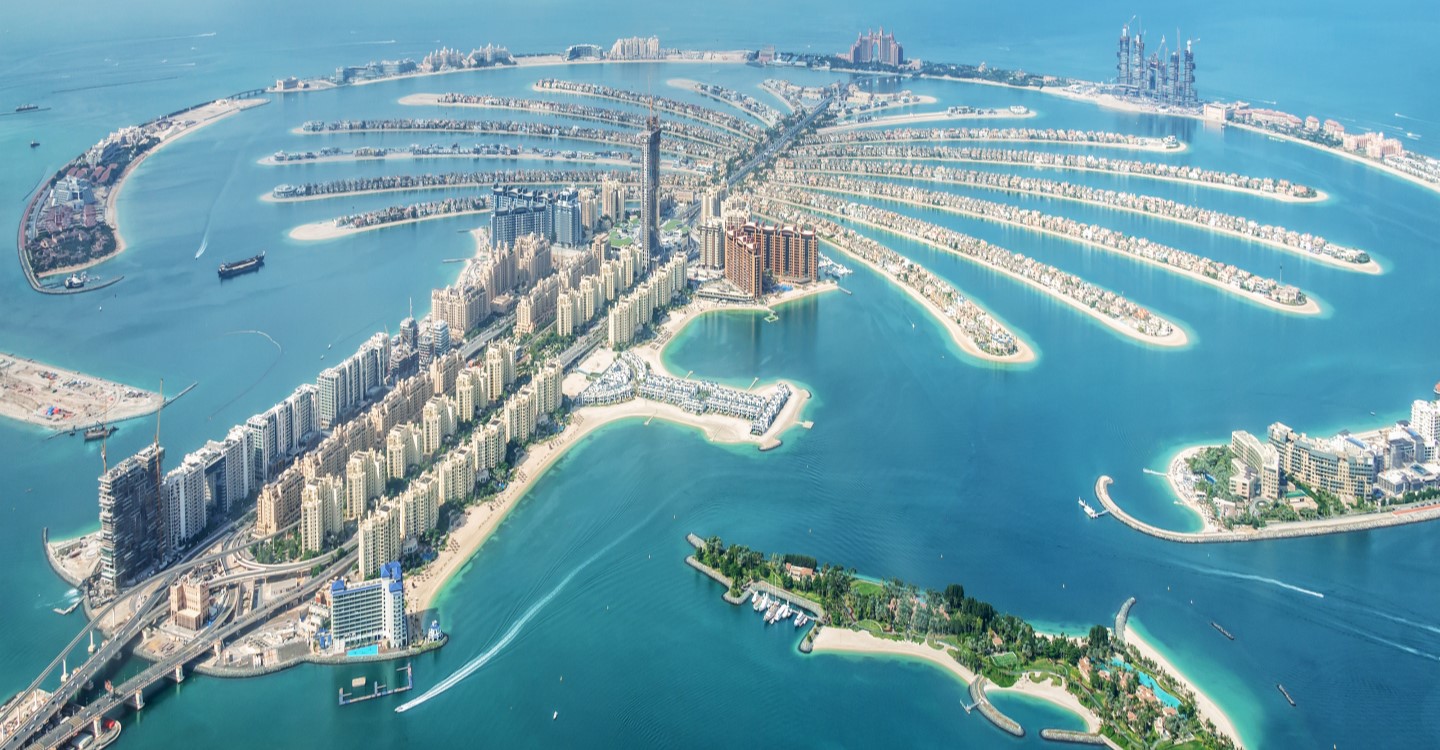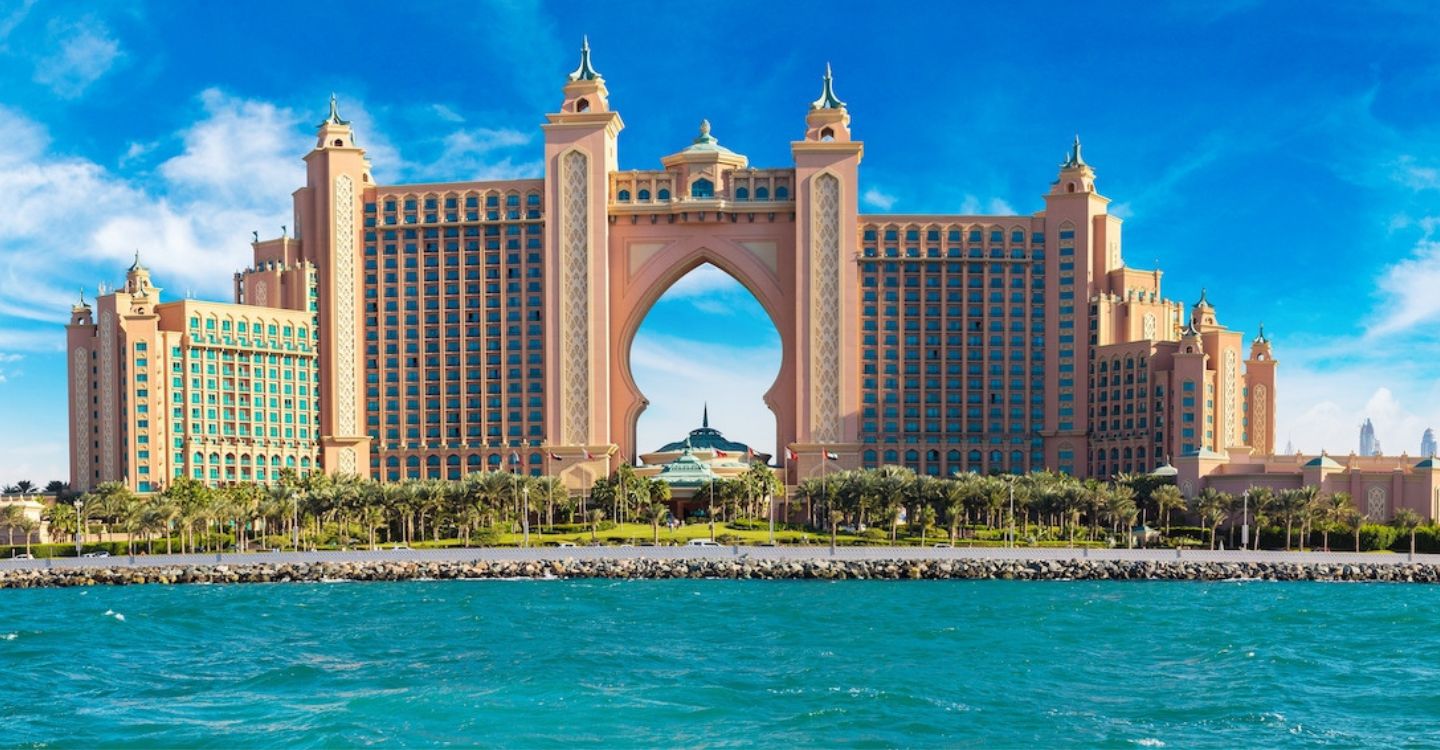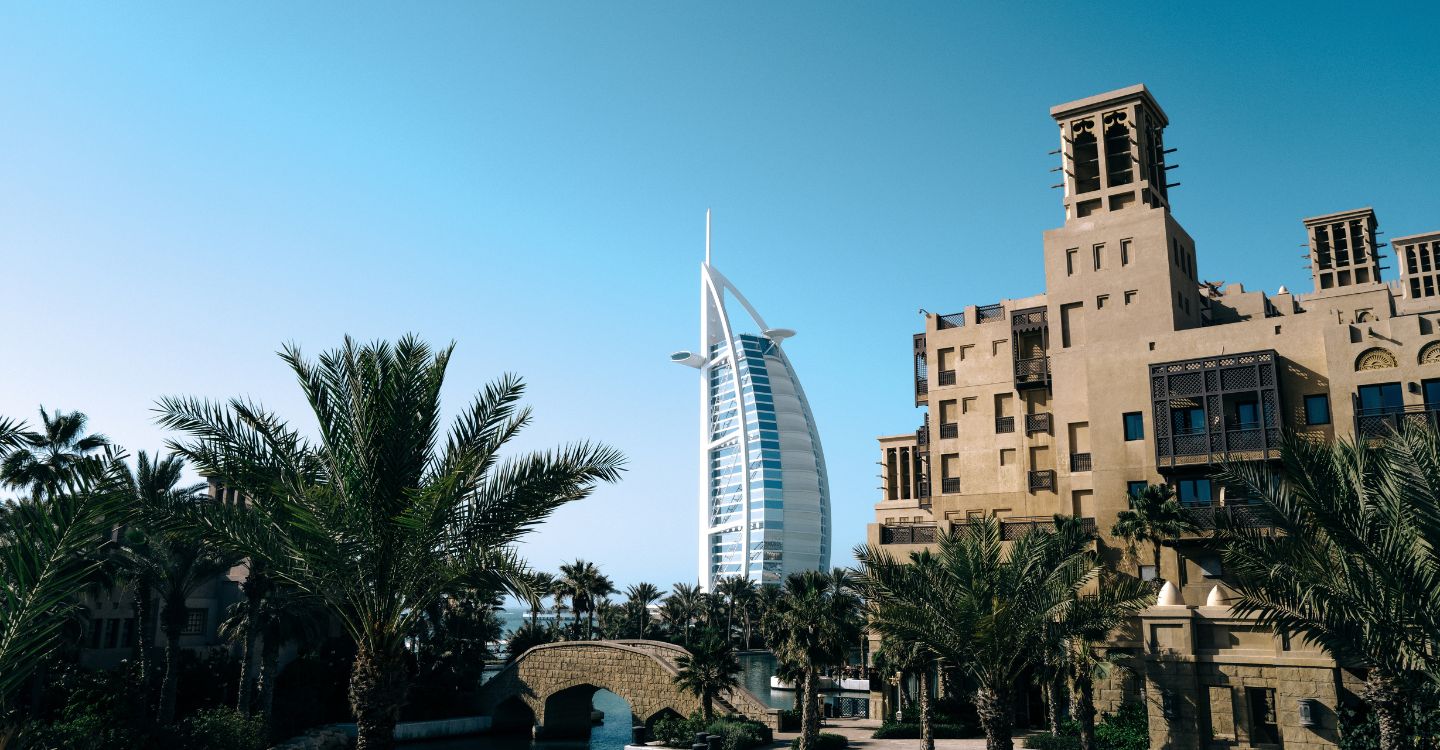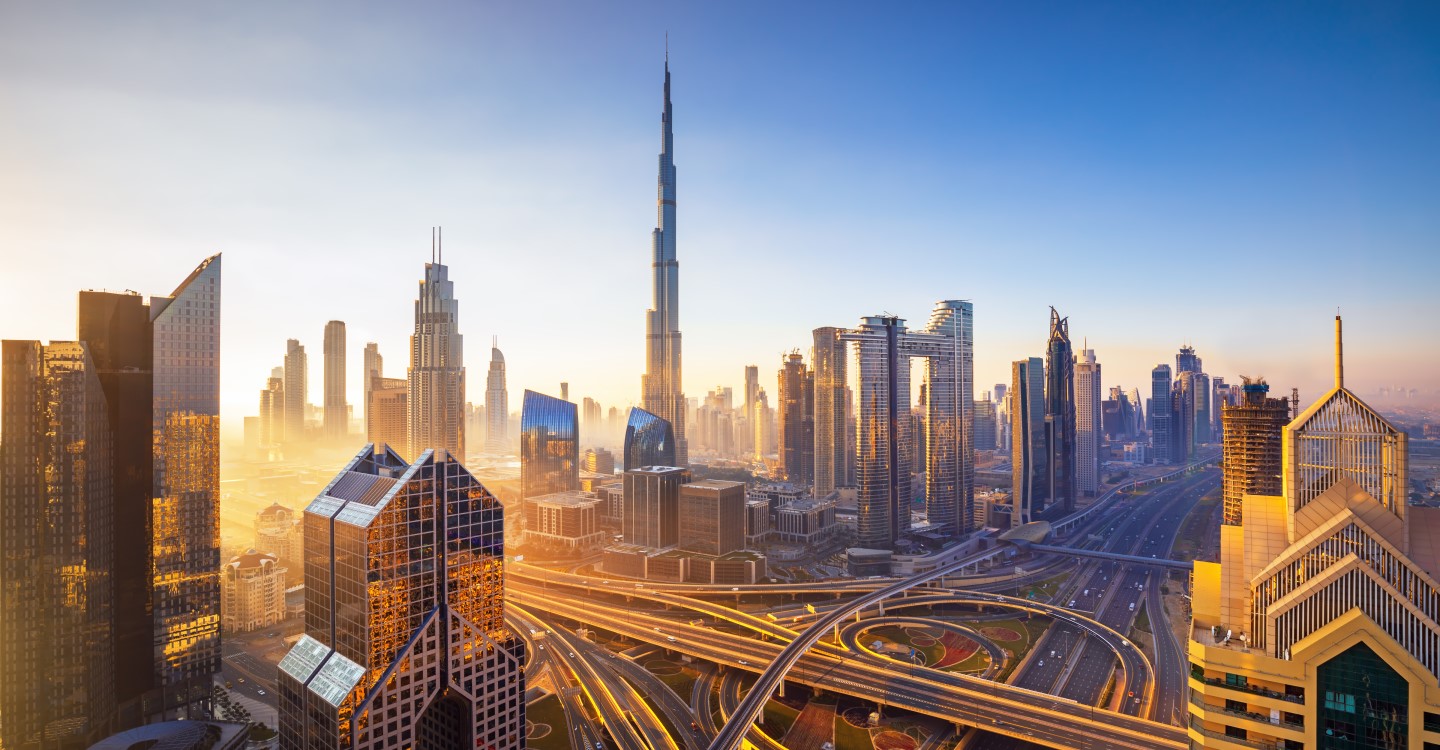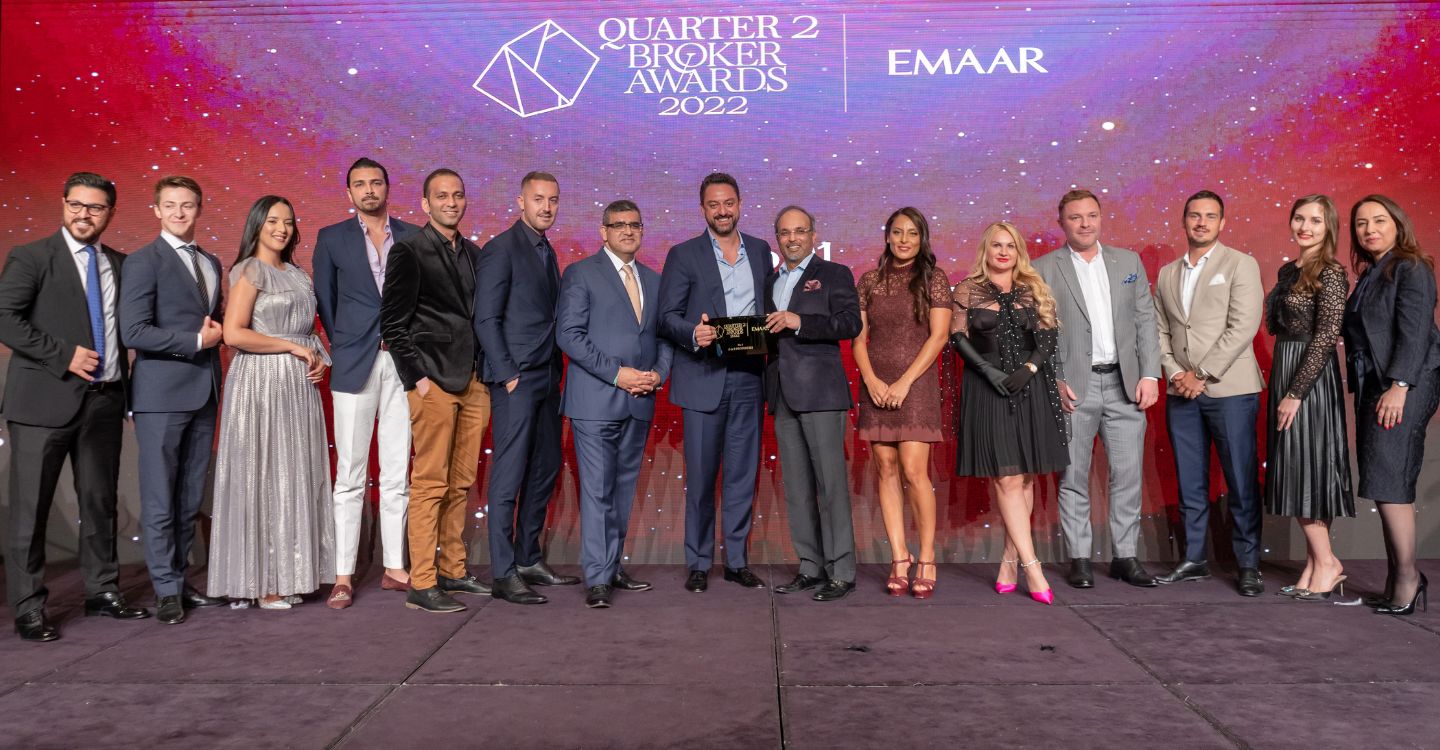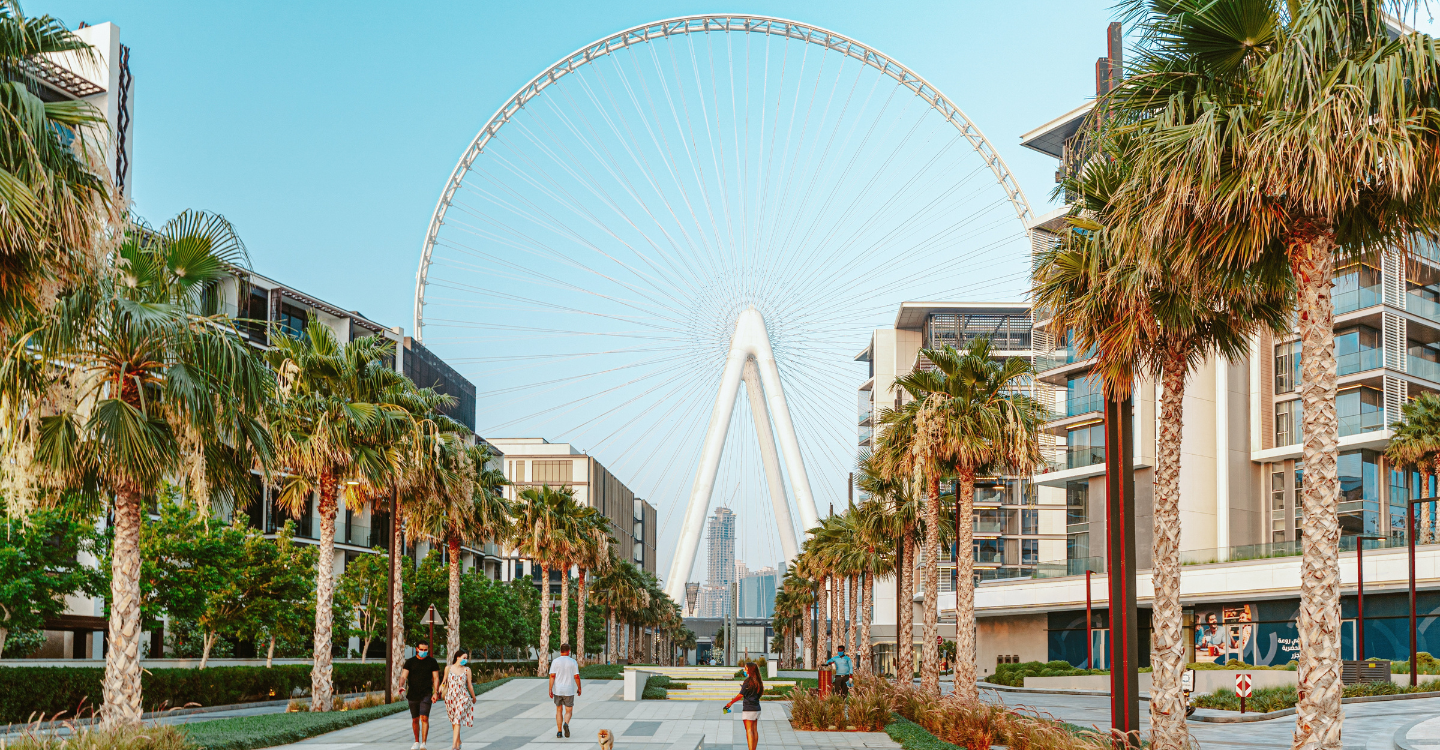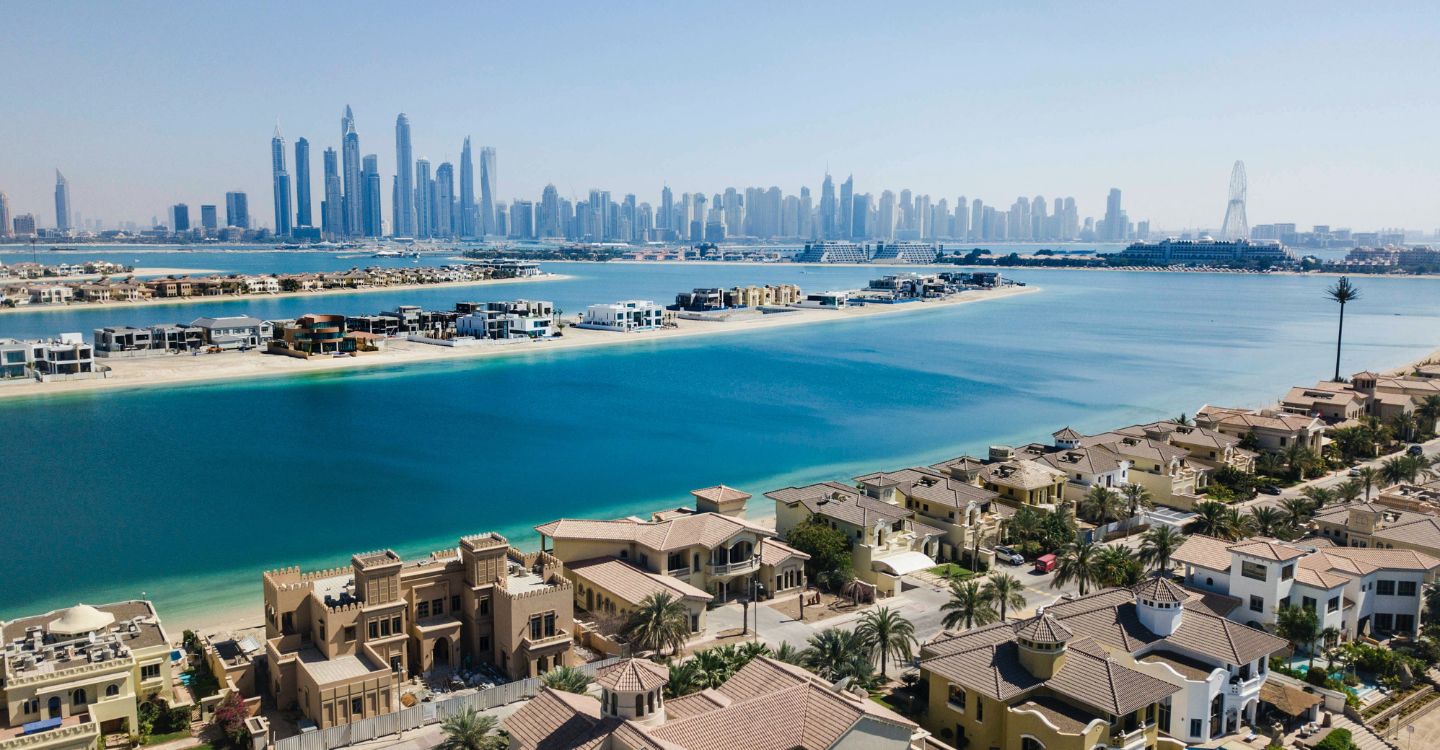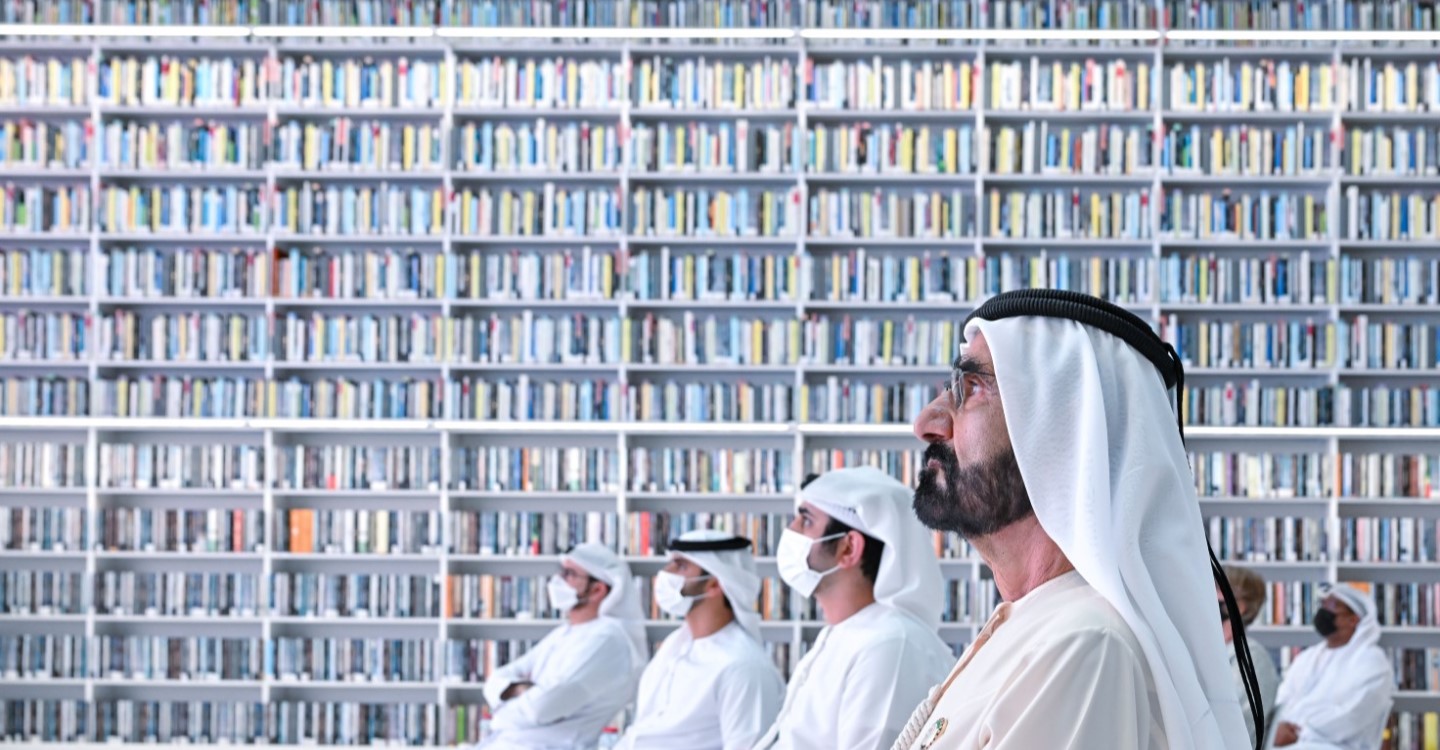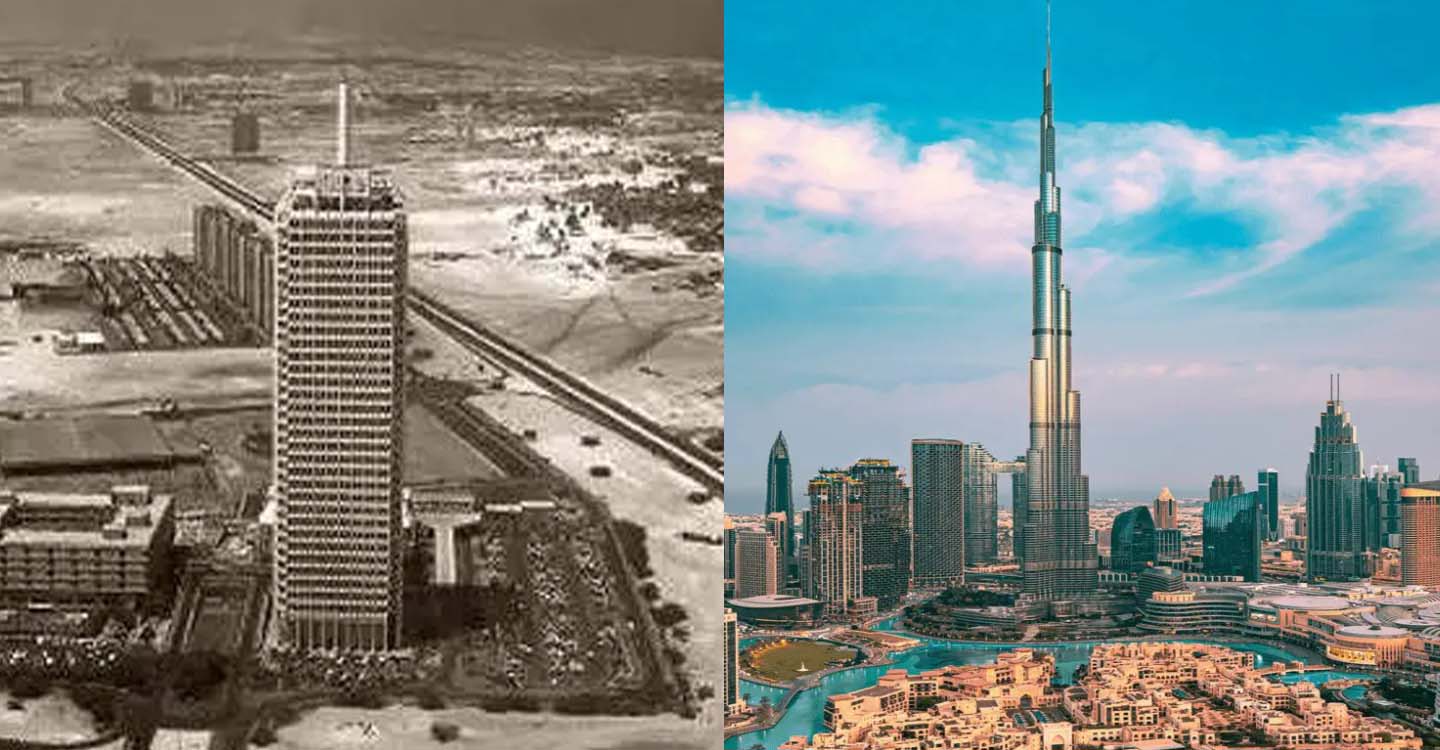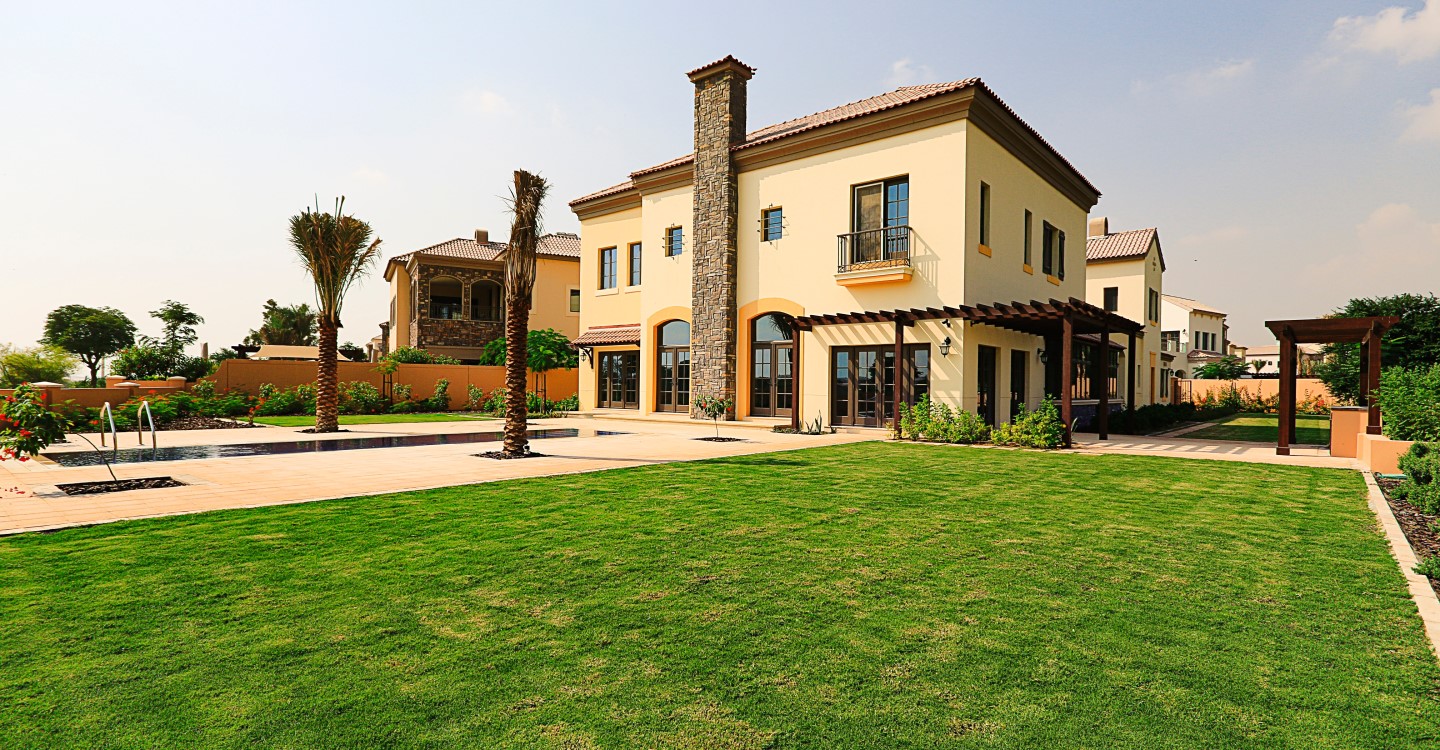
The real estate market in Dubai is well known for its vibrancy and constantly changing environment. A number of significant legislative and policy changes are anticipated to influence real estate transactions, investment plans, and market expansion in 2025. In addition to having an impact on investors and property purchasers, these developments provide developers and other industry professionals with important information they can use to maintain their competitiveness. This is a thorough analysis of the major legislative changes that will affect Dubai's real estate market in 2025.
1. Stronger Regulations on Off-Plan Sales
Dubai’s off-plan market has long been a cornerstone of its real estate boom. In 2025, authorities are tightening regulations to bolster buyer protection and ensure greater transparency in property transactions. A major policy change in Dubai’s Real Estate Policies is the requirement for developers to deposit a more substantial percentage of project funds into escrow accounts. This move seeks to ensure that developers have sufficient funds to complete their projects on time, minimizing the risk of delays or cancellations. This enhanced security is expected to boost investor confidence, as it addresses one of the key concerns in off-plan investments.
Alongside financial measures, Dubai’s Real Estate Policies are introducing stricter reporting and transparency rules for developers. Regular updates on construction progress must now be provided, offering buyers real-time information on the status of their investments. Developers who fail to meet these requirements will face substantial penalties, ensuring a more reliable and predictable market. These measures aim to provide greater protection for buyers and contribute to the long-term stability of Dubai’s real estate market.
2. New Residency Visa Incentives for Property Investors
One of the most notable policy changes in 2025 is the expansion of residency visa programs aimed at attracting long-term real estate investors. Dubai has become an attractive destination for global investors, and the government is seeking to further solidify this position by offering new incentives under Dubai’s Real Estate Policies.
Property investors who buy a property for AED 1 million or more will be eligible for a 10-year resident visa under the updated regulations. The Golden Visa, which was previously exclusively accessible to individuals making significant real estate investments, now has a lower threshold thanks to this action. Additionally, many more investors are now eligible for residency thanks to the inclusion of fractional property ownership in the qualifying requirements.
The process for obtaining these visas has also been simplified, with reduced paperwork and faster processing times. These initiatives are expected to increase demand in the real estate market, particularly from high-net-worth individuals who are looking to make long-term investments in Dubai’s property sector. With these changes, Dubai’s real estate market is poised to attract a new wave of international investors, making it even more competitive under Dubai’s Real Estate Policies.
3. Sustainability and Green Building Mandates
Dubai is increasingly prioritizing sustainability, and 2025 will see the introduction of stringent regulations requiring new buildings to comply with eco-friendly standards. Developers will be obligated to incorporate energy-efficient technologies and water conservation systems into their projects, in line with Dubai’s Real Estate Policies. Additionally, sustainable construction practices will be incentivized with reduced registration fees and extended payment plans. This shift toward greener buildings aligns with Dubai’s broader vision of achieving carbon neutrality by 2050.
The government is also introducing subsidies and tax incentives for property owners who retrofit older buildings with eco-friendly technologies. These upgrades may include solar panels, smart water systems, and advanced insulation materials. The green retrofitting initiative aims to reduce the overall carbon footprint of Dubai’s real estate sector and ensure that sustainability becomes a central focus in both new and existing developments. These changes reflect Dubai’s commitment to environmental stewardship and are expected to attract environmentally-conscious investors under Dubai’s Real Estate Policies.
4. Enhanced Regulations for Short-Term Rentals
With the growth of platforms like Airbnb, short-term rental properties have become increasingly popular in Dubai. In response to this growing trend, Dubai’s Real Estate Policies are introducing new regulations to ensure that short-term rental businesses adhere to safety, tax, and community guidelines. The aim is to strike a balance between benefiting from tourism-driven revenue and protecting local communities.
To distinguish between private property owners and larger rental operators, a tiered licensing structure has been put in place. The Dubai Department of Economy and Tourism (DET) now requires individual landlords to register and adhere to strict quality and pricing requirements. These rules guarantee that short-term rental establishments are kept up properly and offer visitors excellent service.
Additionally, Dubai’s Real Estate Policies have introduced revised taxation policies for short-term rental income, aligning them with international norms. This regulatory overhaul ensures that short-term rentals contribute fairly to Dubai’s economy while maintaining the city’s reputation as a safe and desirable tourist destination.
5. Digital Transformation in Real Estate Transactions
Dubai continues to lead the way in digital innovation, and 2025 will see even more significant technological advances in real estate transactions. The Dubai Land Department (DLD) has made considerable strides in streamlining property dealings by introducing blockchain-based title deed verification and artificial intelligence (AI) valuation tools. These advancements are part of Dubai’s Real Estate Policies designed to modernize the property market.
Reducing paperwork, speeding up transaction procedures, and improving transparency are all anticipated benefits of integrating these technology. Property transactions can now be completed fully online by buyers and sellers, doing away with the requirement to physically visit government offices. Additionally, smart contracts will contribute to safe, unchangeable contracts, which will increase the market's overall effectiveness.
These technological advancements are not just about convenience—they also reflect Dubai’s ambition to become a global leader in smart city development. The digitization of real estate processes aligns with Dubai’s broader vision of creating a seamless, transparent, and efficient market for both residents and international investors, and it directly ties into Dubai’s Real Estate Policies.
6. Foreign Ownership Expansion
To attract global investors and promote economic growth, Dubai is expanding the availability of freehold property ownership. In 2025, more areas will be opened up to foreign buyers, offering new opportunities for investment. This policy change is expected to drive demand in previously restricted regions and boost property values in newly designated freehold zones. These changes align with Dubai’s Real Estate Policies, which aim to attract international capital.
In addition to expanding ownership opportunities for individual investors, Dubai’s Real Estate Policies are considering easing restrictions on corporate property ownership. Foreign companies will soon be able to own property in Dubai without the need for local sponsorship, which is expected to attract multinational corporations looking to establish a presence in the region. This change will likely lead to a surge in corporate investment in Dubai’s real estate market, driving further economic development.
7. Affordable Housing Initiatives
Recognizing the importance of providing affordable housing options for residents, Dubai’s Real Estate Policies are introducing new policies aimed at fostering the development of budget-friendly properties. Developers will now be incentivized to include affordable housing units within their projects, with tax breaks and reduced permit fees offered as rewards.
The government is also promoting rent-to-own schemes that make it easier for residents to transition from renting to homeownership. These initiatives allow tenants to gradually build equity in a property while paying rent, eventually enabling them to purchase the home without requiring a large upfront payment. These measures are designed to make homeownership more accessible to middle-income families, addressing a key issue in Dubai’s real estate market. Under Dubai’s Real Estate Policies, affordable housing will become a greater priority.
8. Revised Property Taxation Policies
Dubai has long been recognized for its tax-friendly environment, with few property-related taxes compared to other global markets. However, in 2025, Dubai’s Real Estate Policies are introducing some revisions to property-related levies. Although direct property taxes remain absent, changes to property registration and transfer fees are being implemented.
Under the new policy, luxury properties exceeding a specific threshold will face higher registration fees, while more affordable housing transactions will benefit from reduced costs. These tiered charges are designed to balance the need for government revenue with the desire to keep Dubai’s real estate market attractive to investors across all price points. This approach ensures that luxury investors contribute more while making it easier for middle-class buyers to enter the market under the updated Dubai’s Real Estate Policies.
Conclusion
In 2025, Dubai's real estate market is changing dramatically as a result of rules meant to promote increased market transparency, sustainability, and investor trust. These legislative changes, which range from stricter rules on off-plan sales to increased foreign ownership and the use of cutting-edge technologies, demonstrate the city's dedication to developing a safe, sustainable, and easily accessible real estate market.
For investors, developers, and homeowners, staying informed about these changes in Dubai’s Real Estate Policies is crucial to navigating the evolving market. With stronger protections for buyers, expanded residency incentives, and a greater focus on sustainability, Dubai is positioning itself as a leading global hub for real estate investment. Whether you are looking to invest in a new property or relocate to Dubai, 2025 presents an exciting time to explore opportunities in one of the world’s most vibrant and rapidly growing real estate markets. Staying ahead of the curve and understanding Dubai’s Real Estate Policies will help you maximize your investment potential and take advantage of the city’s continuous growth.


